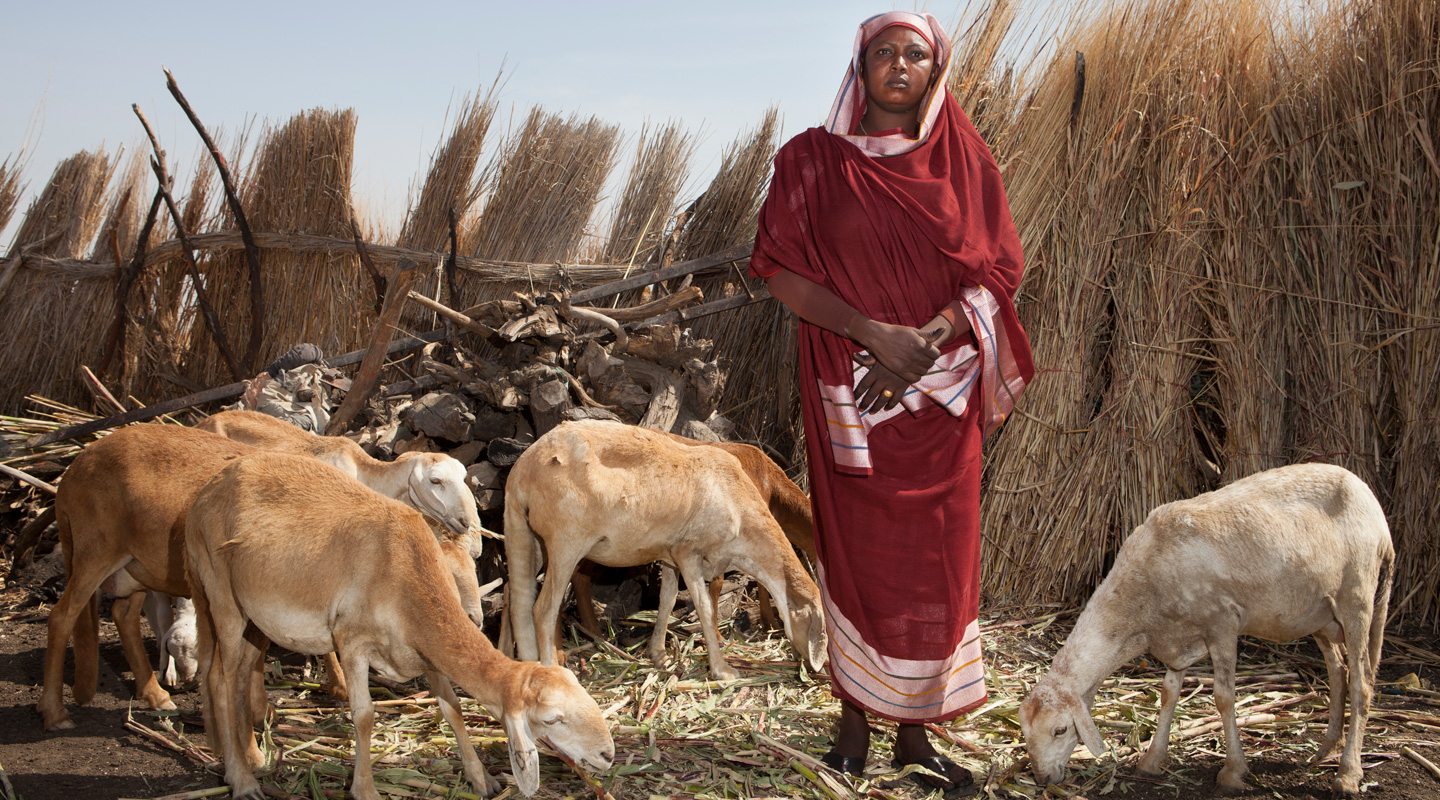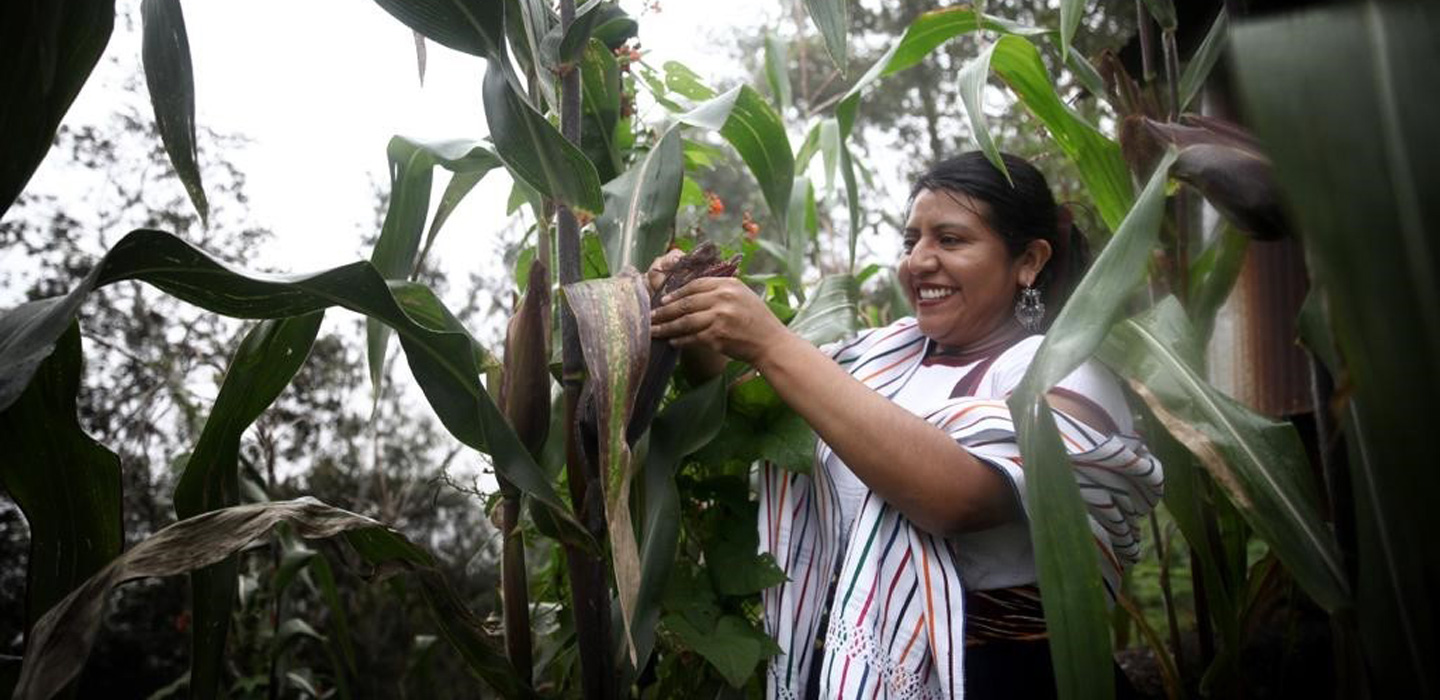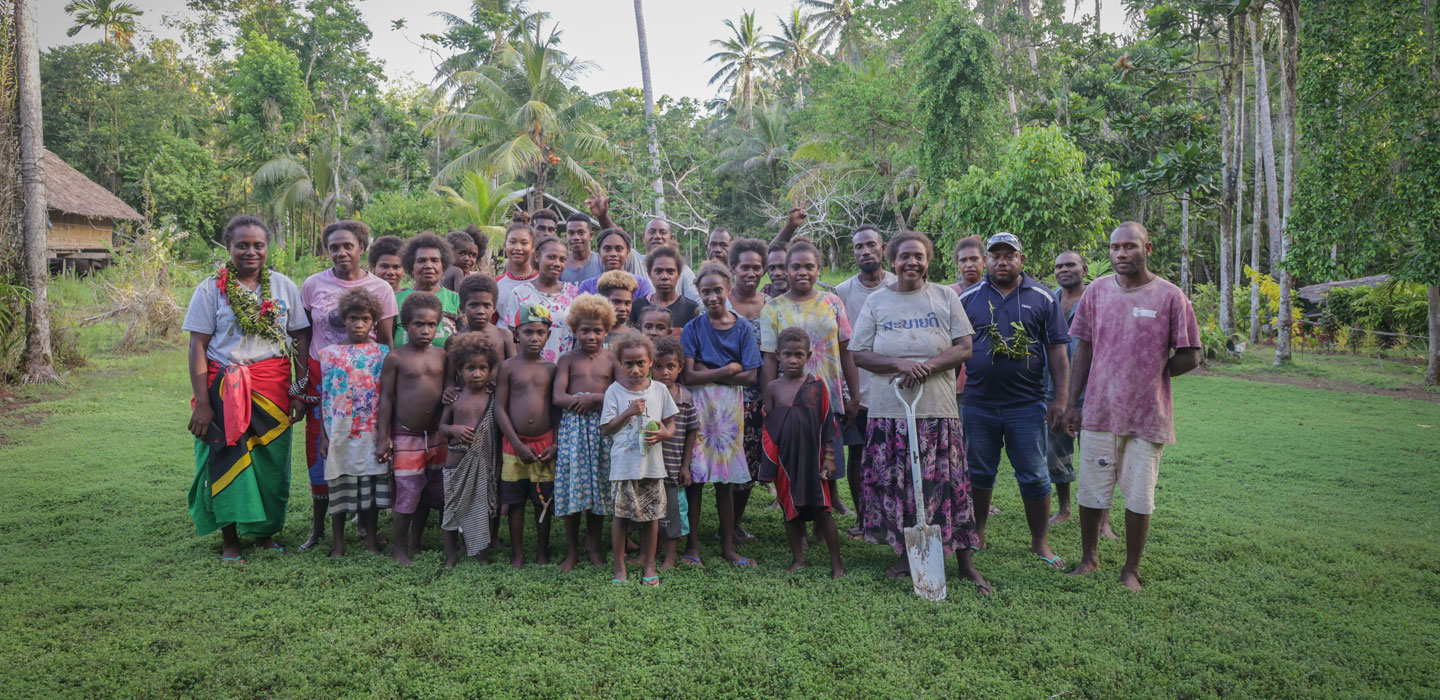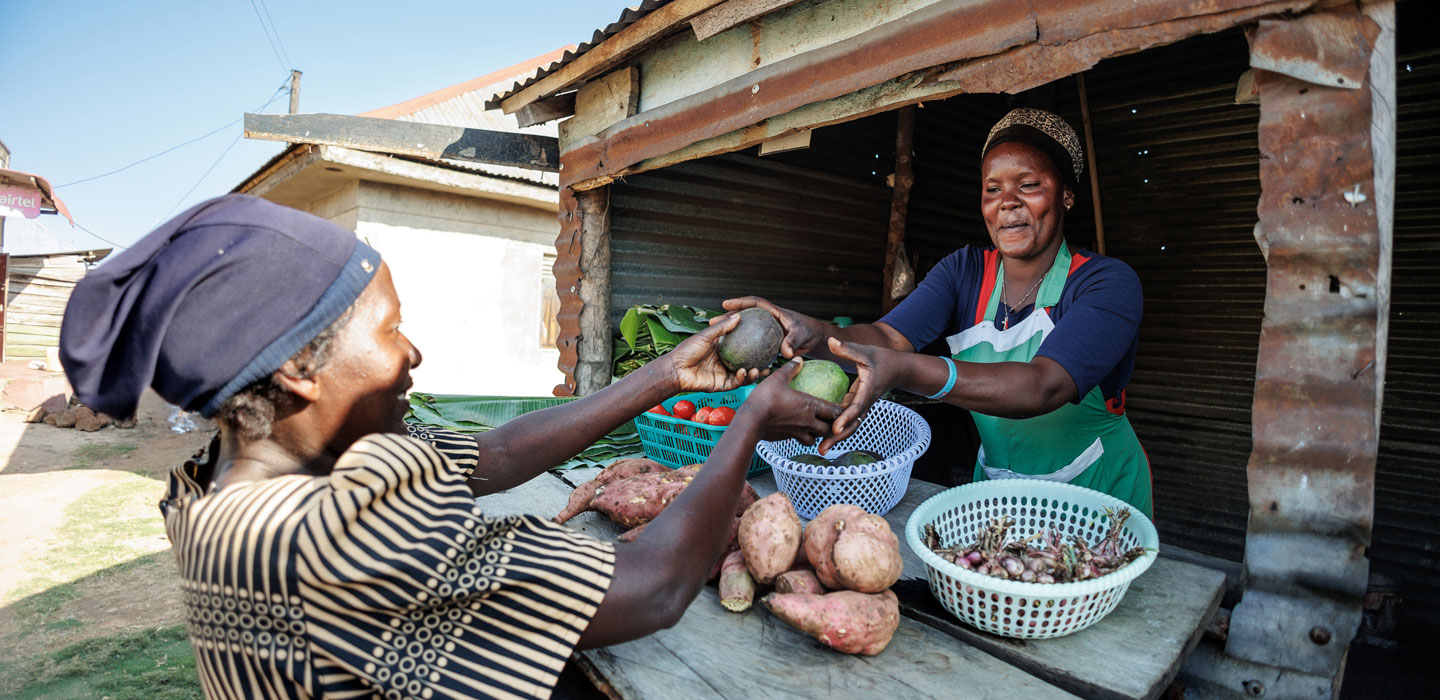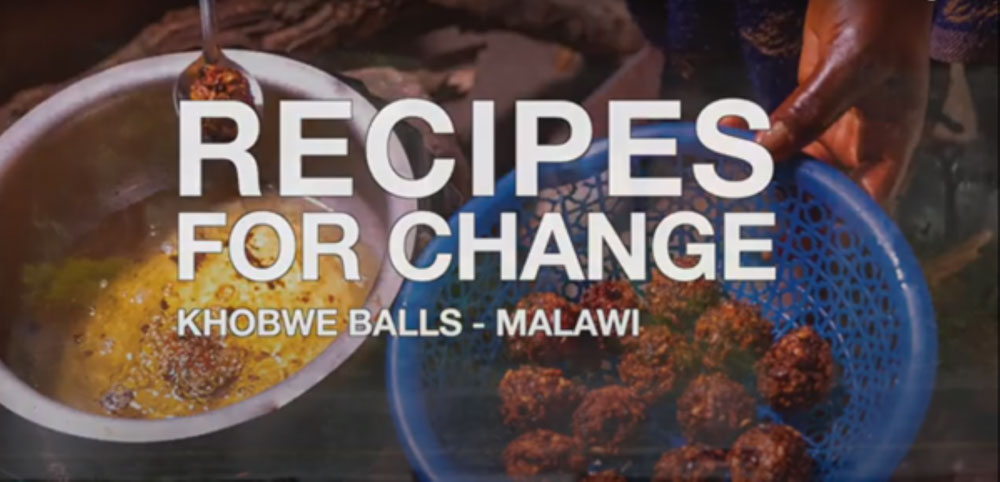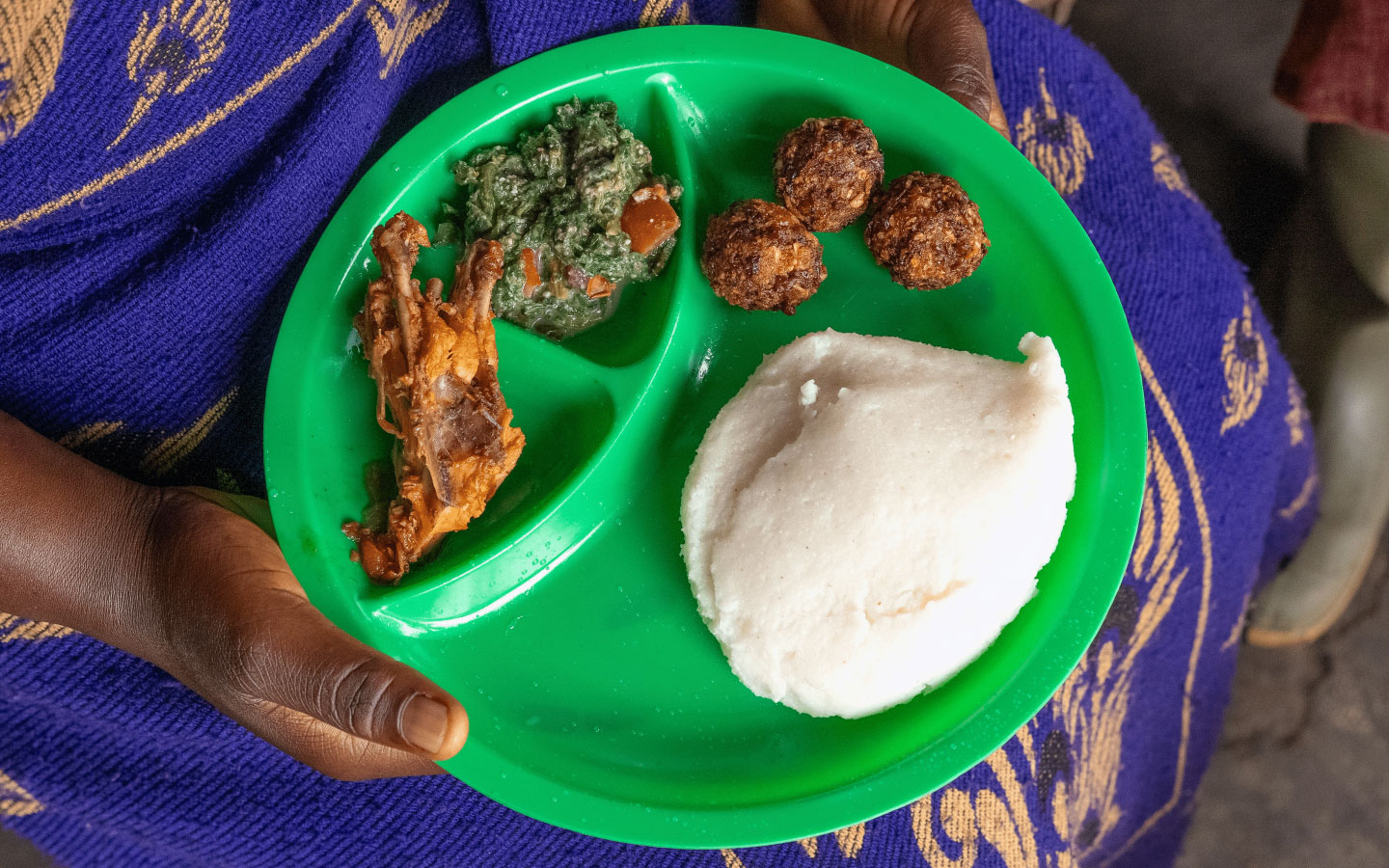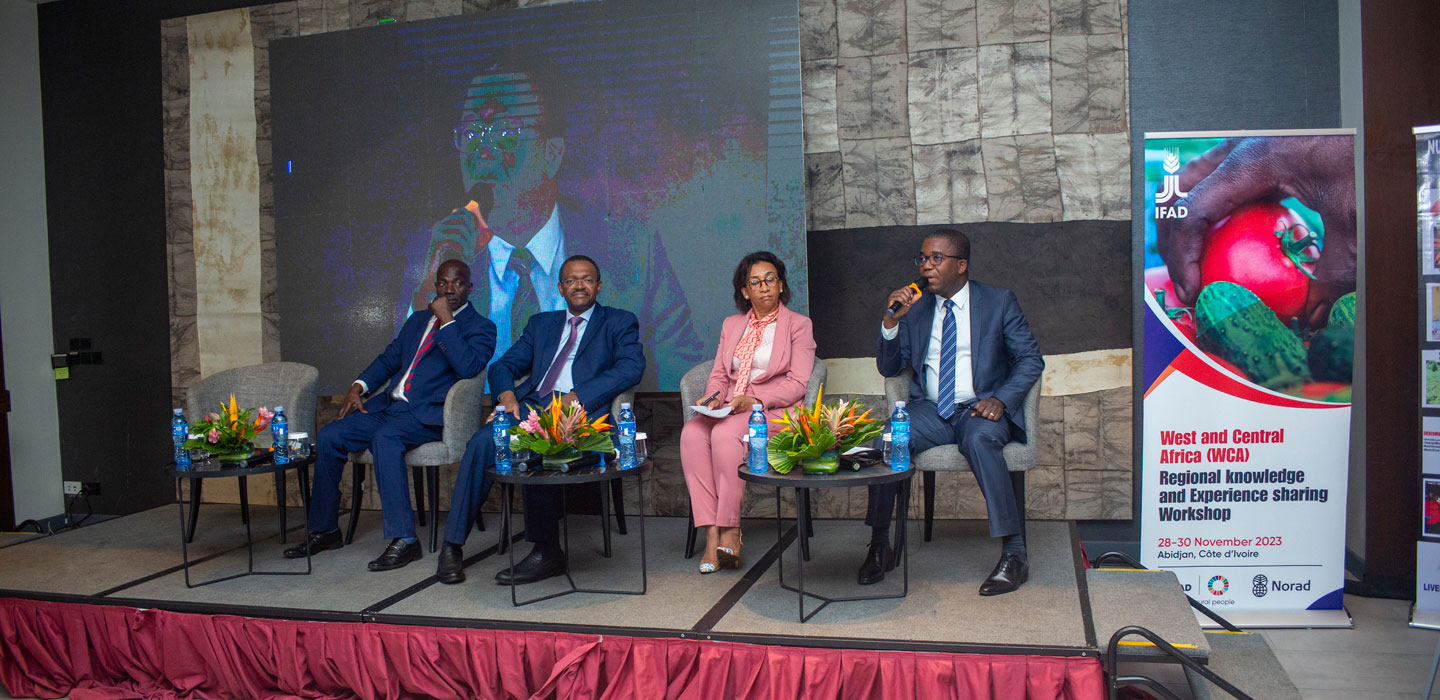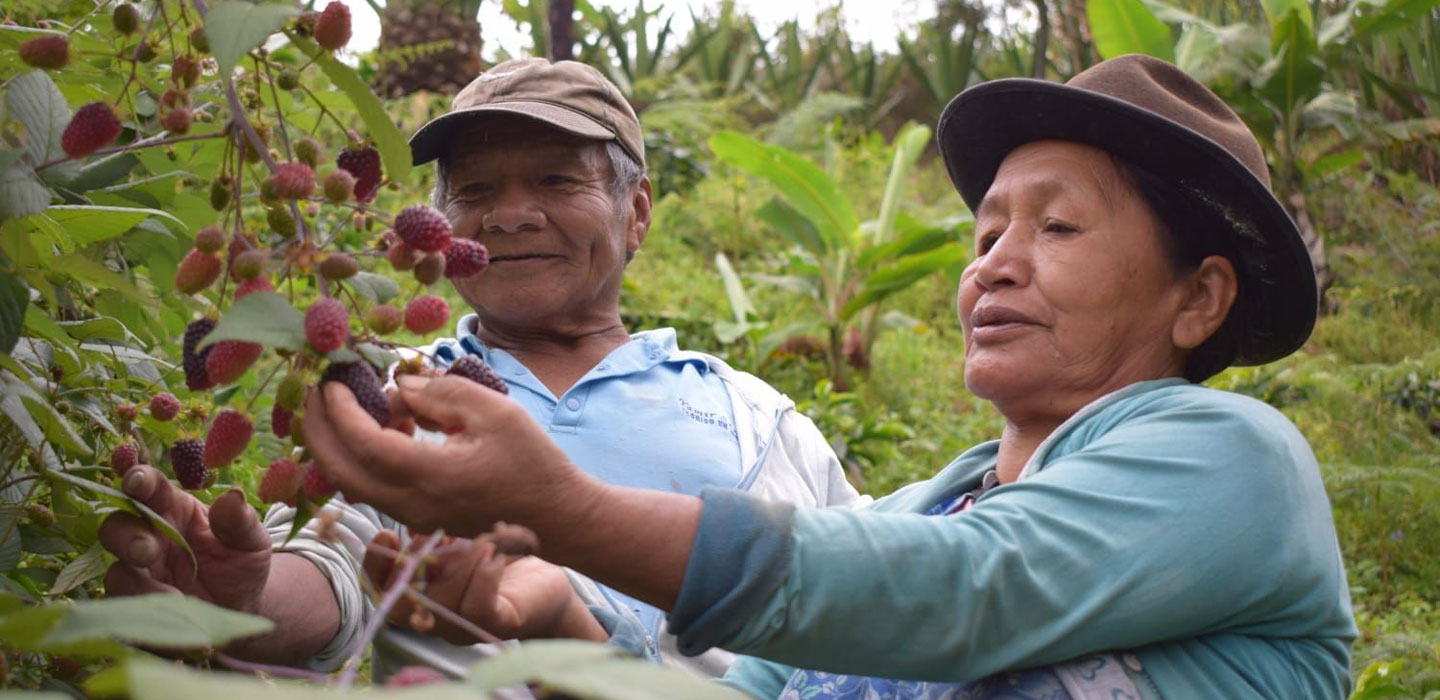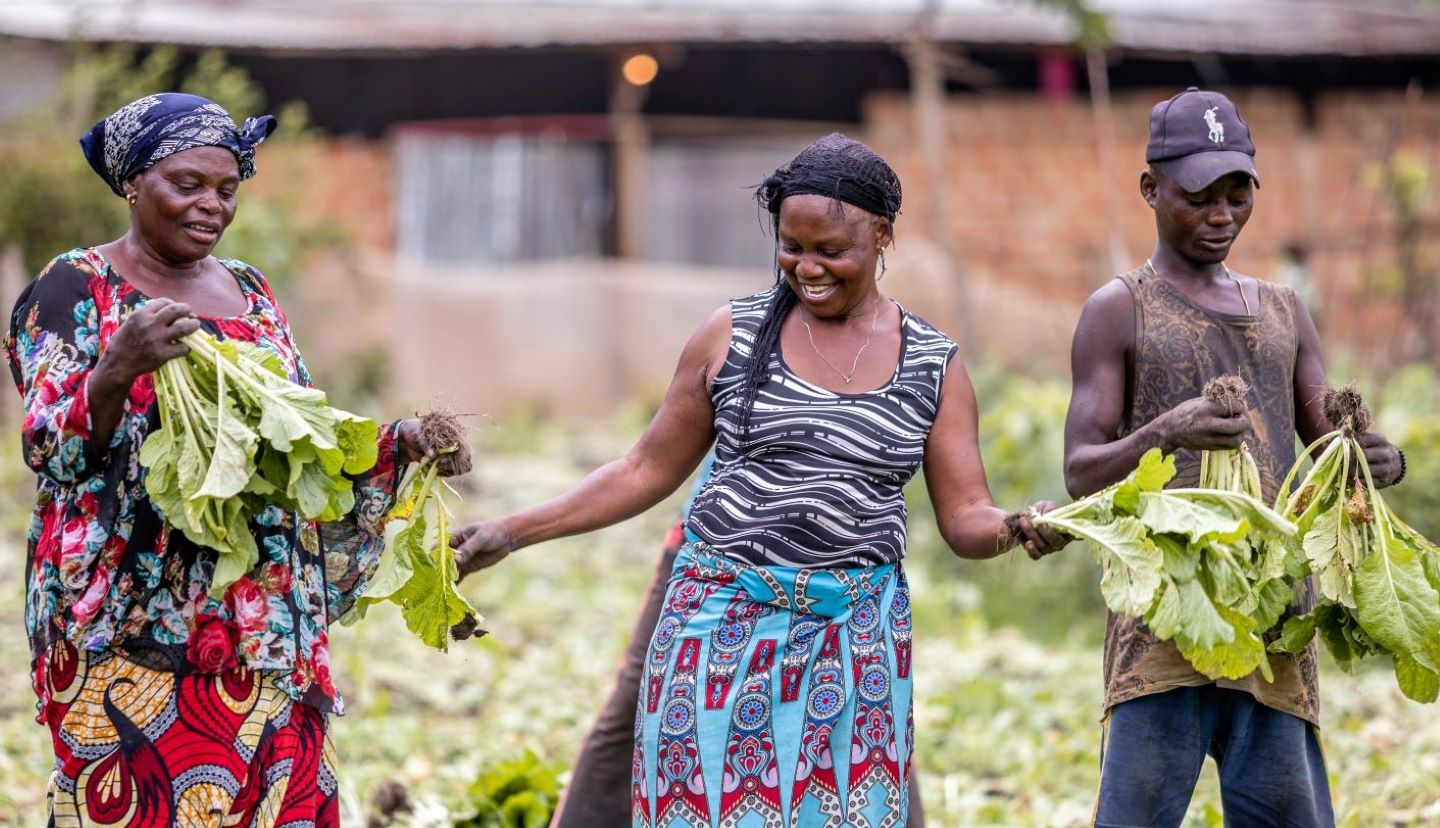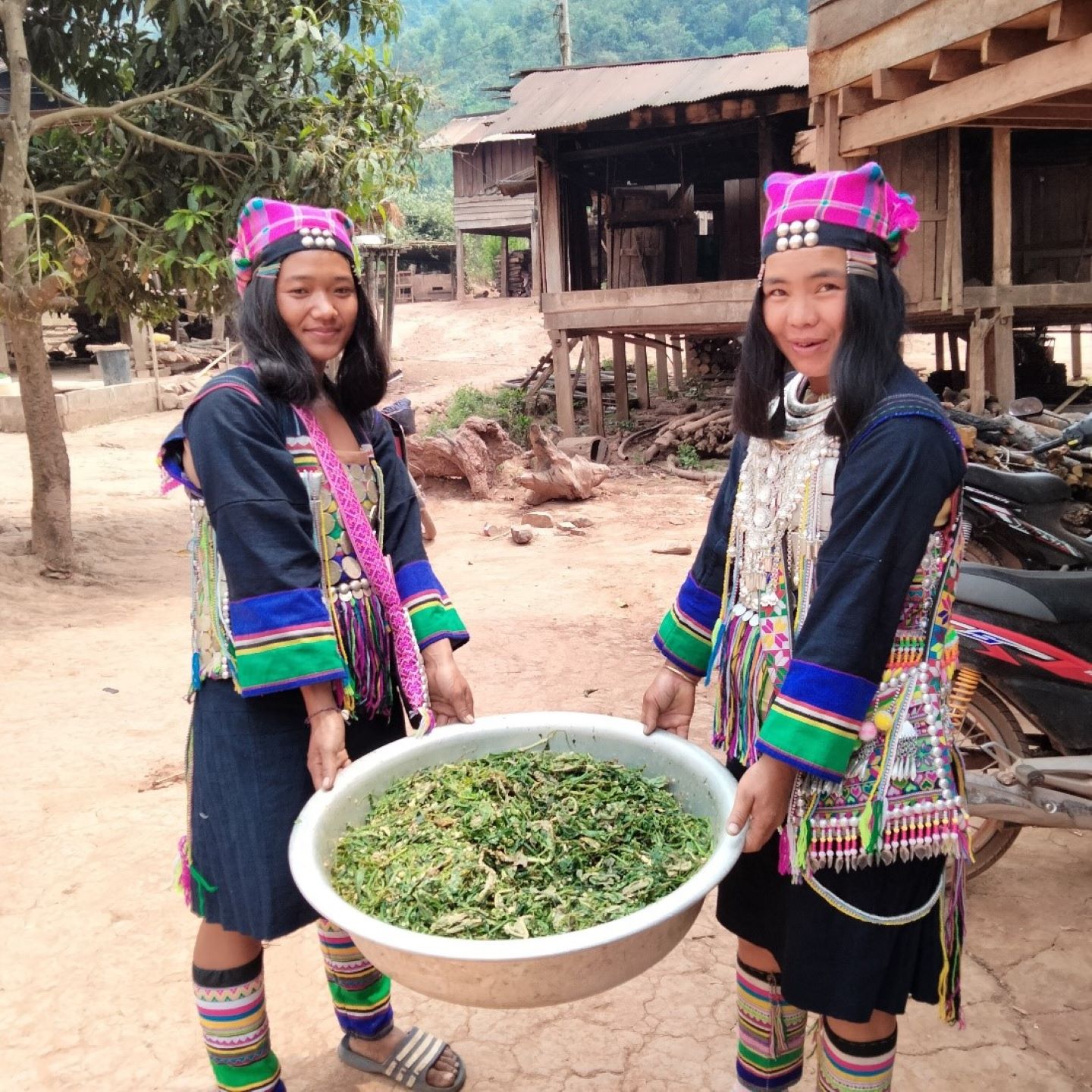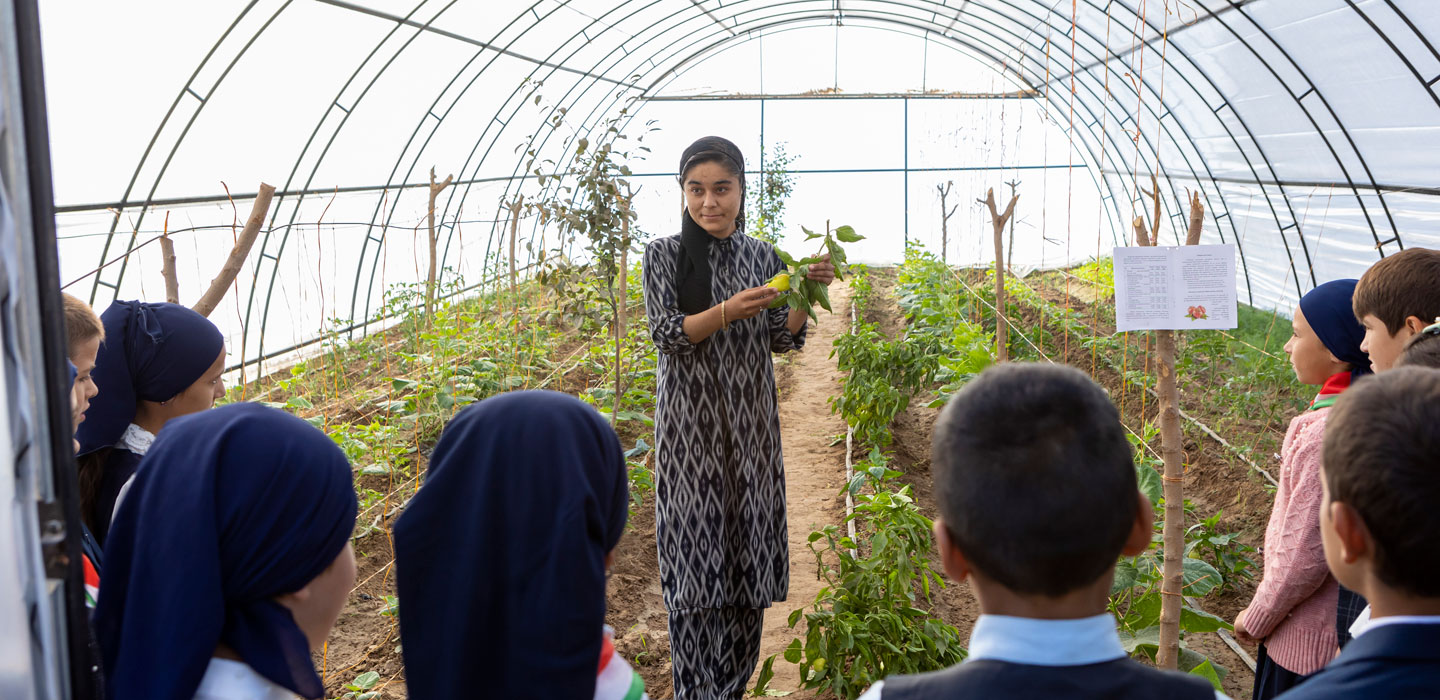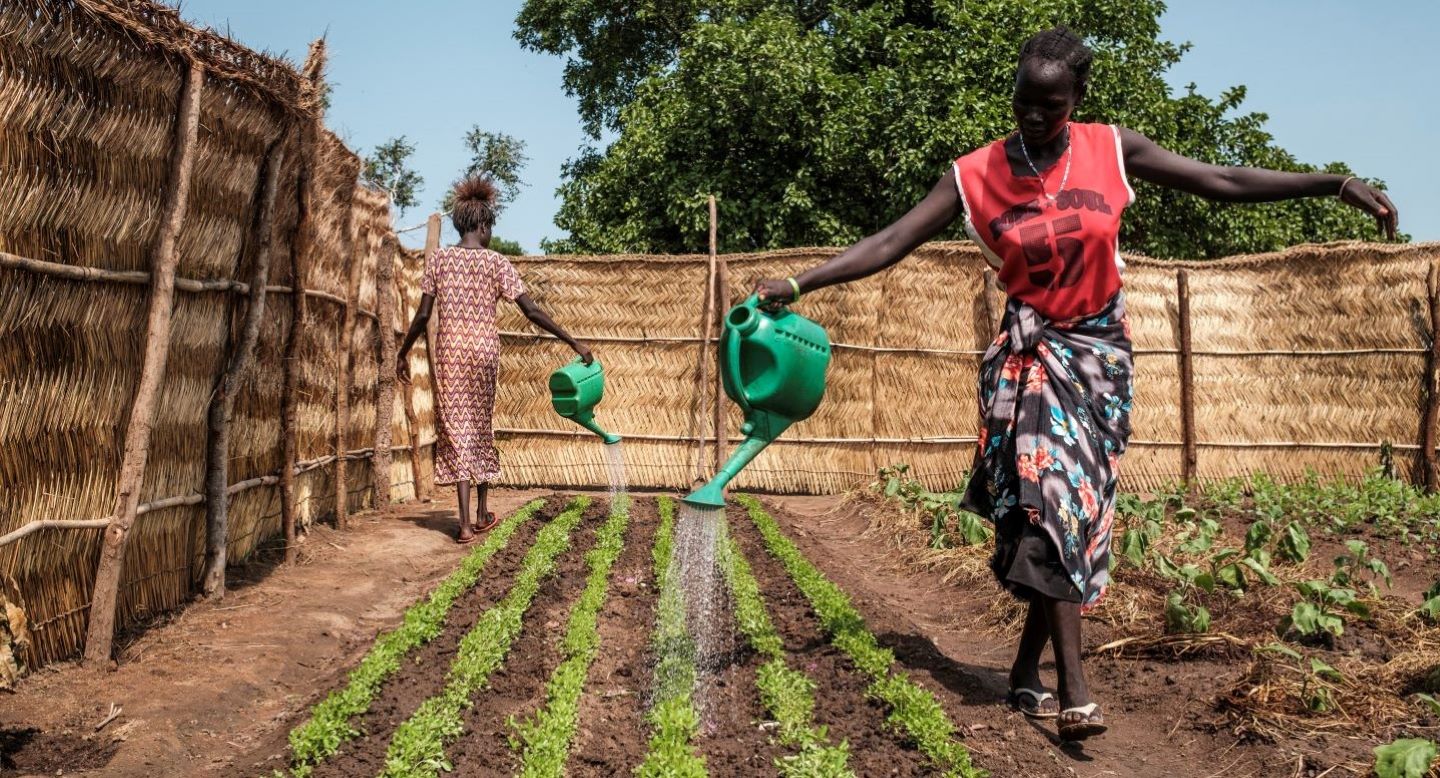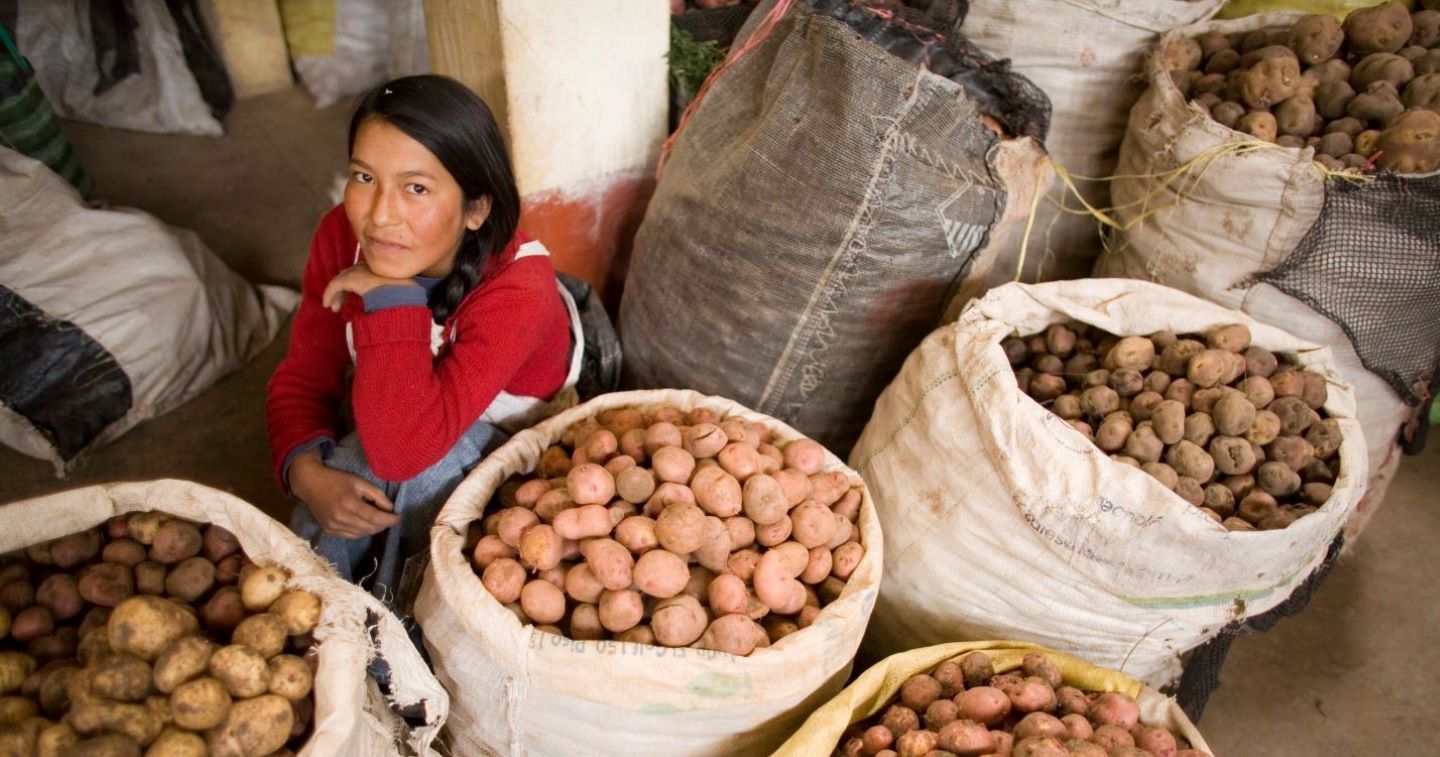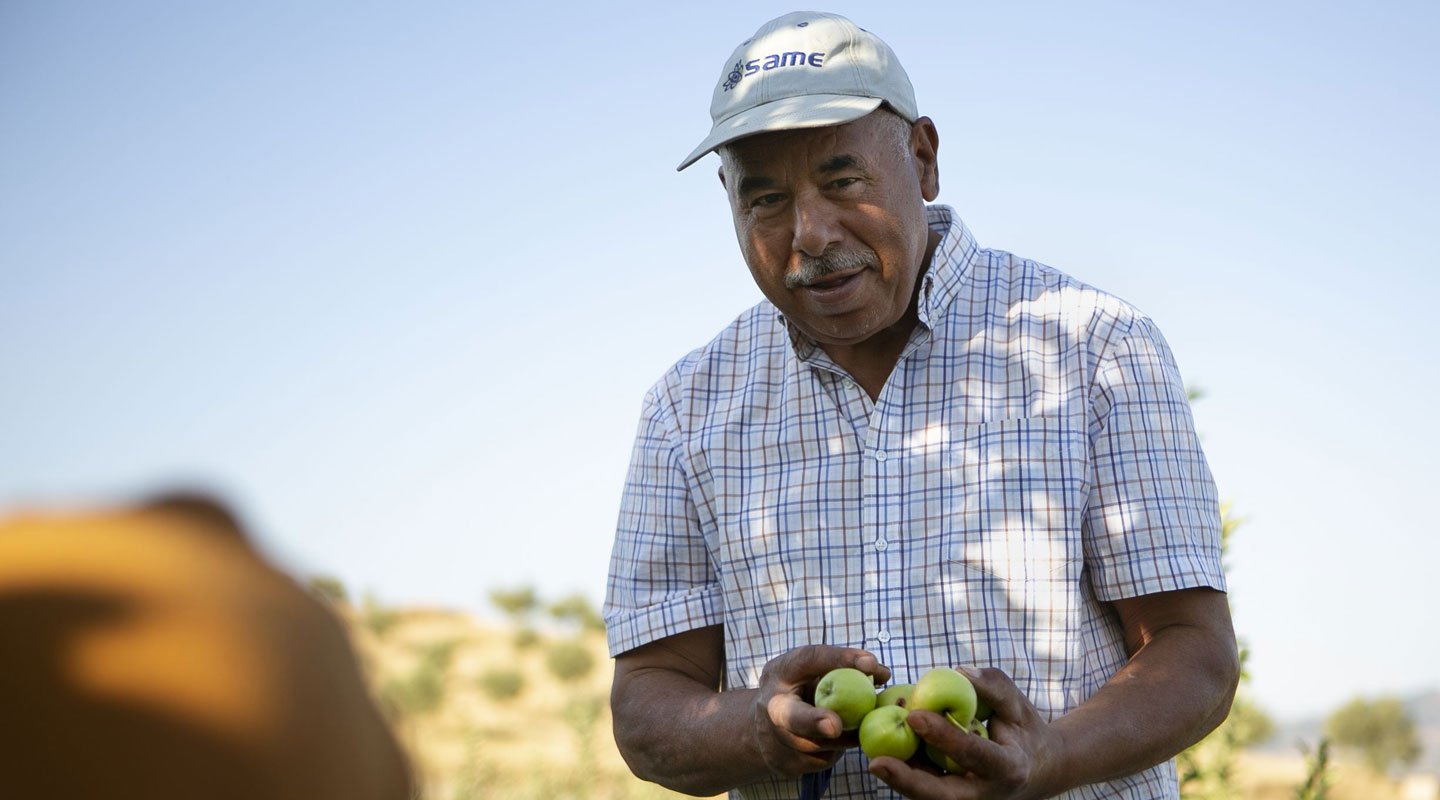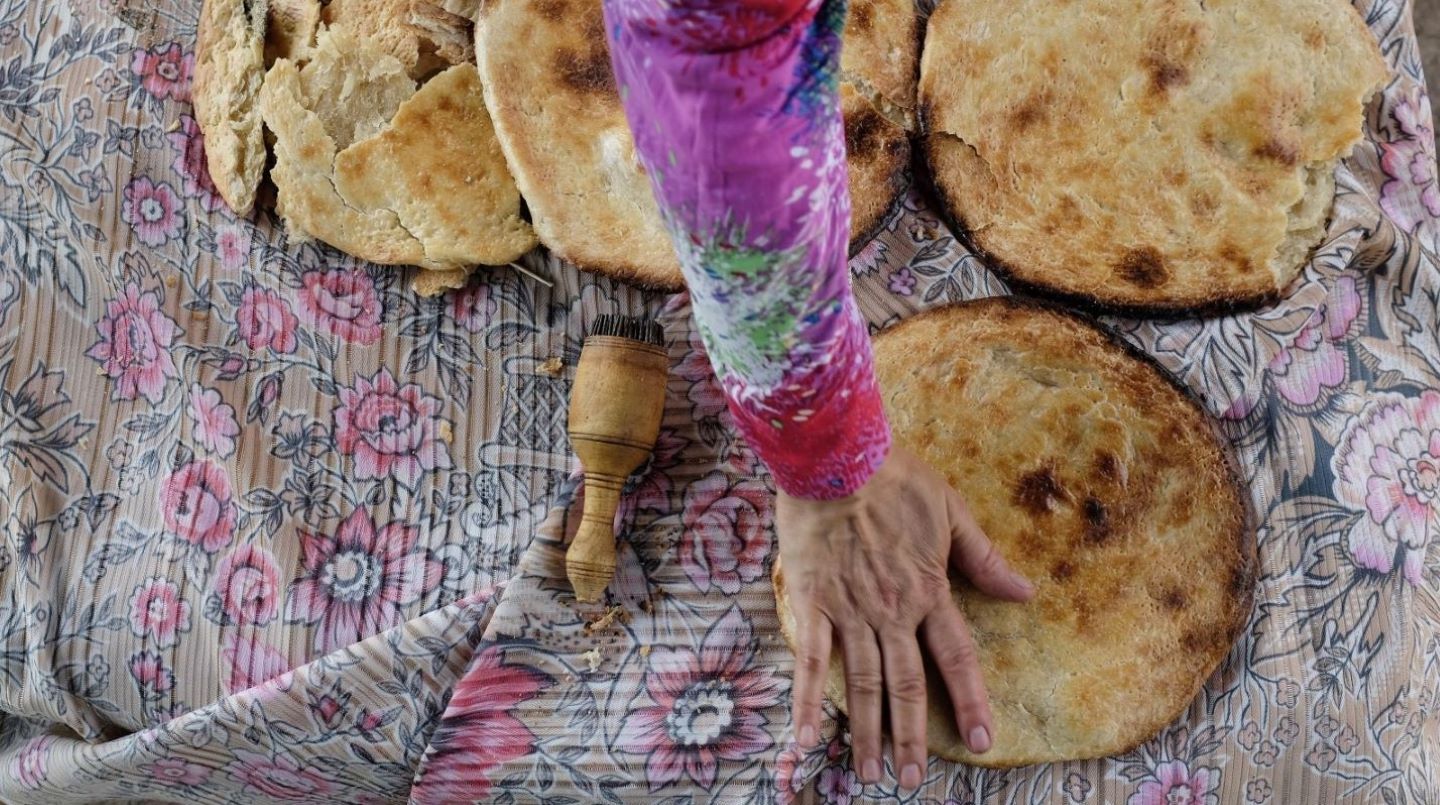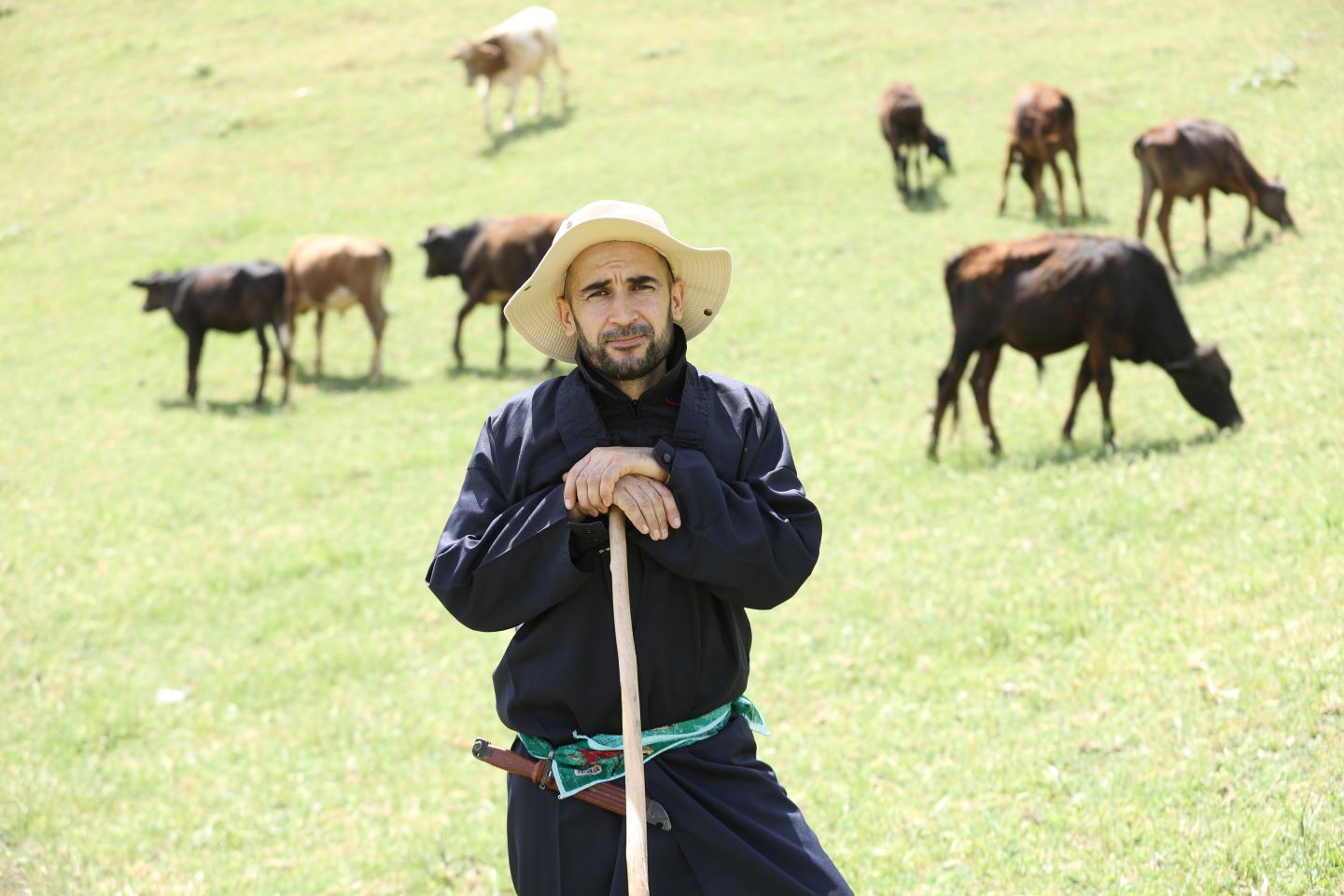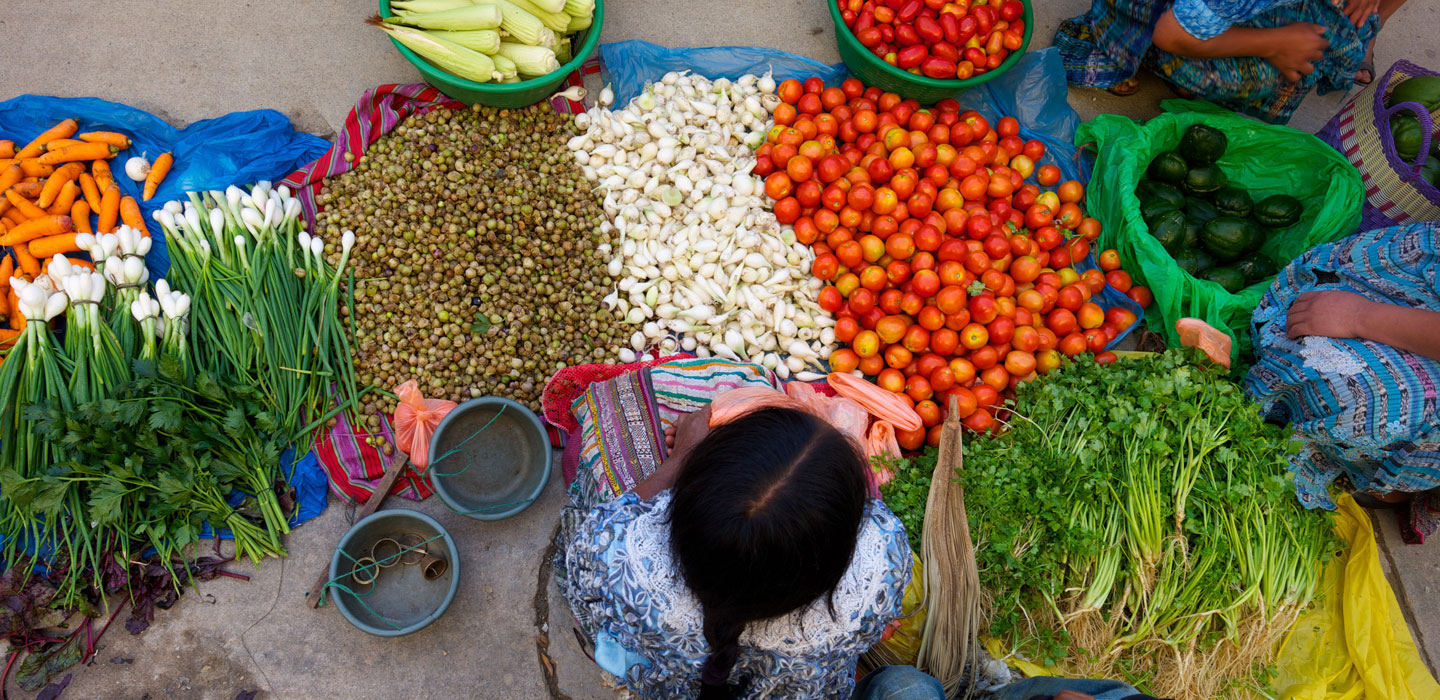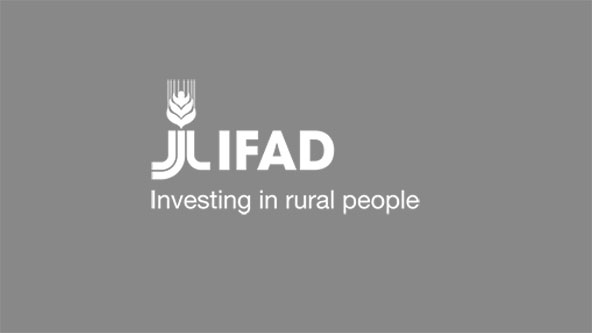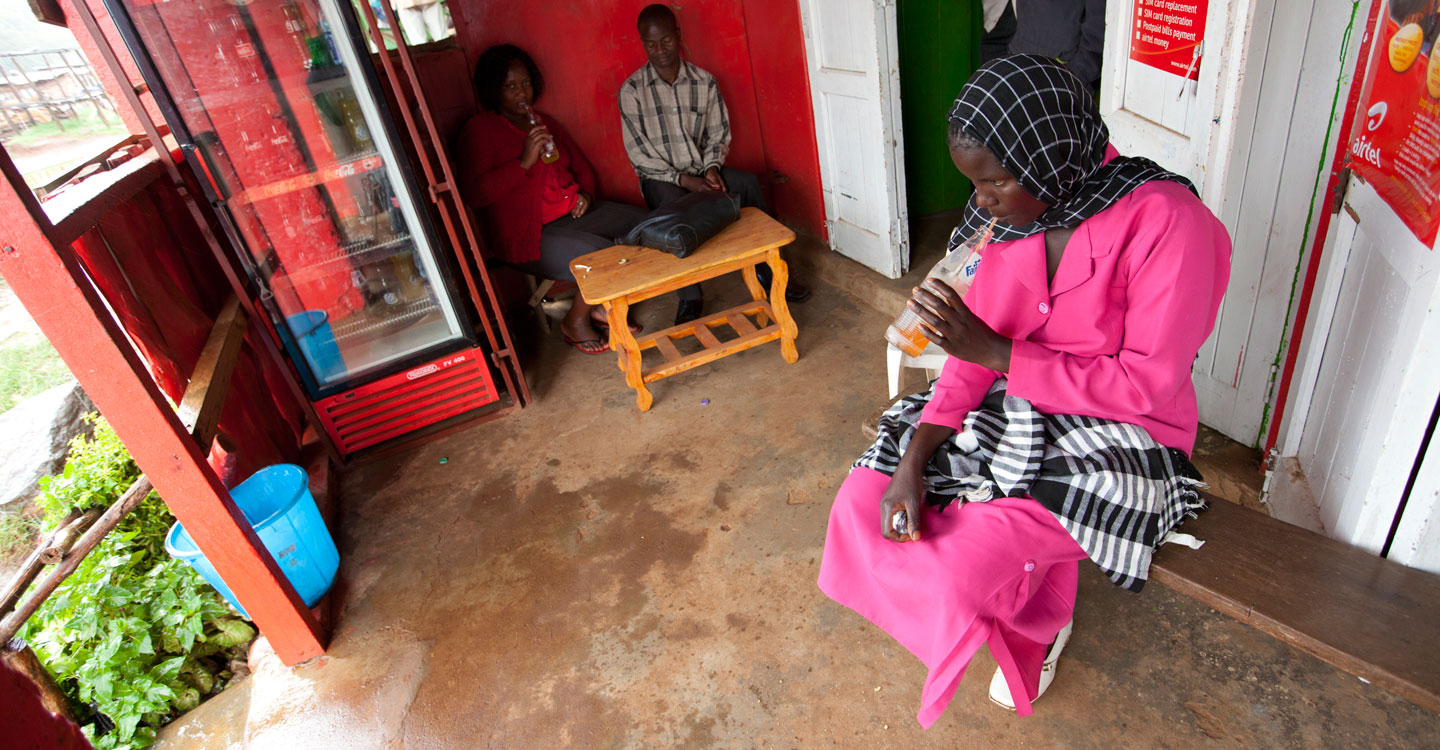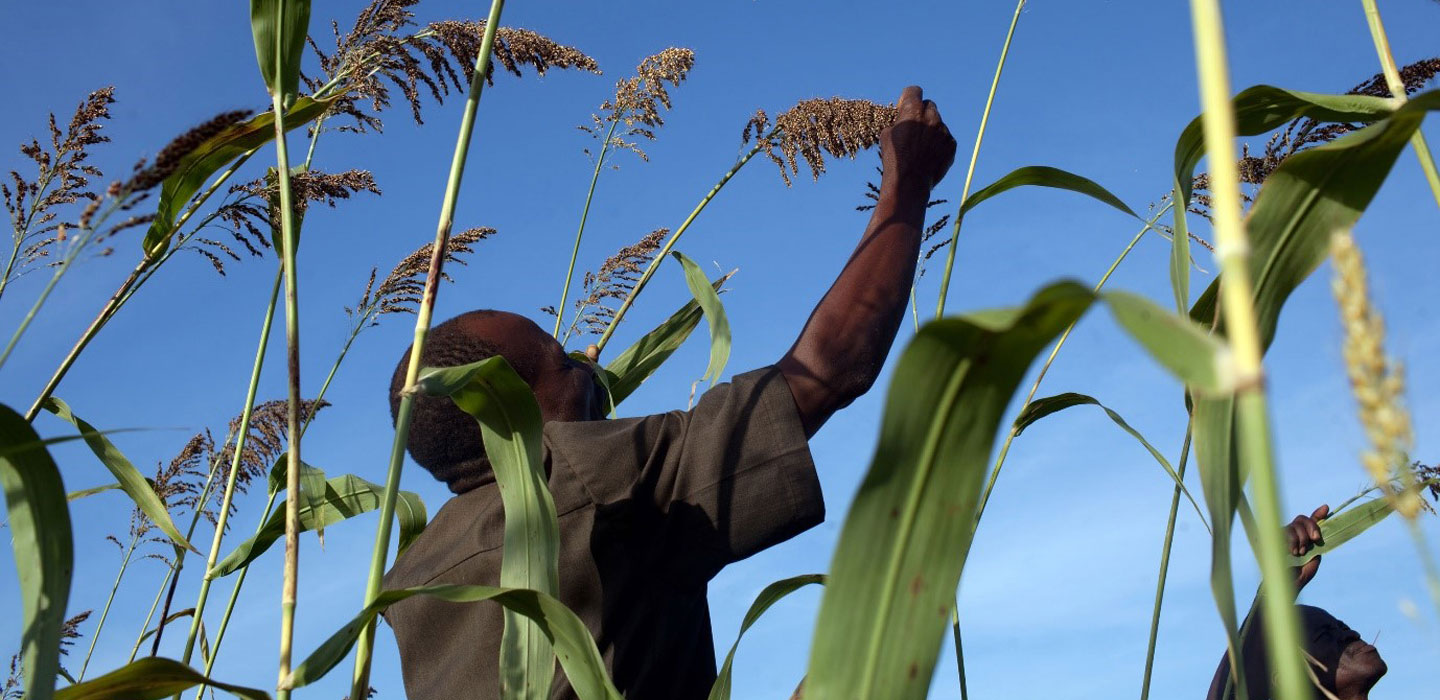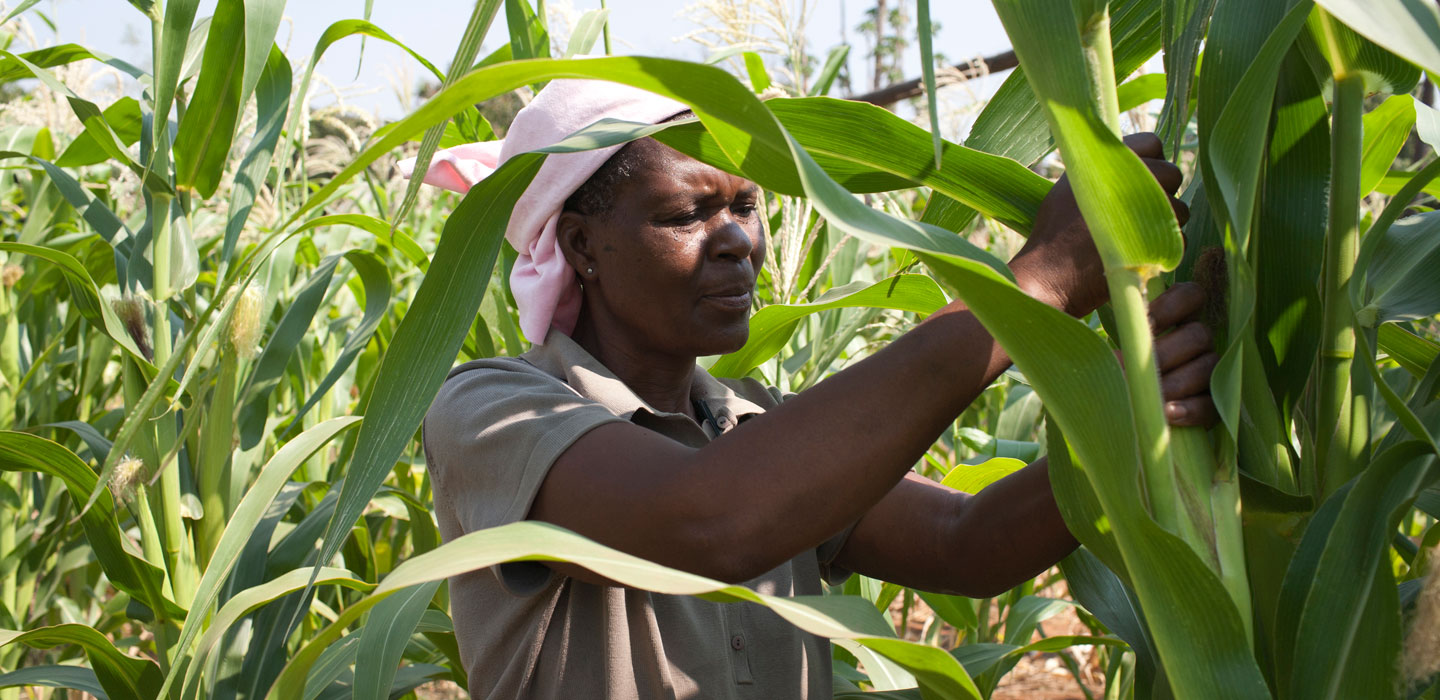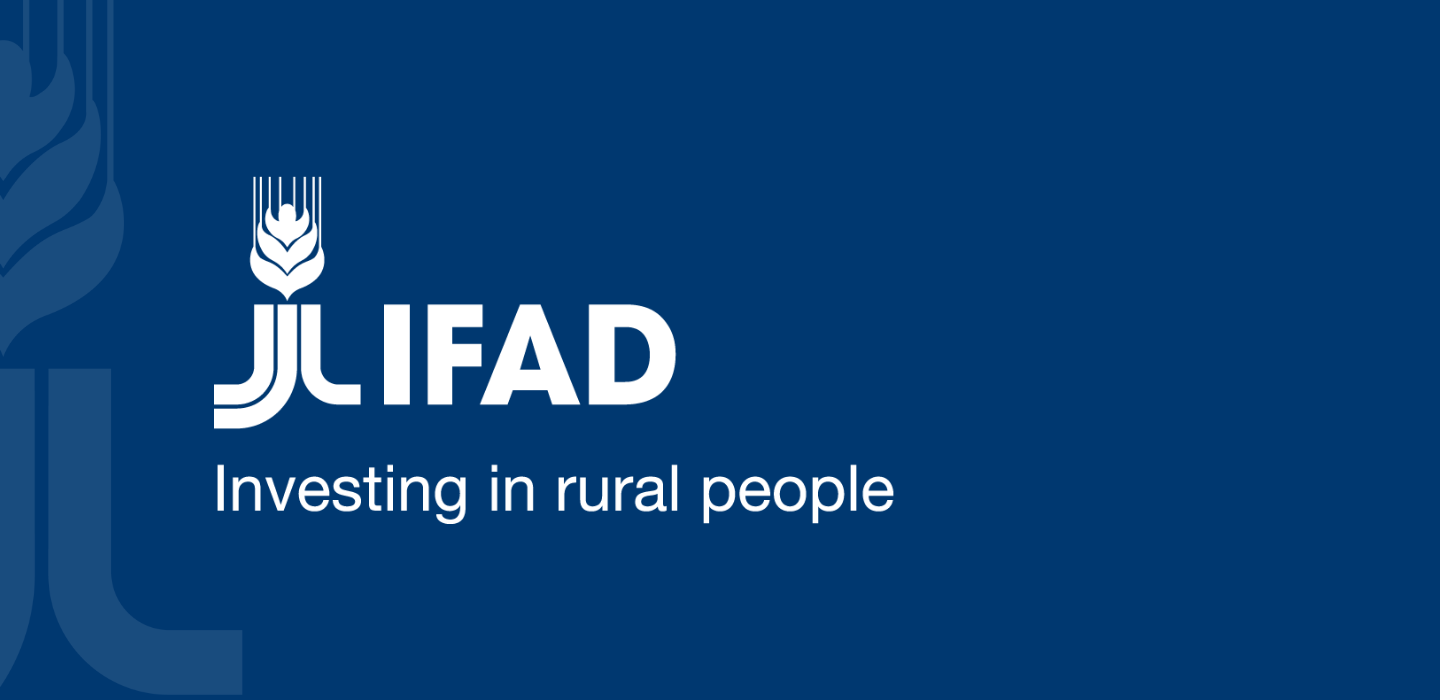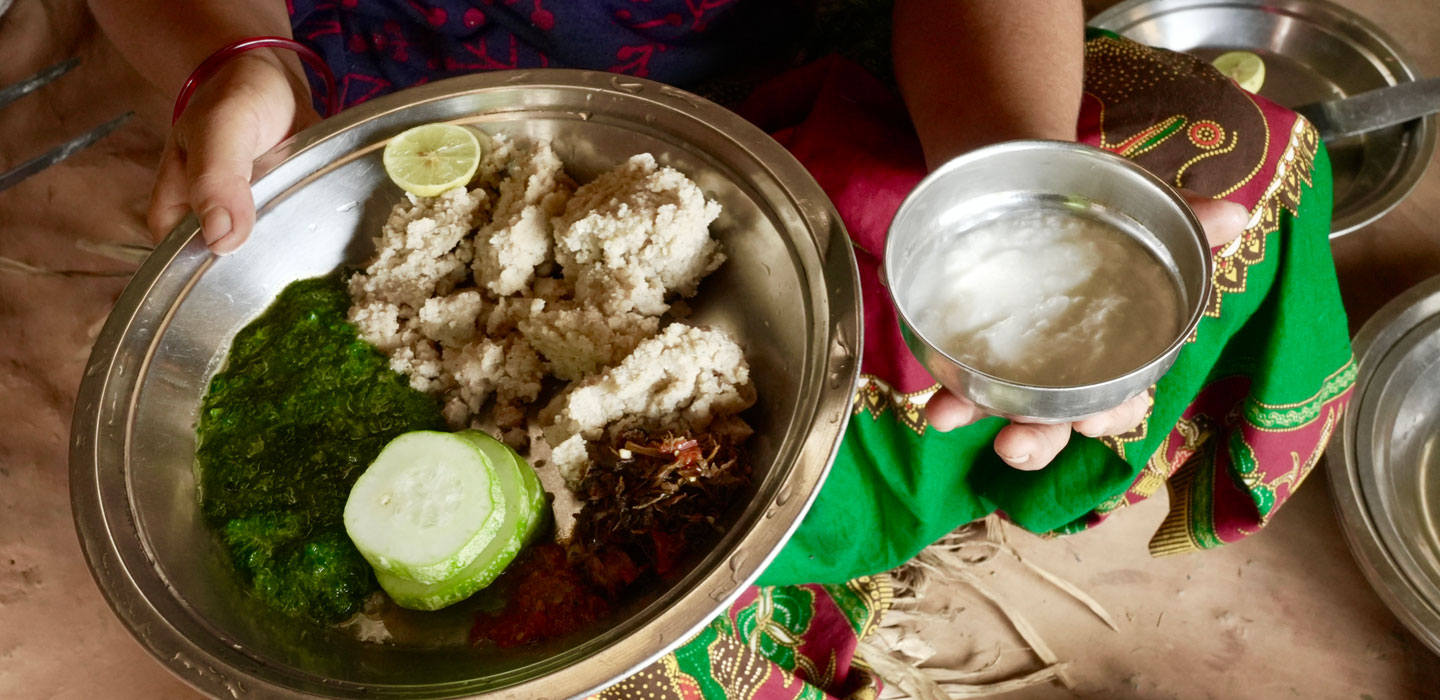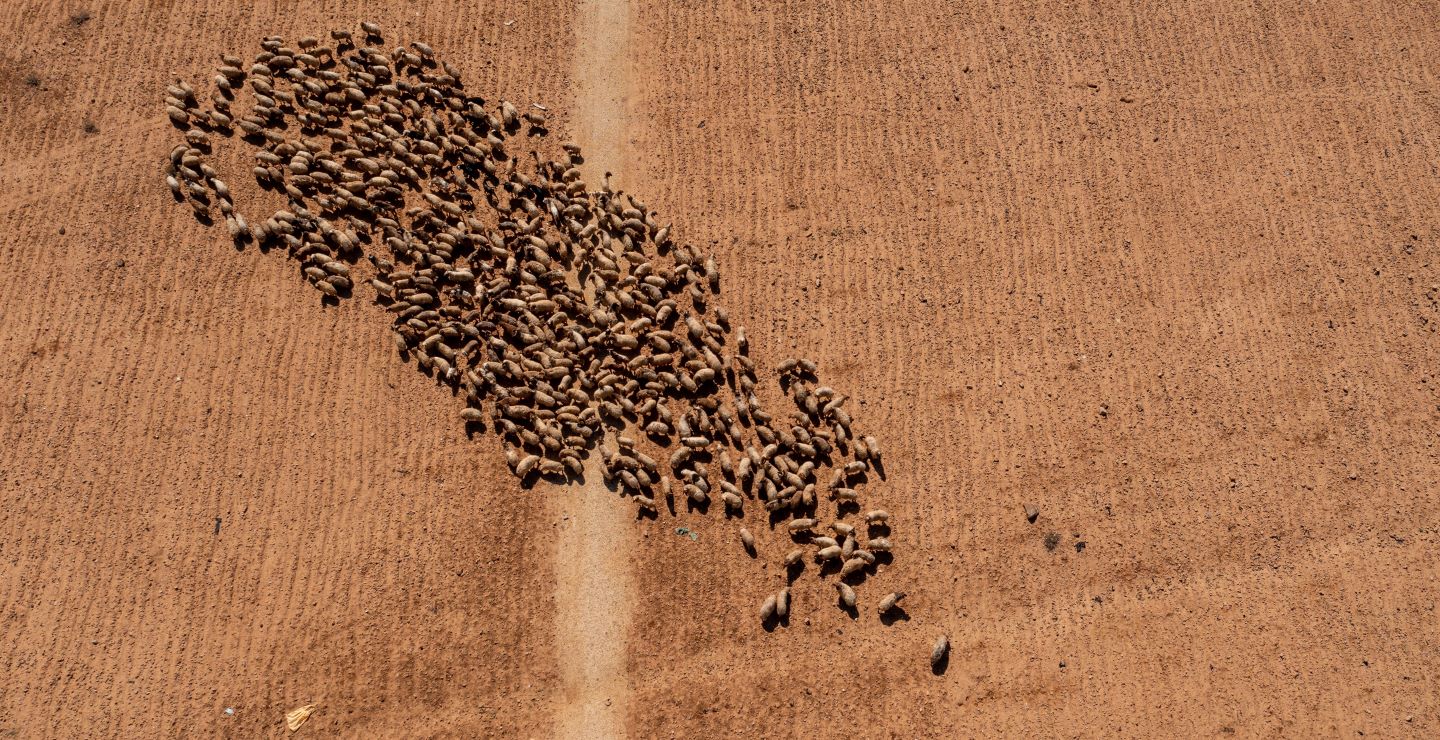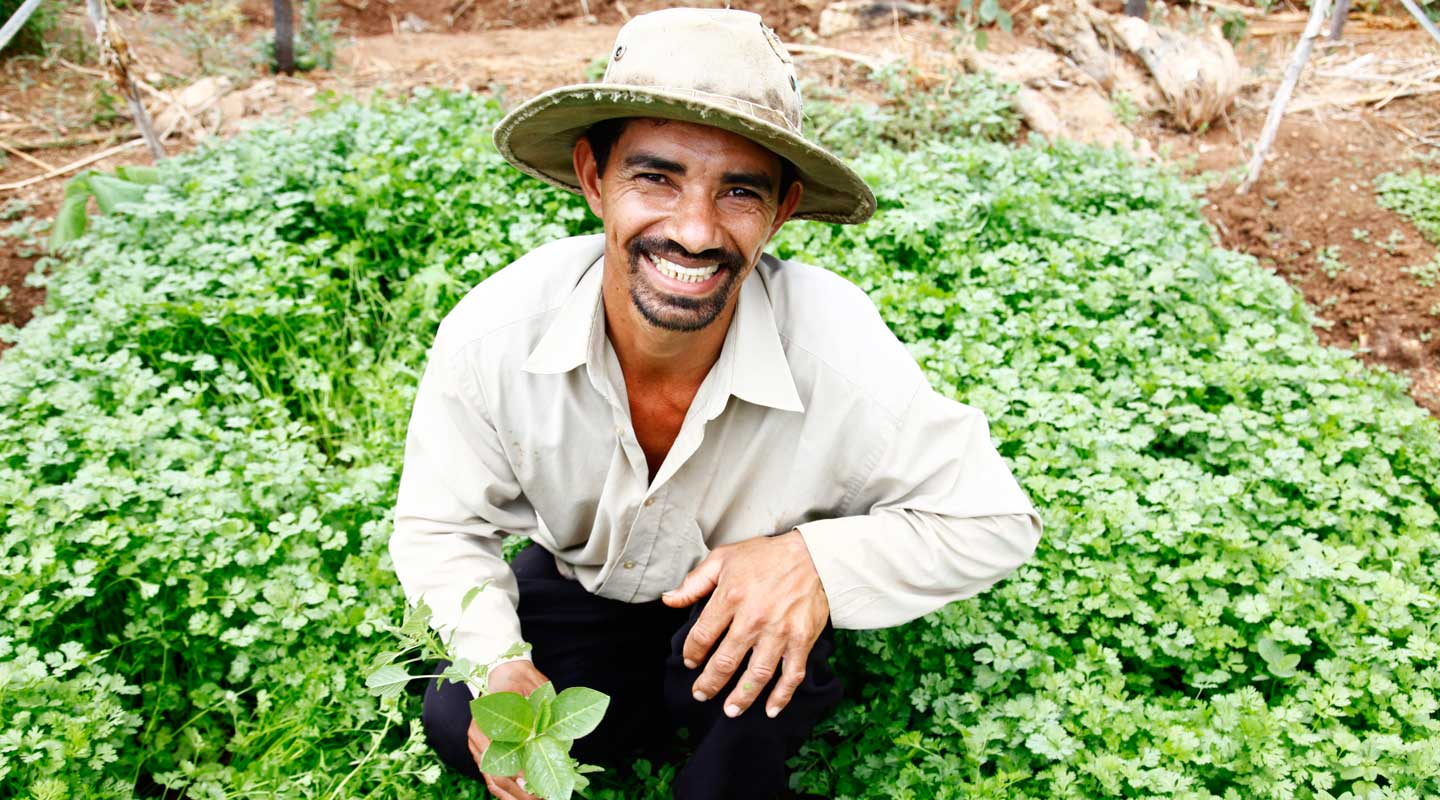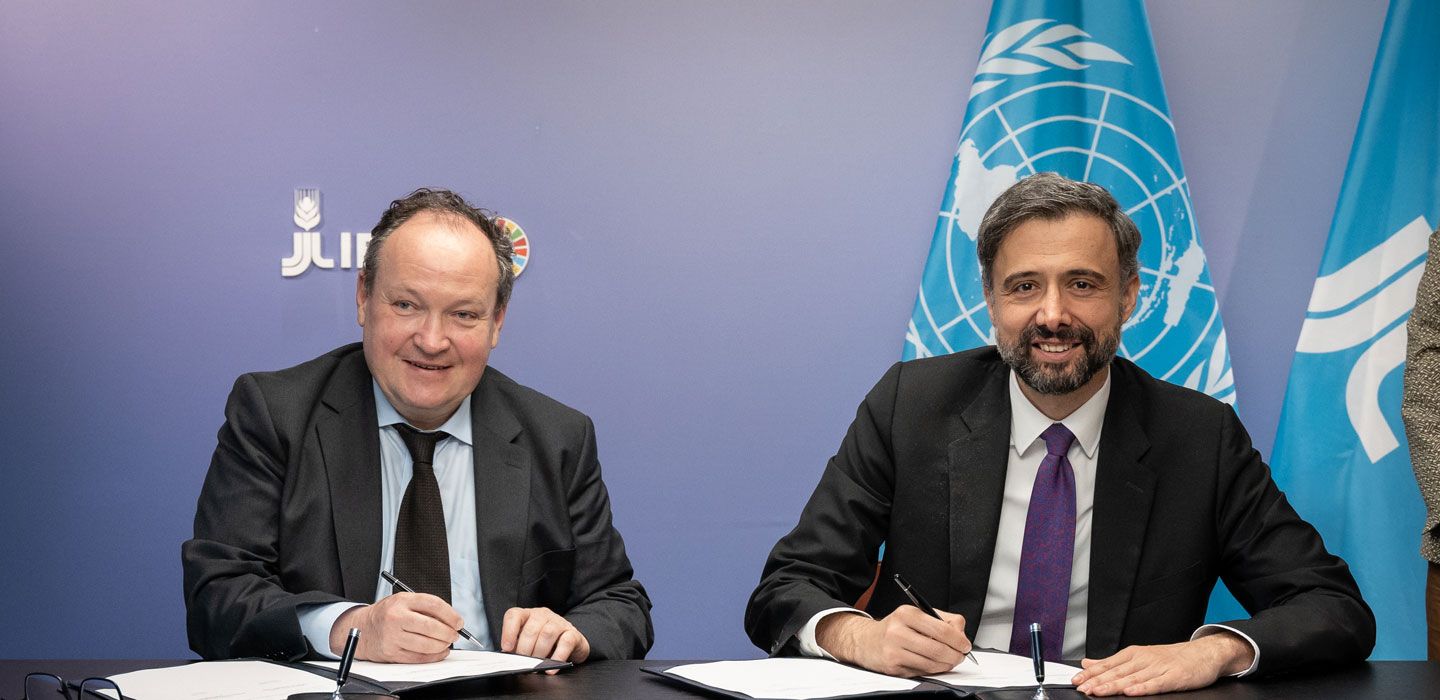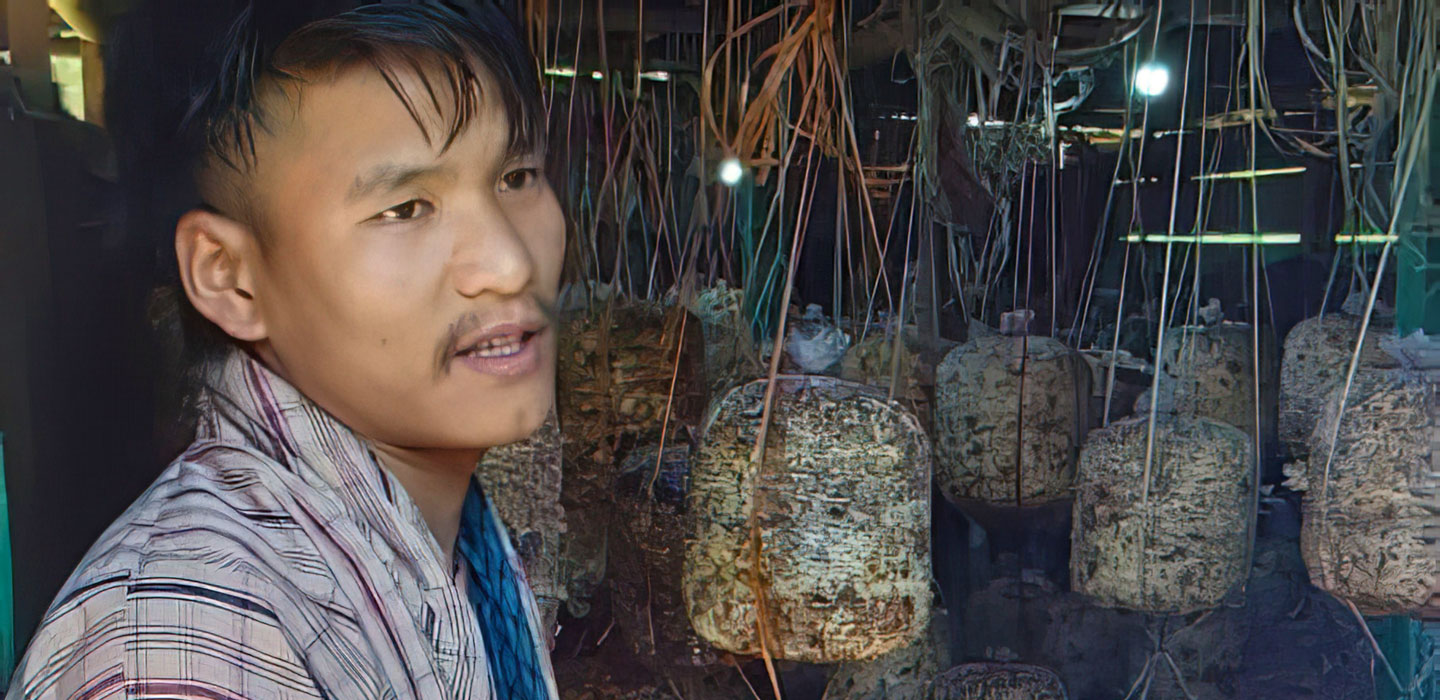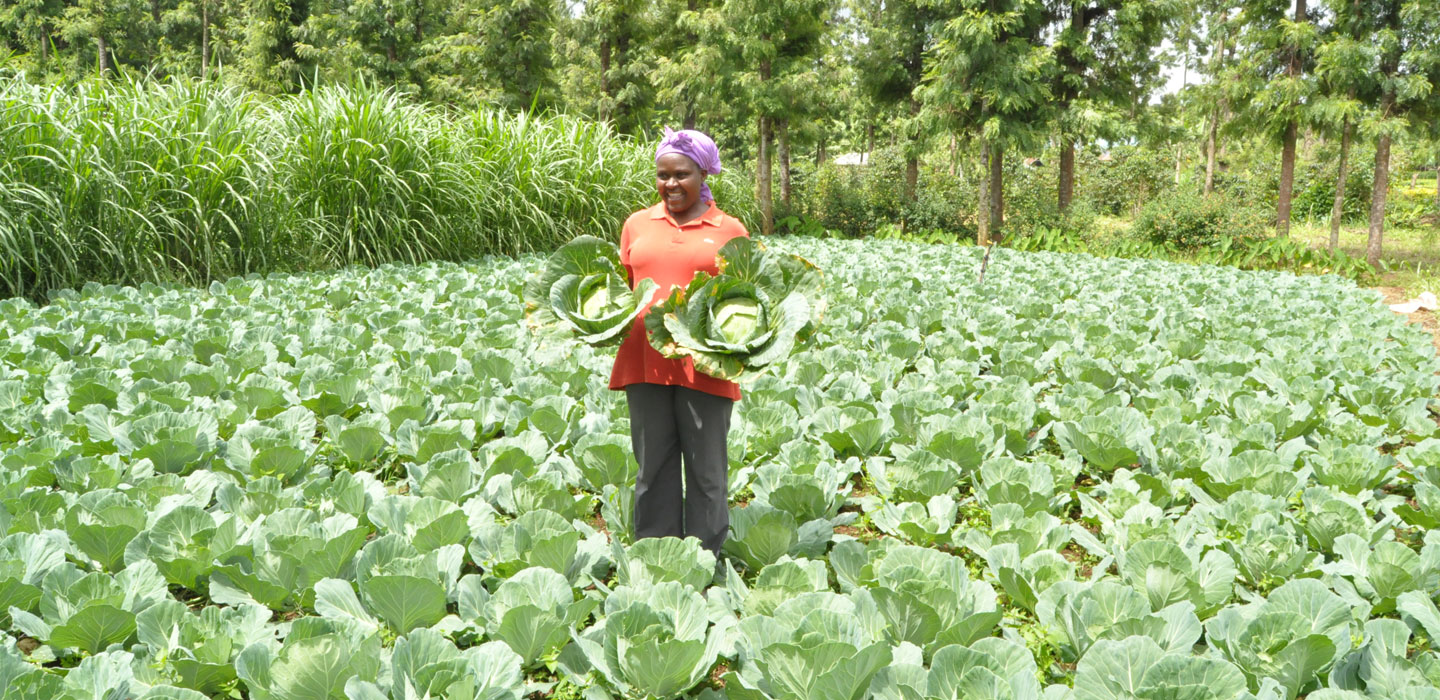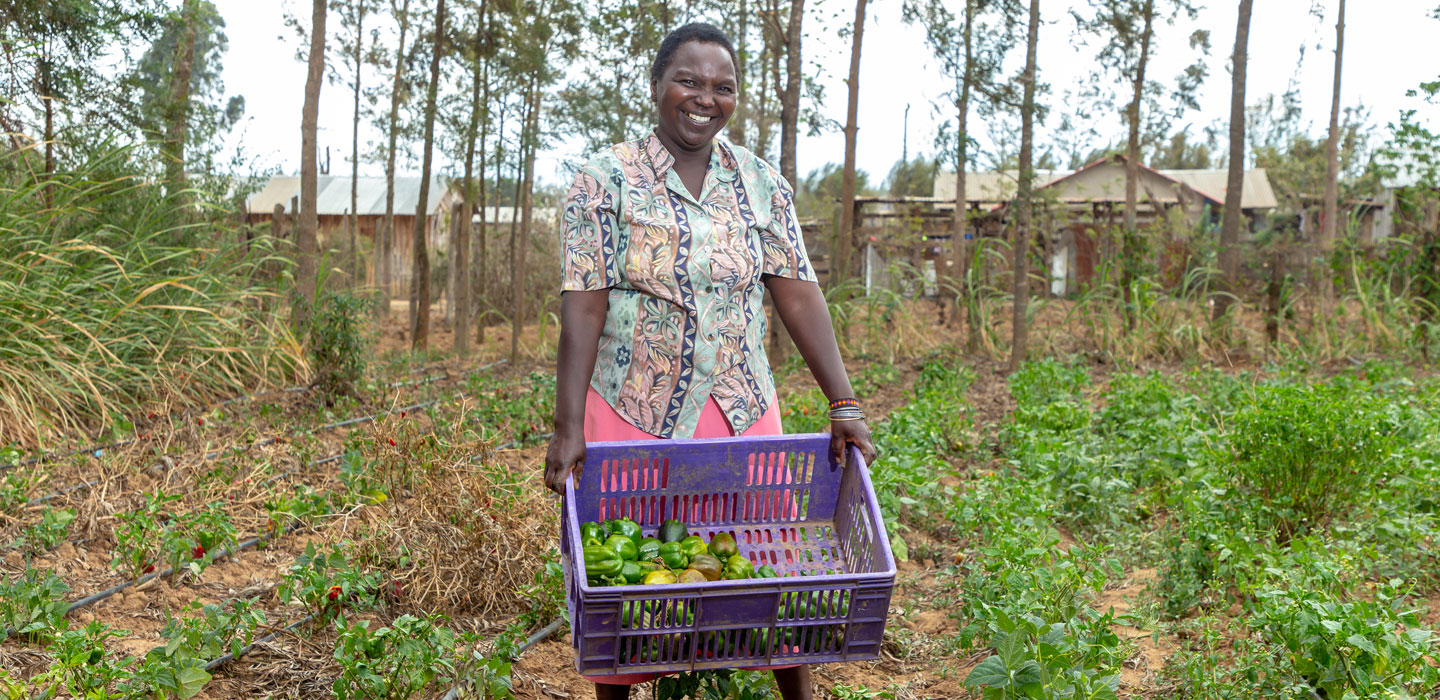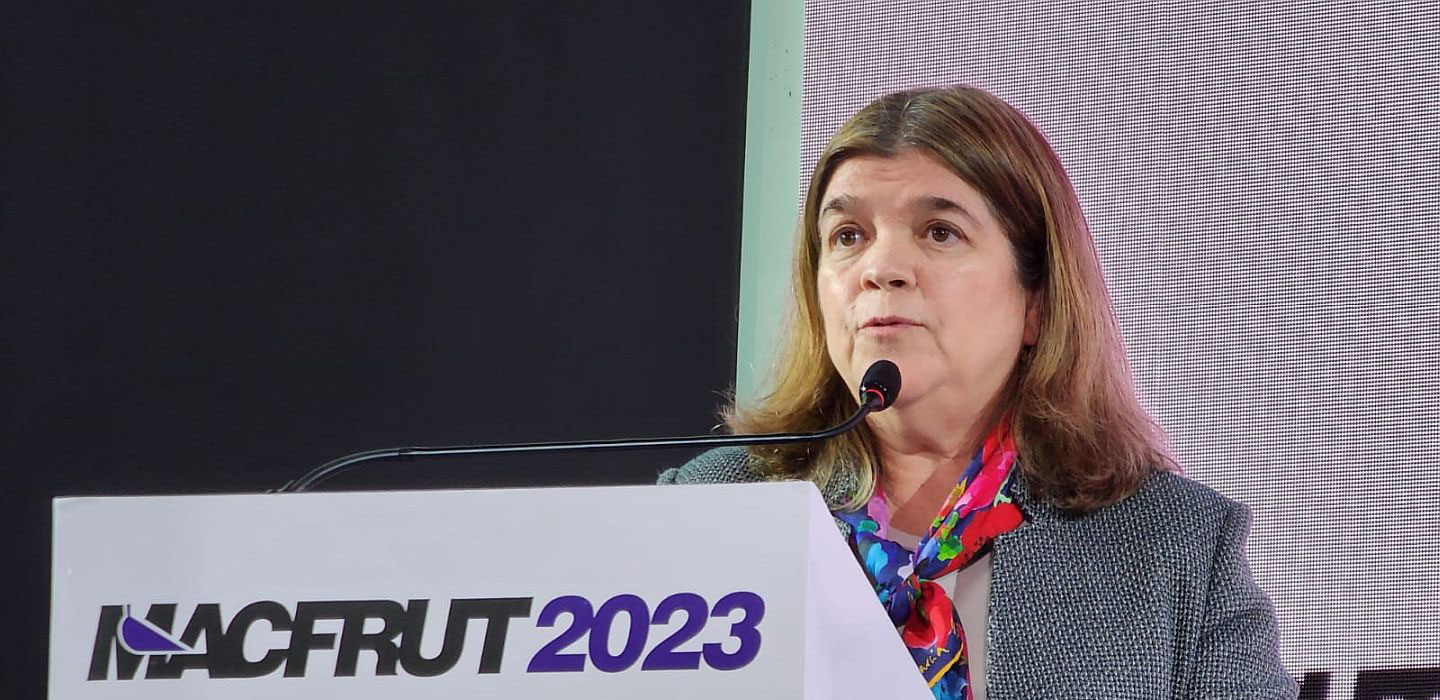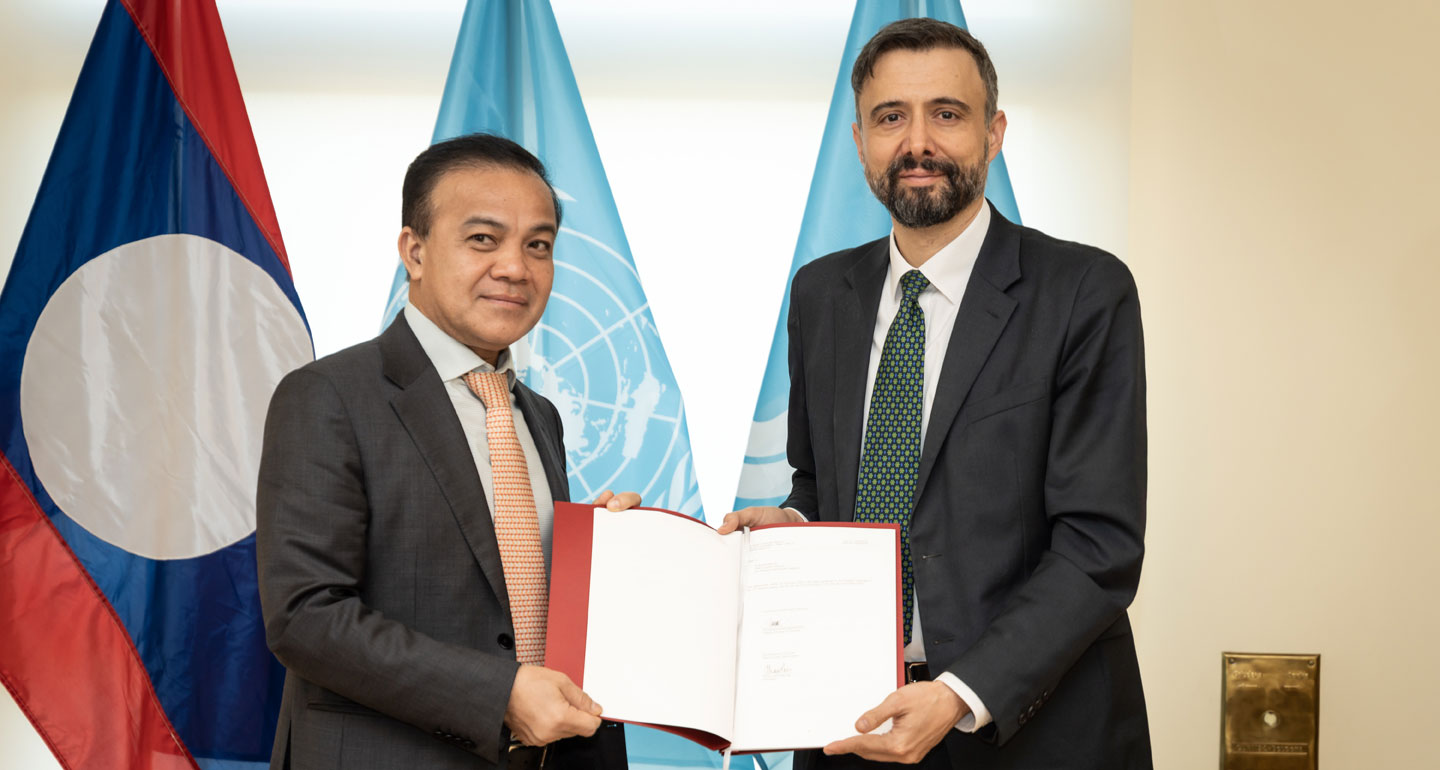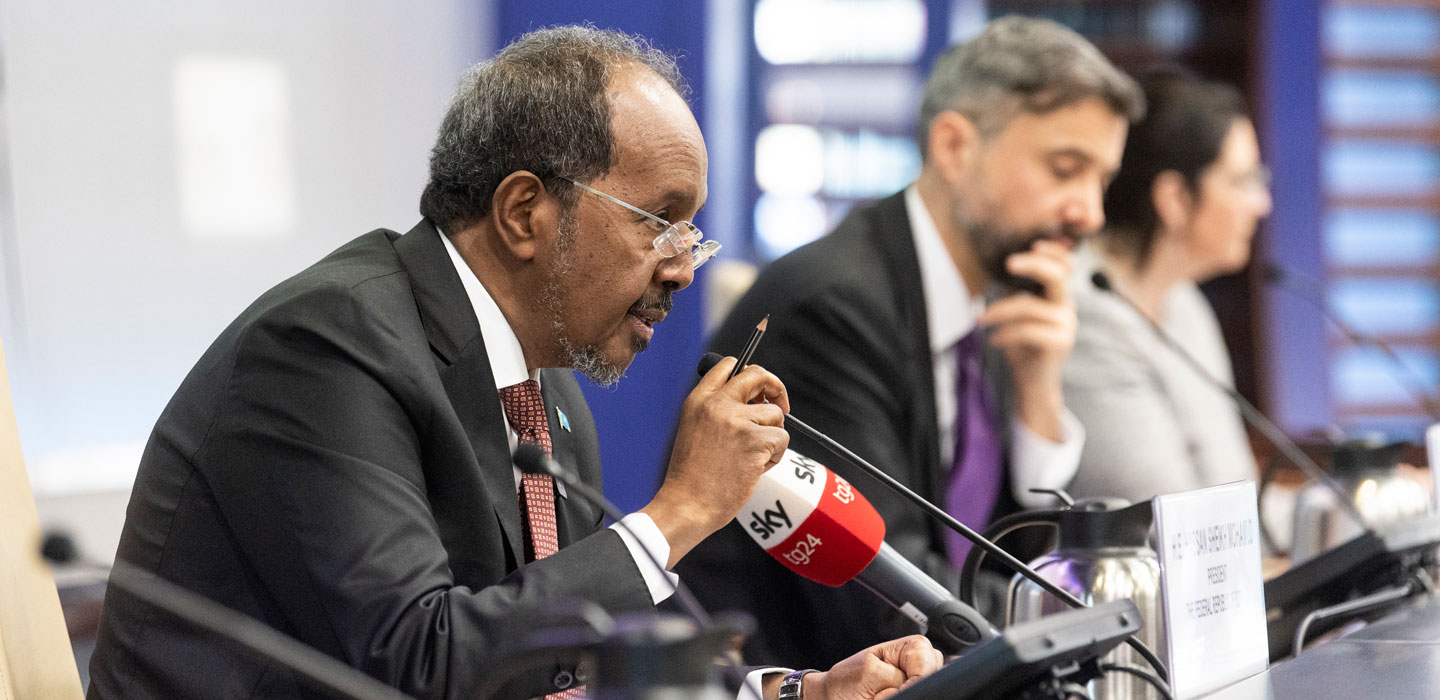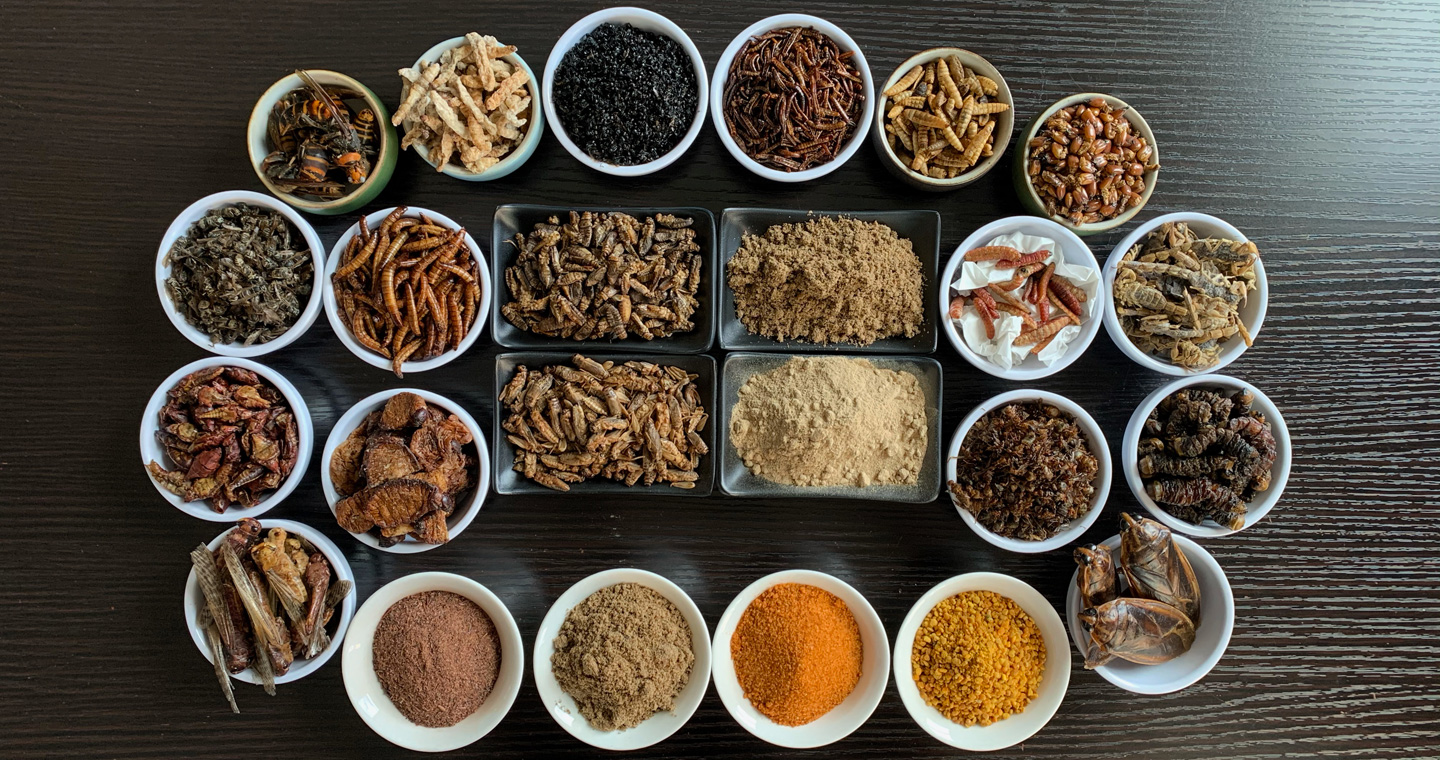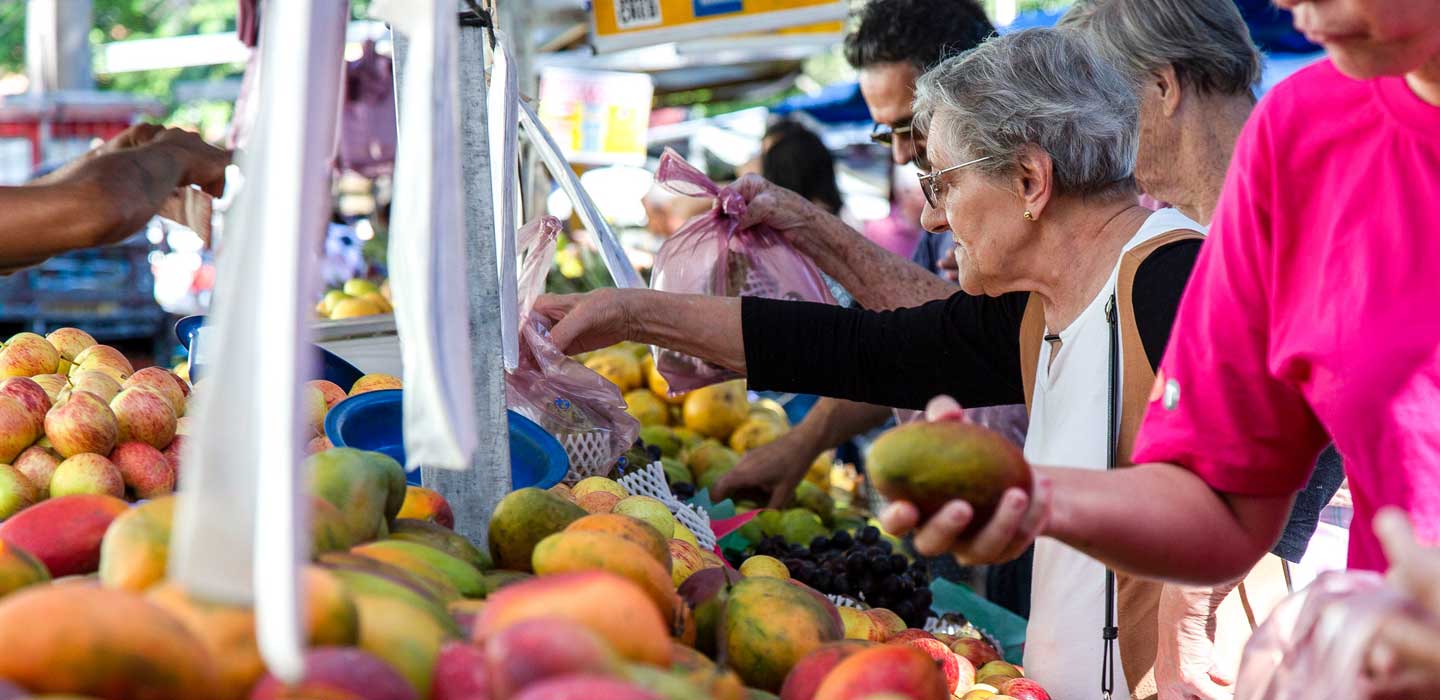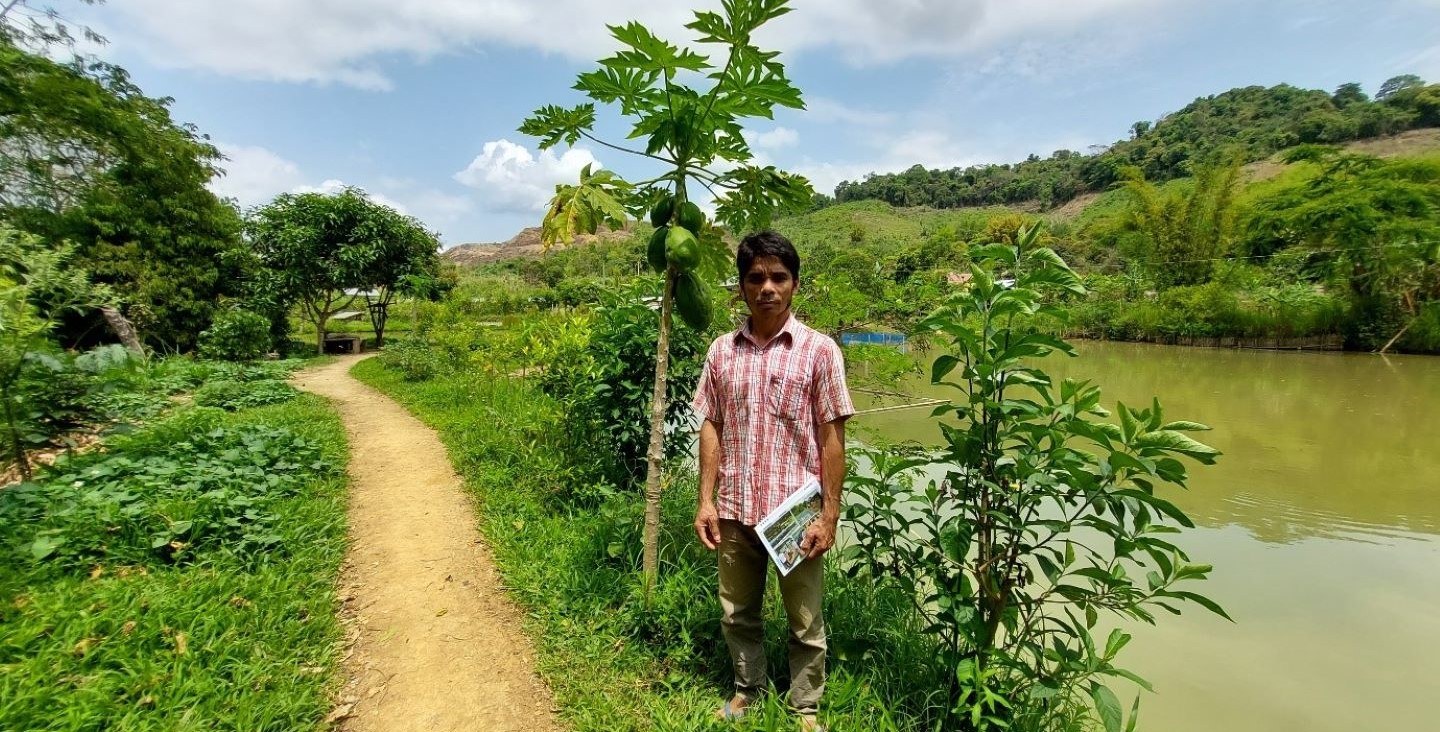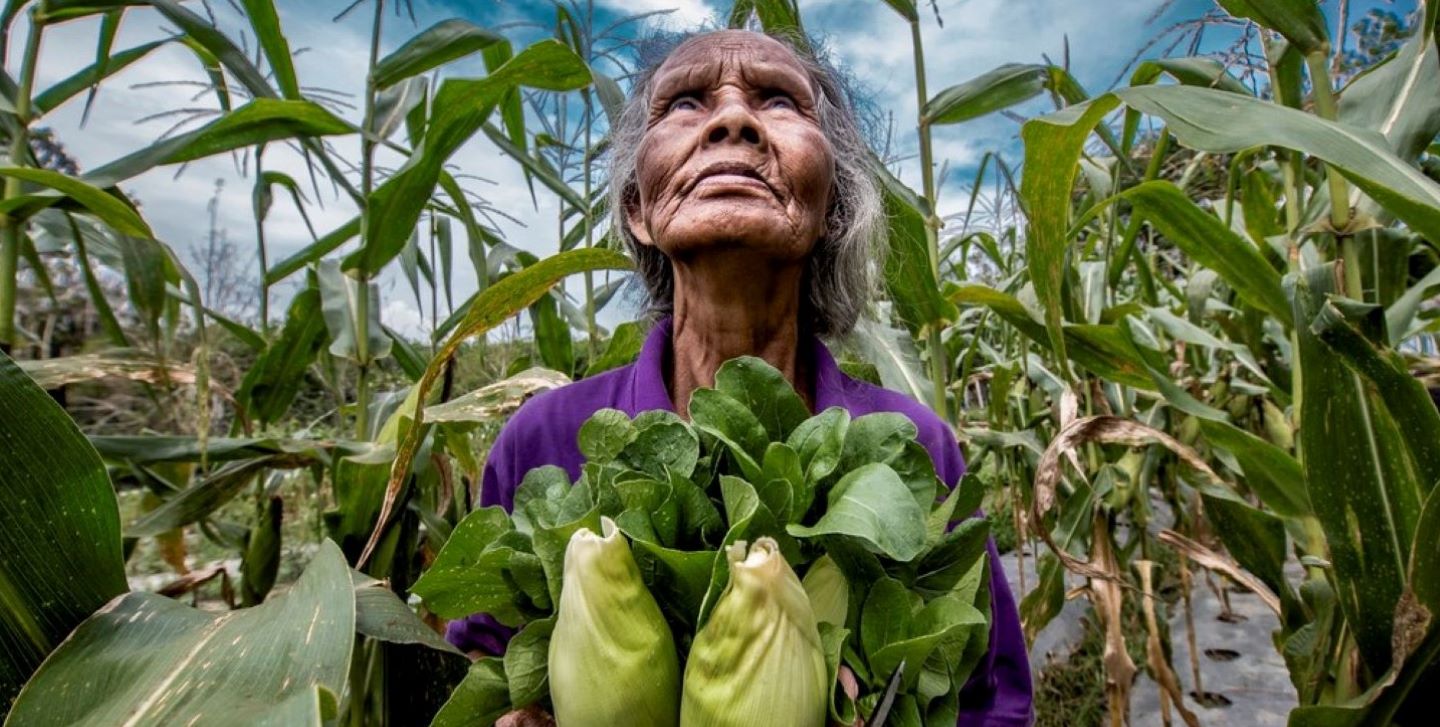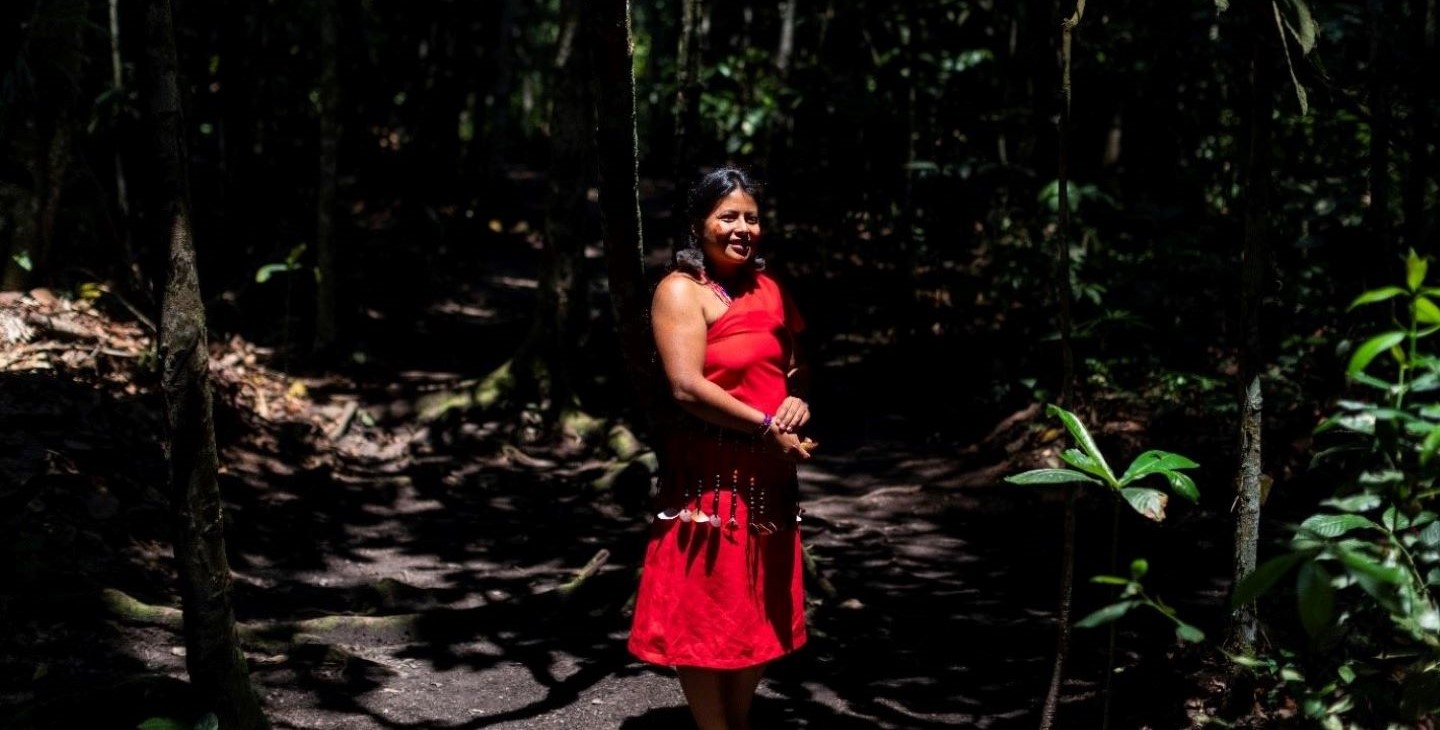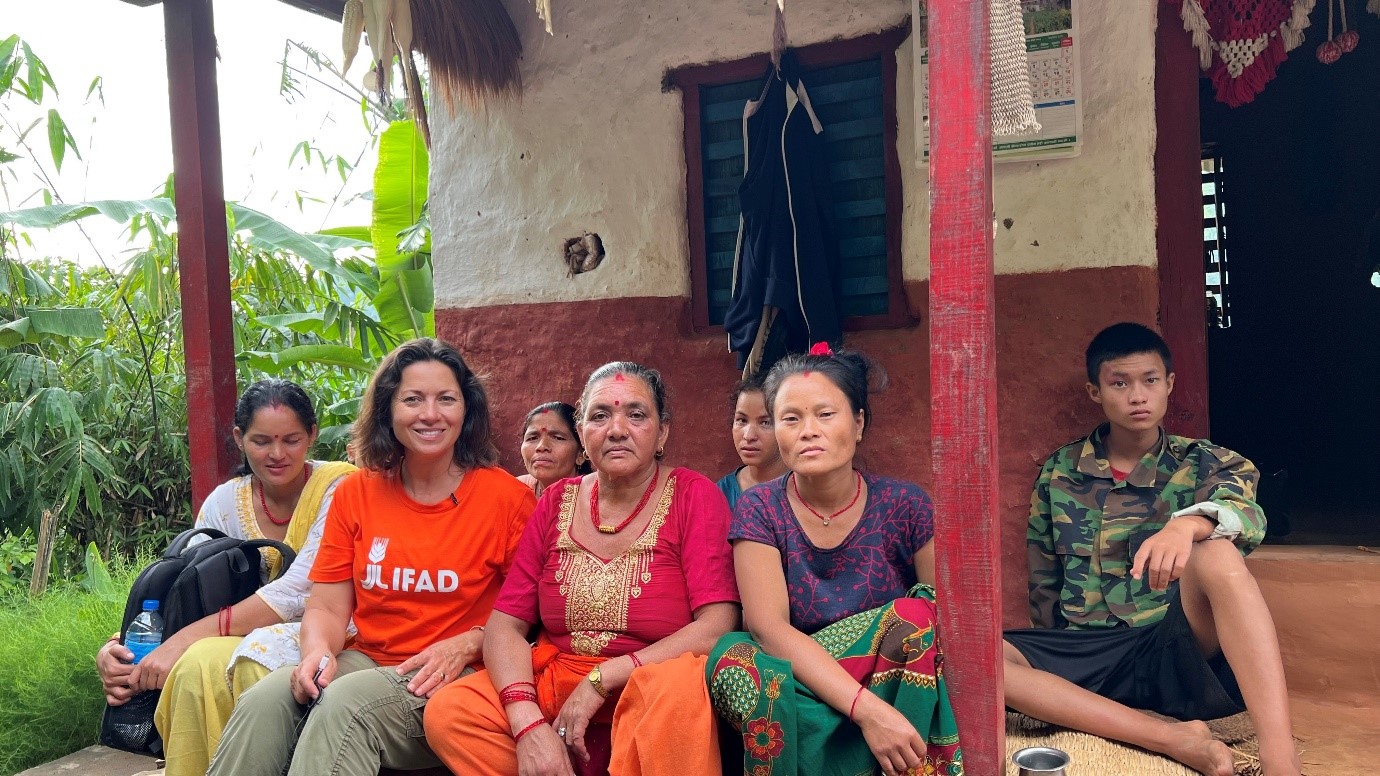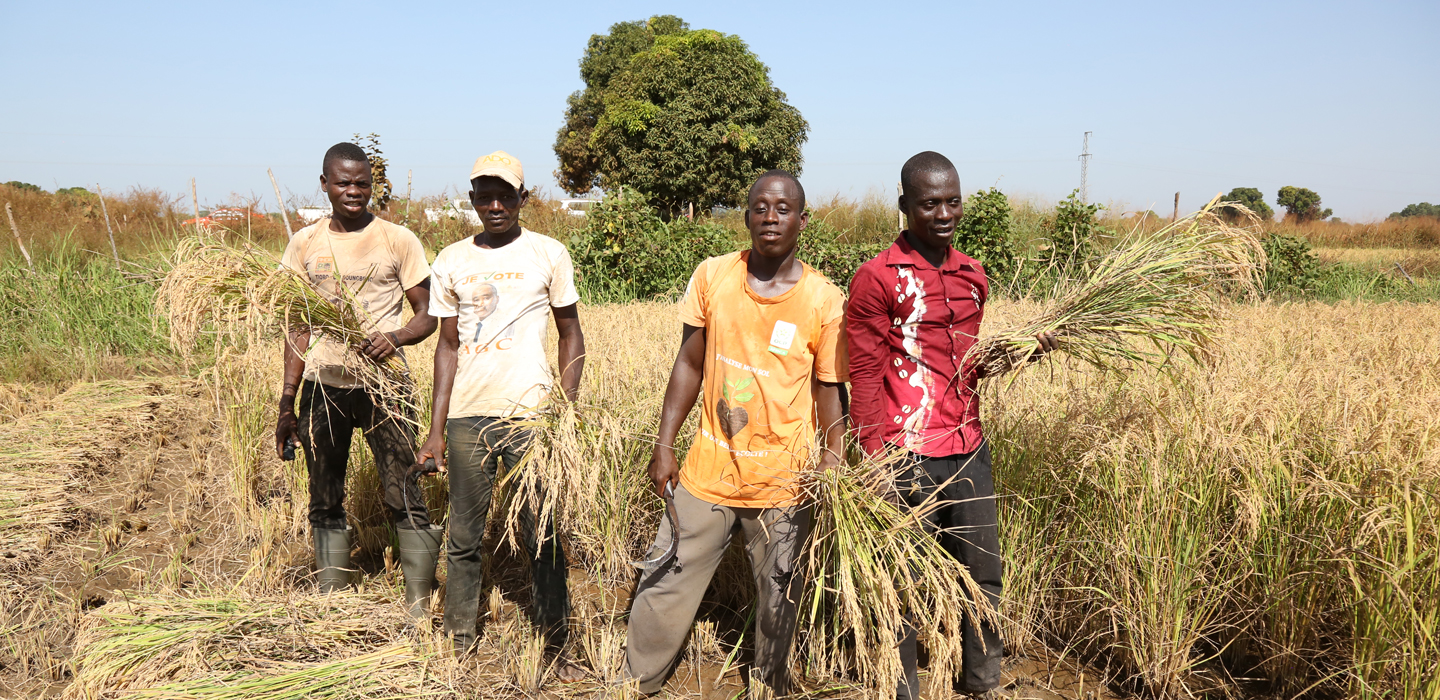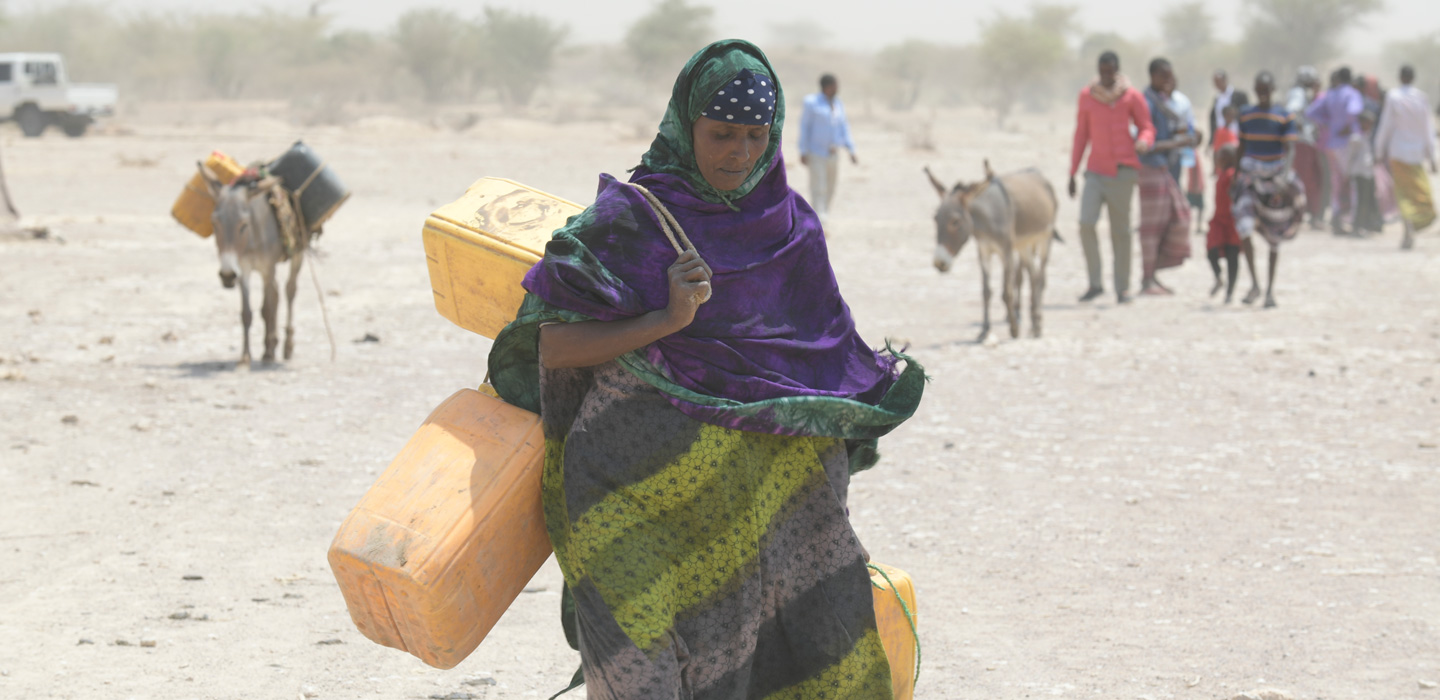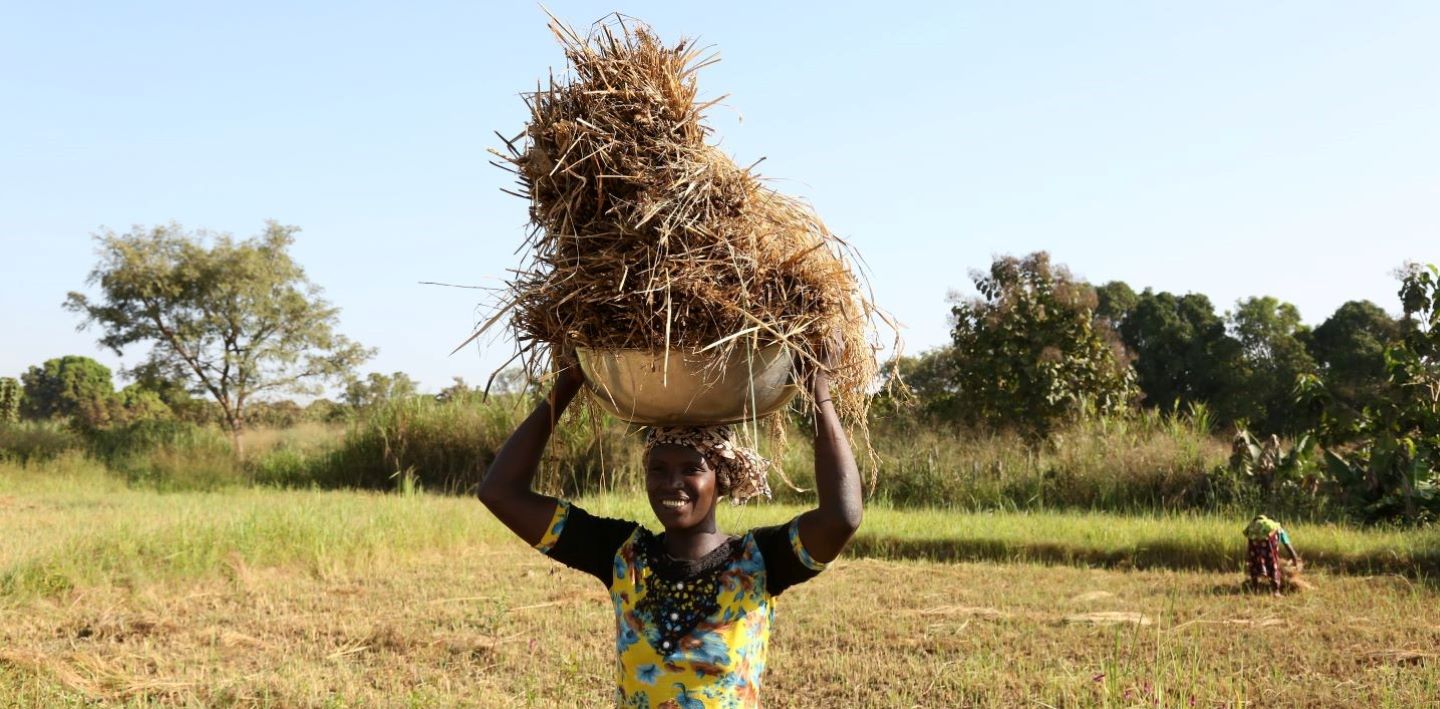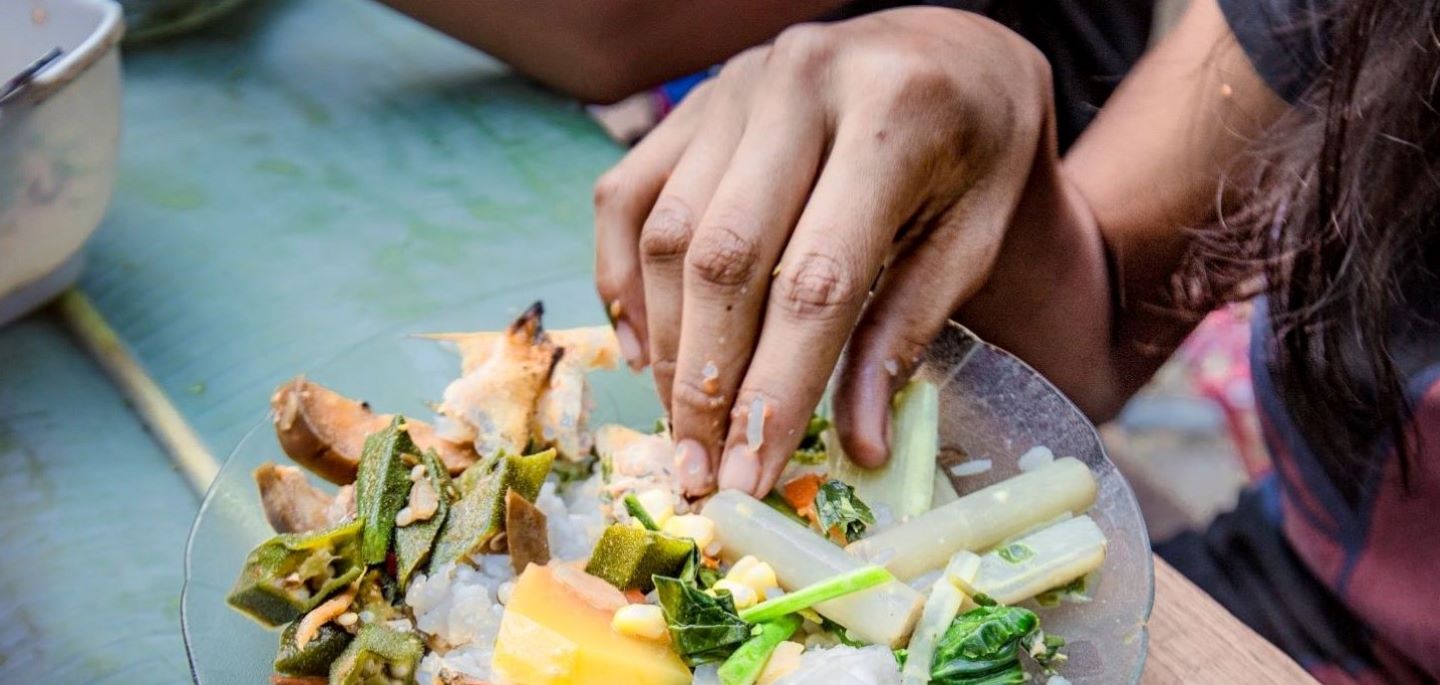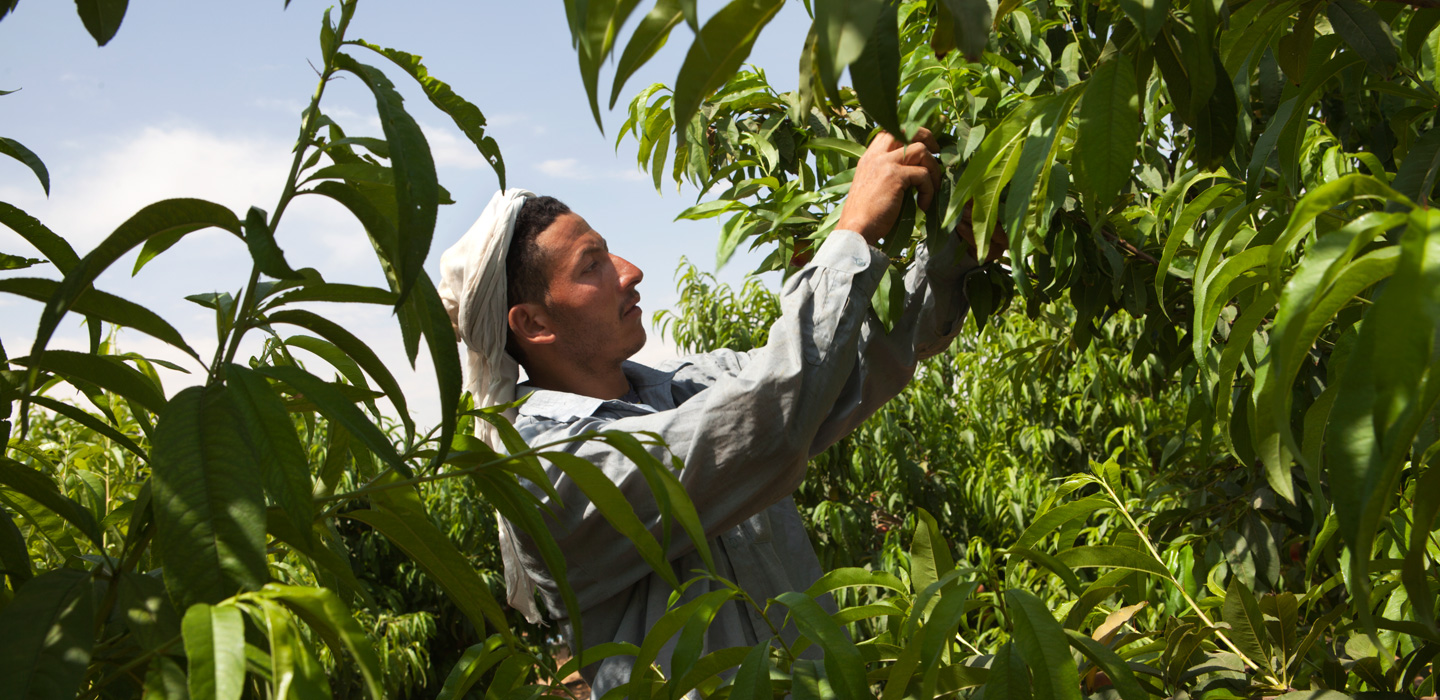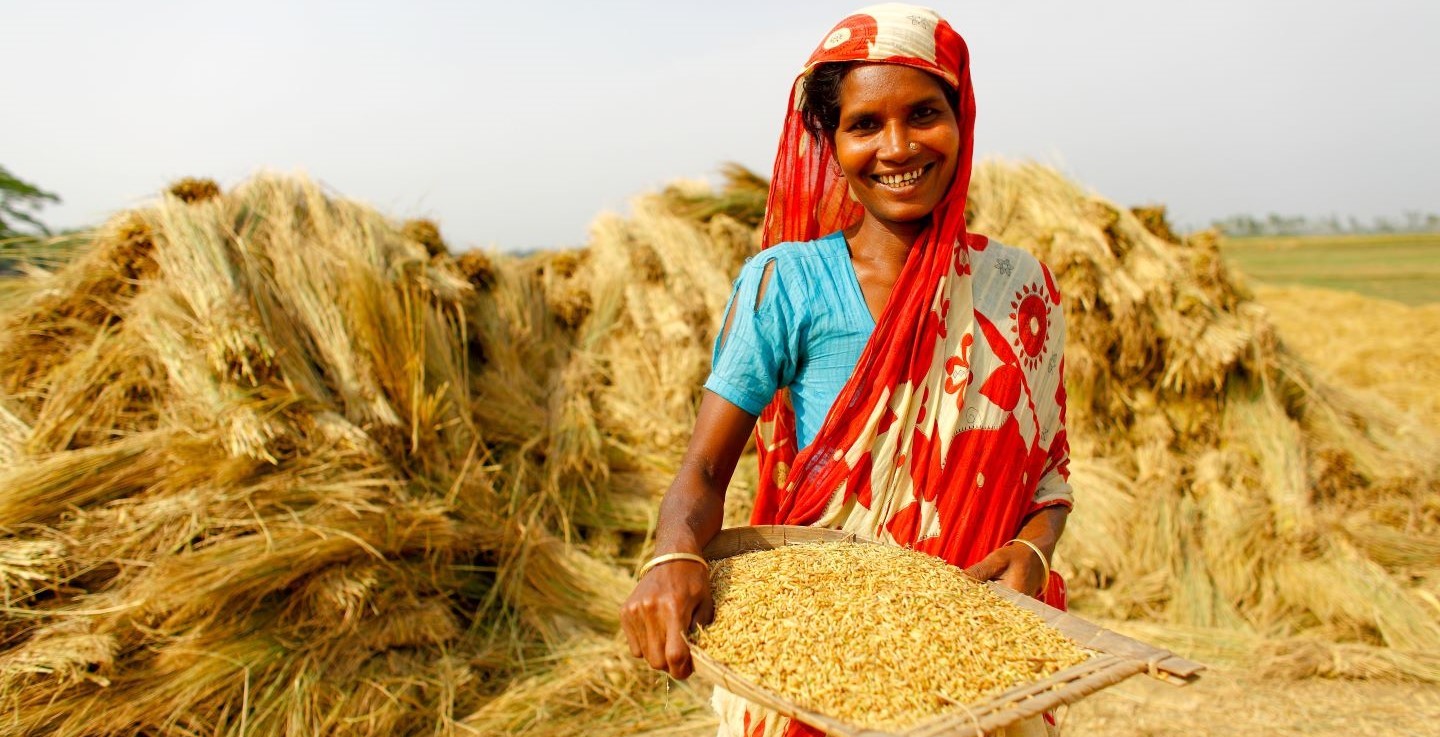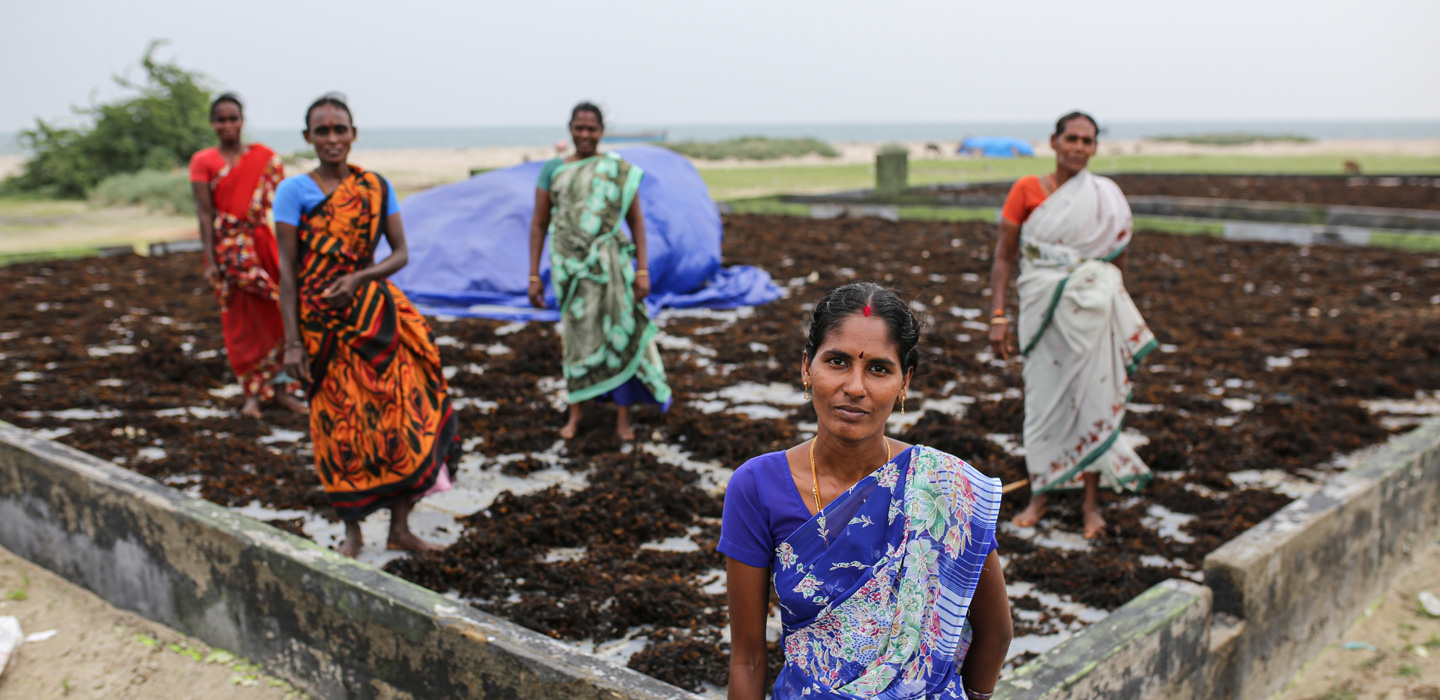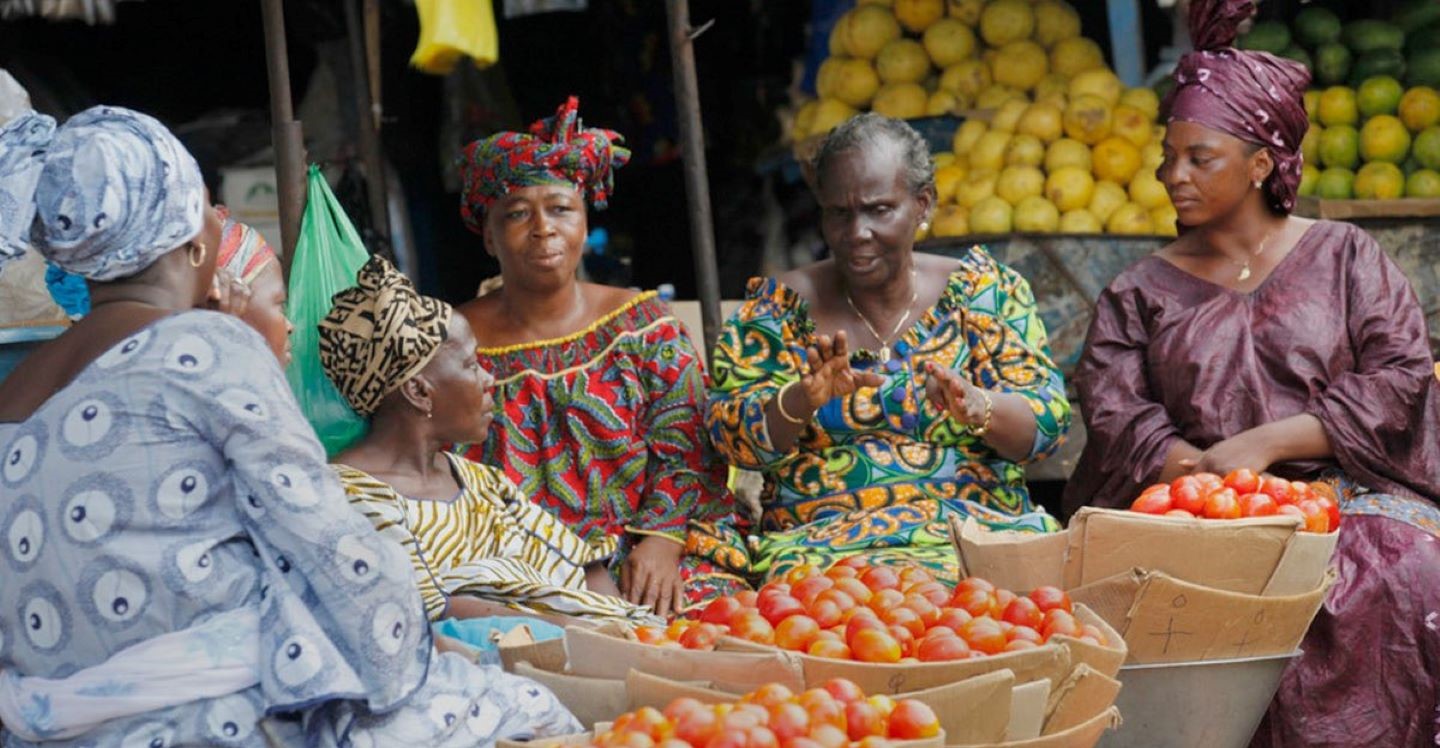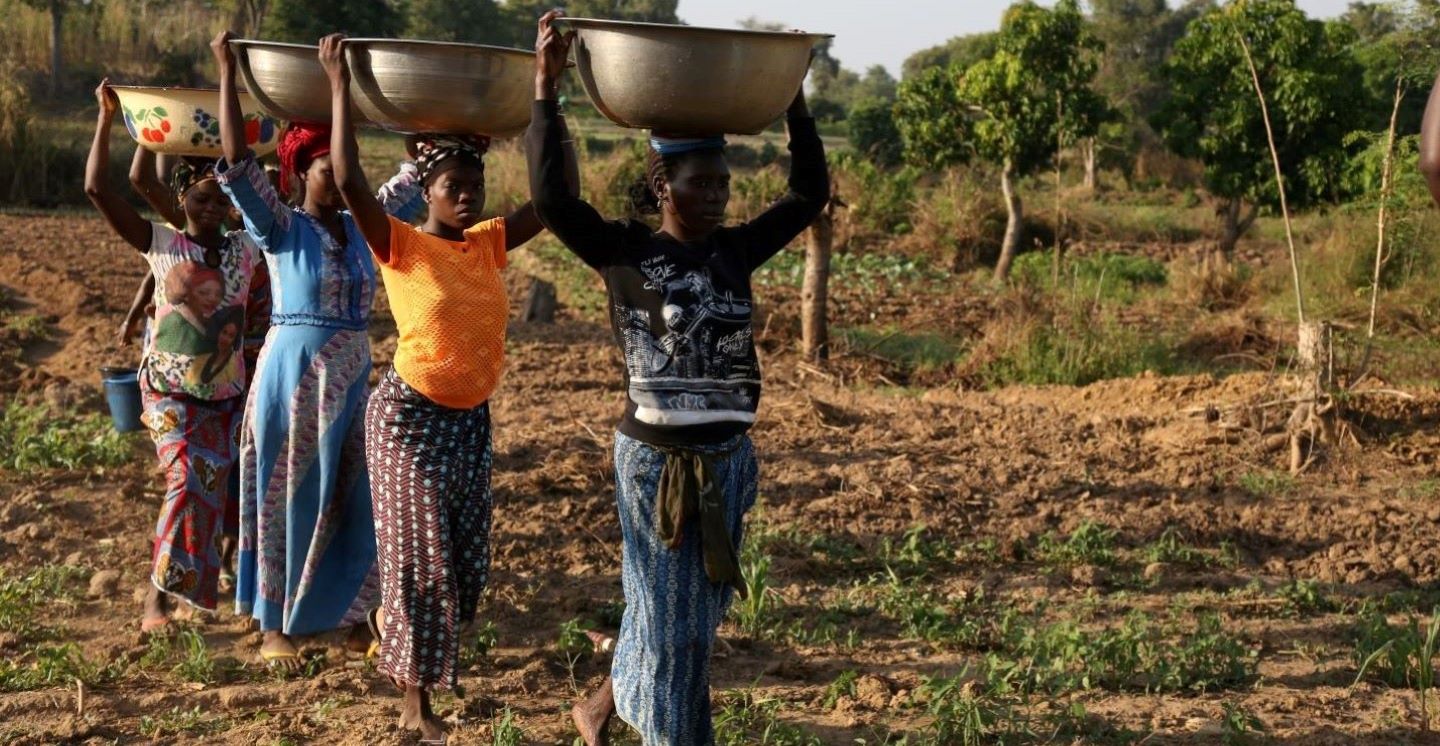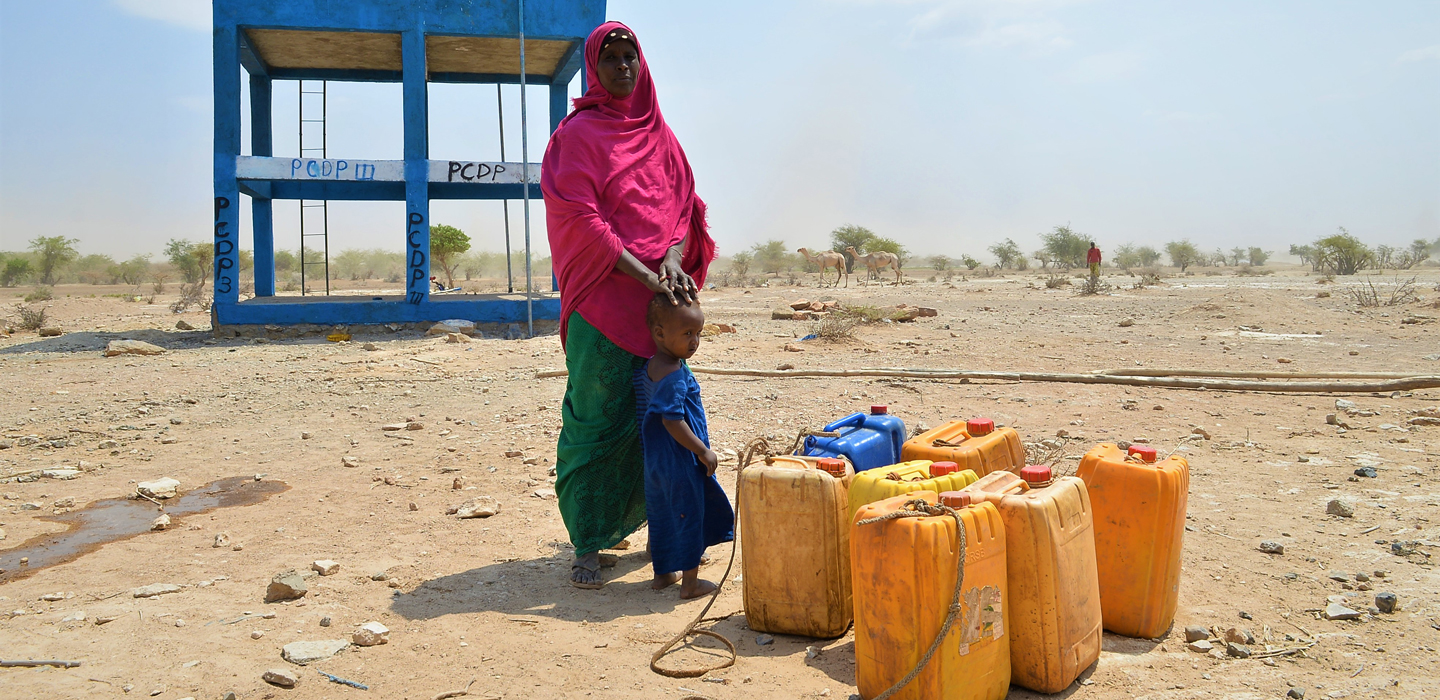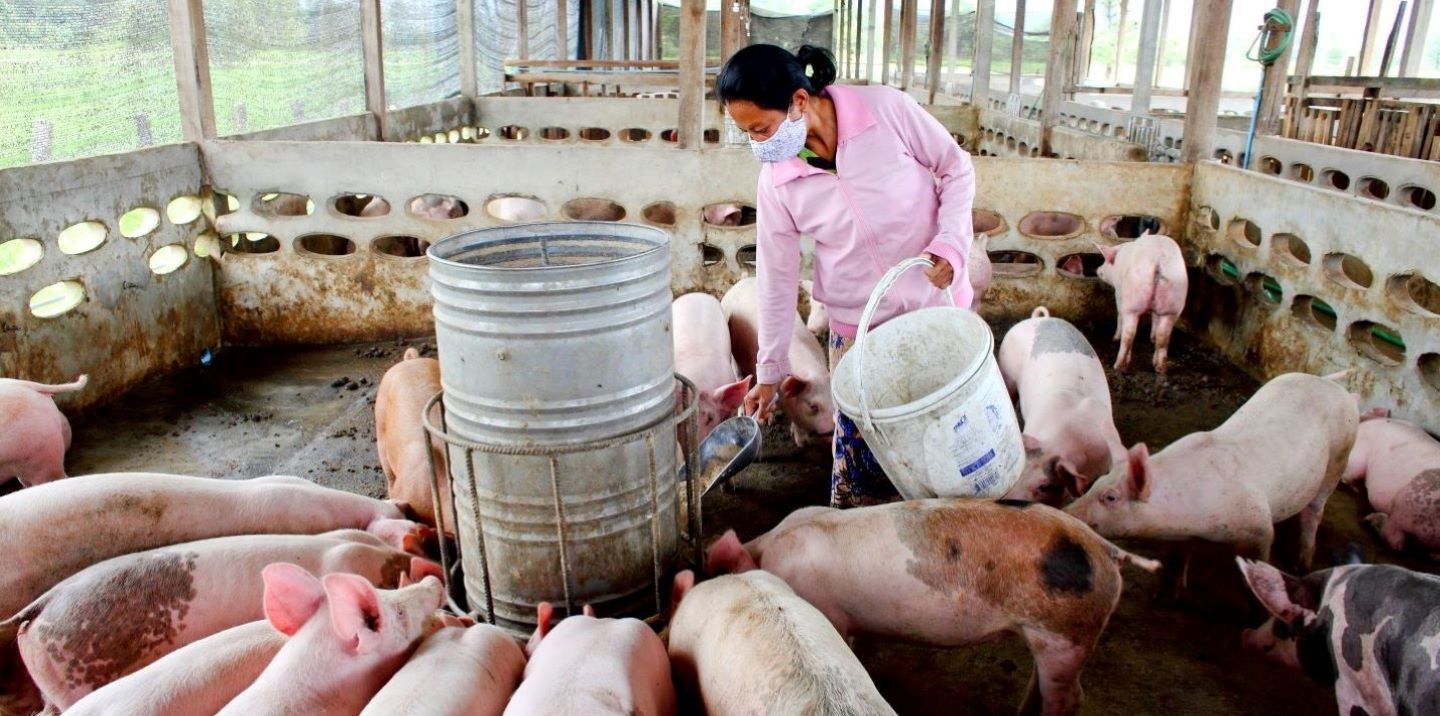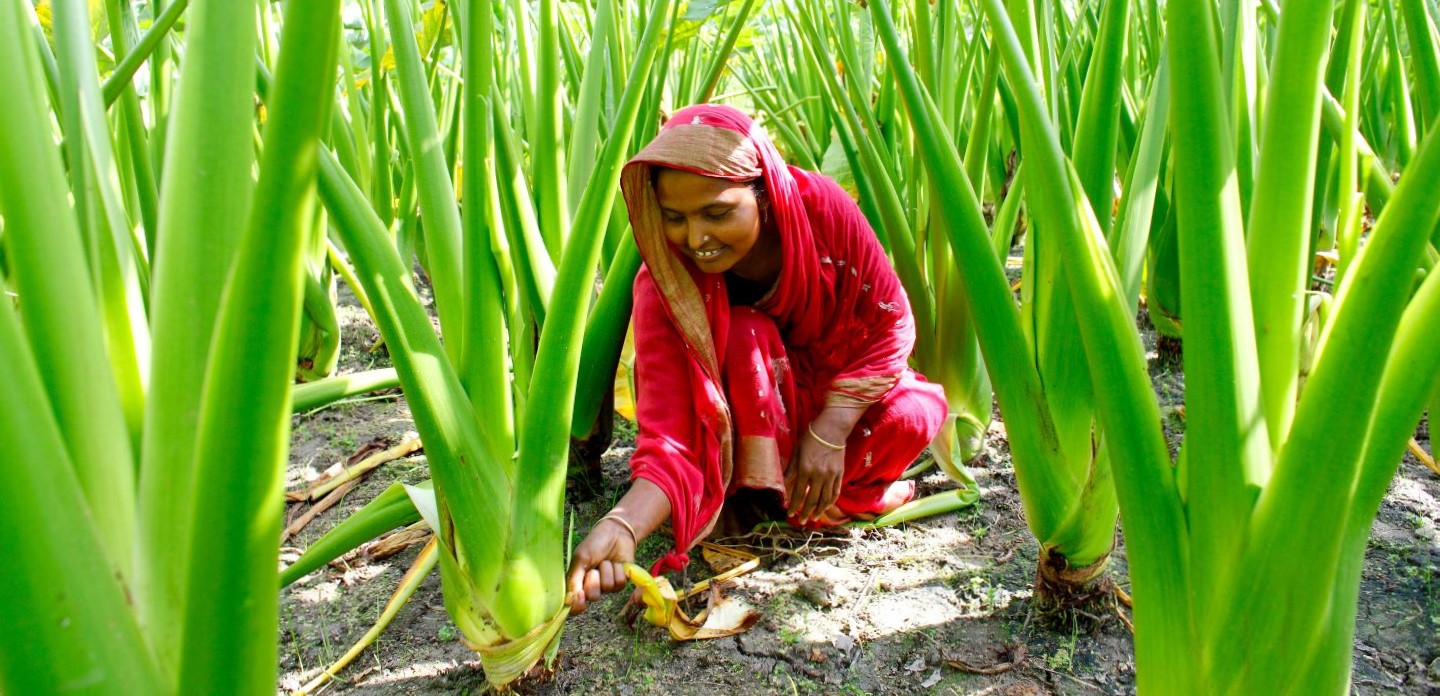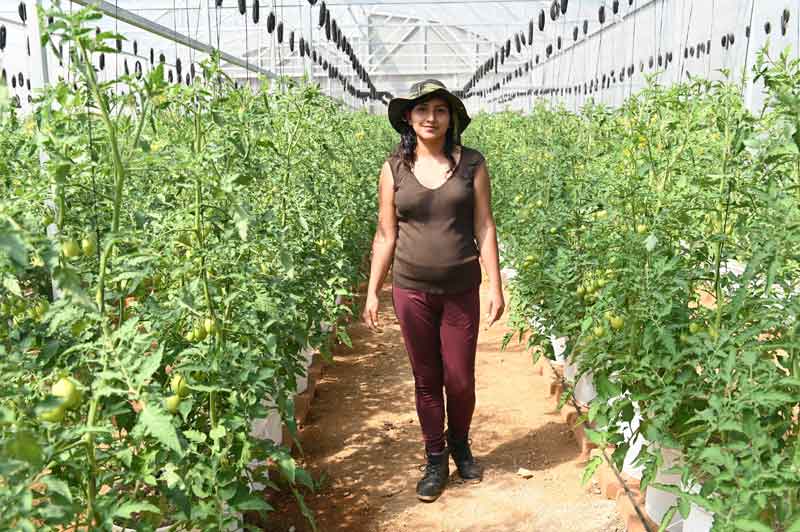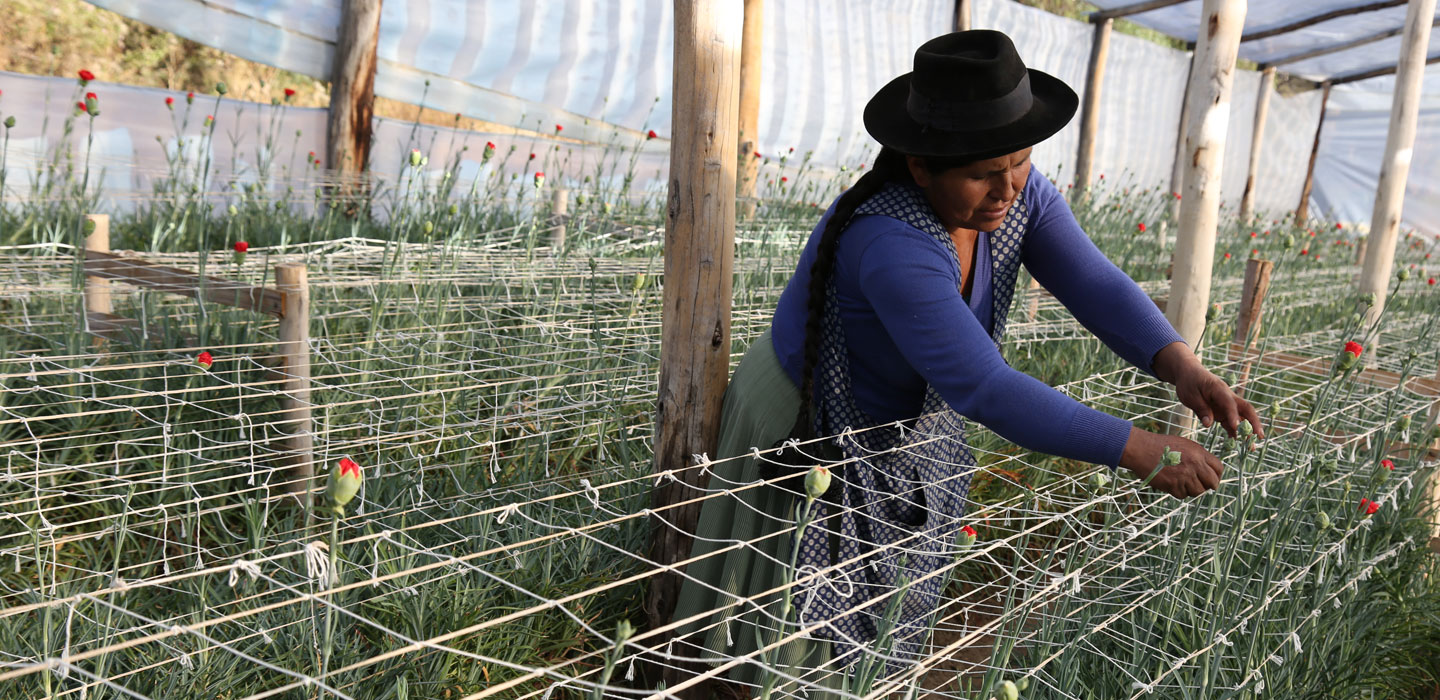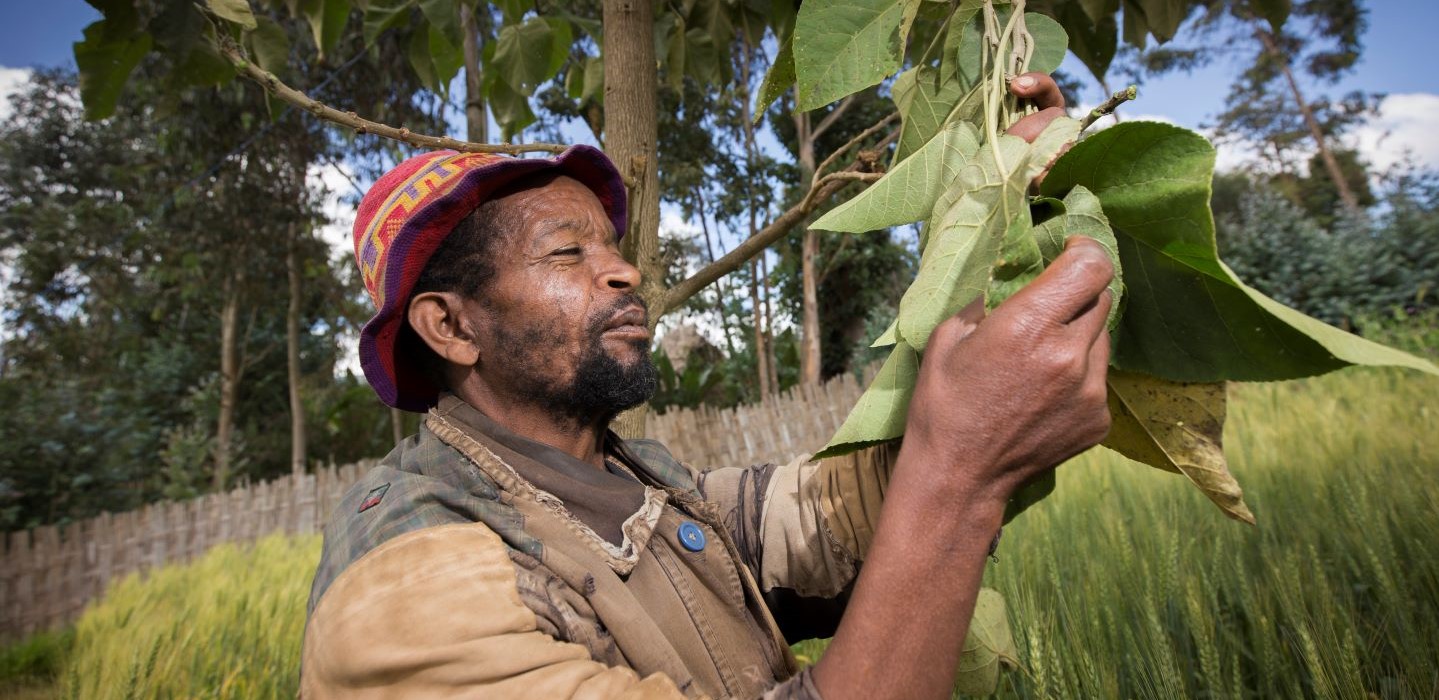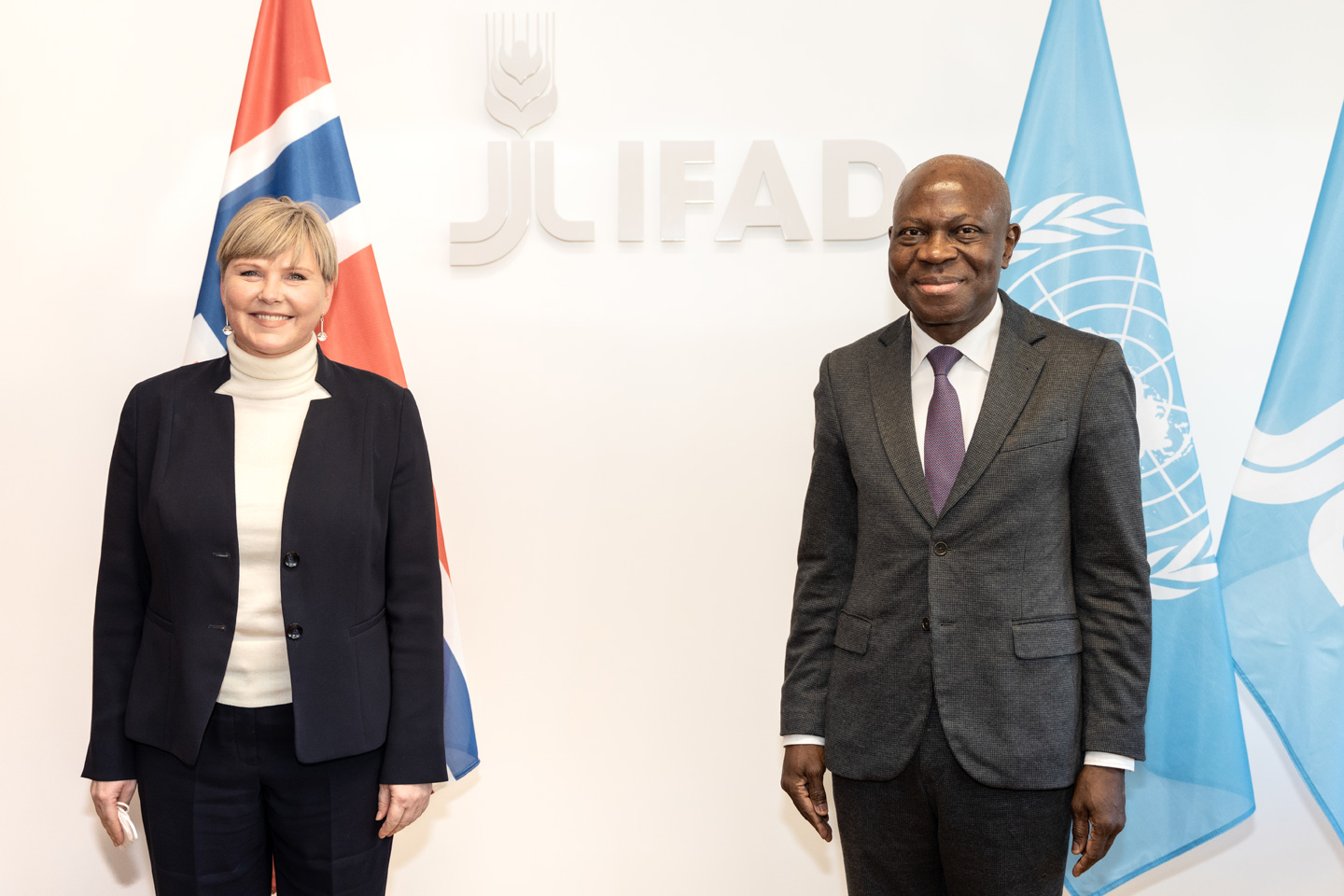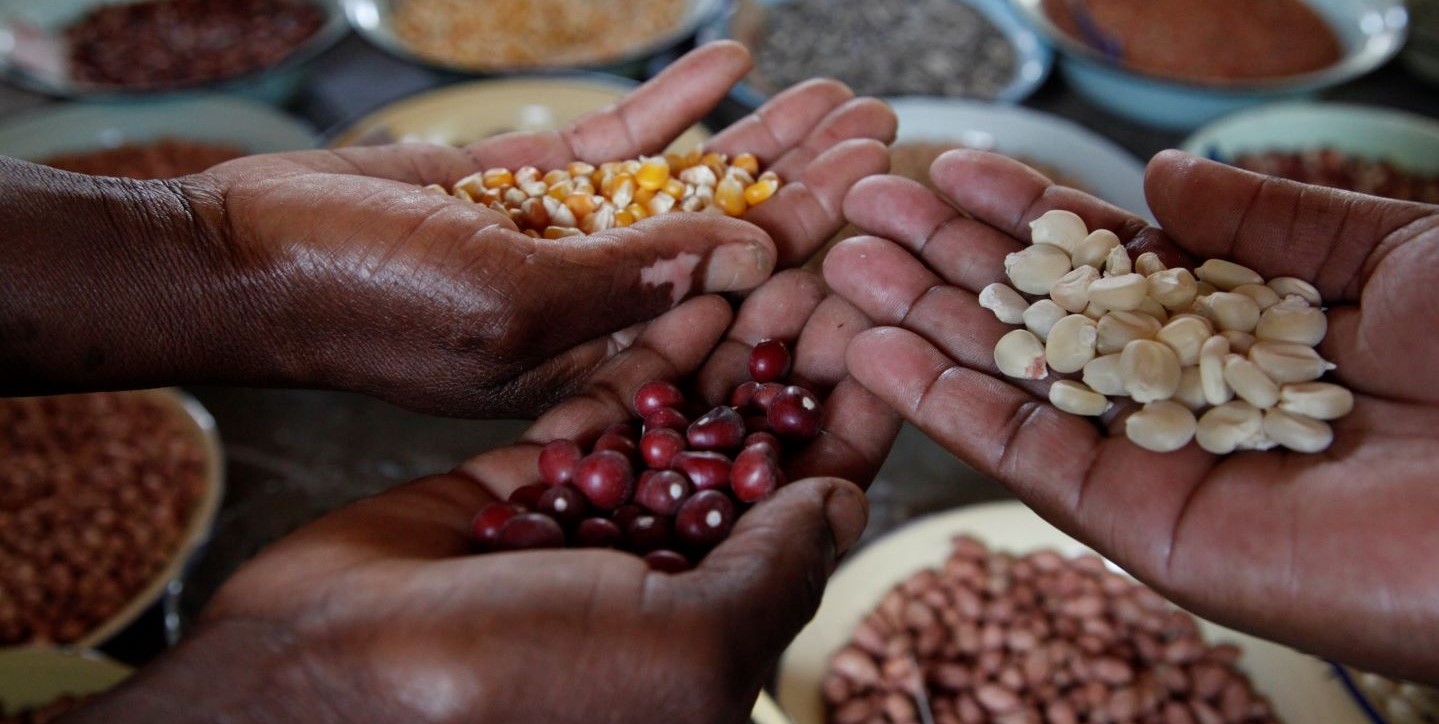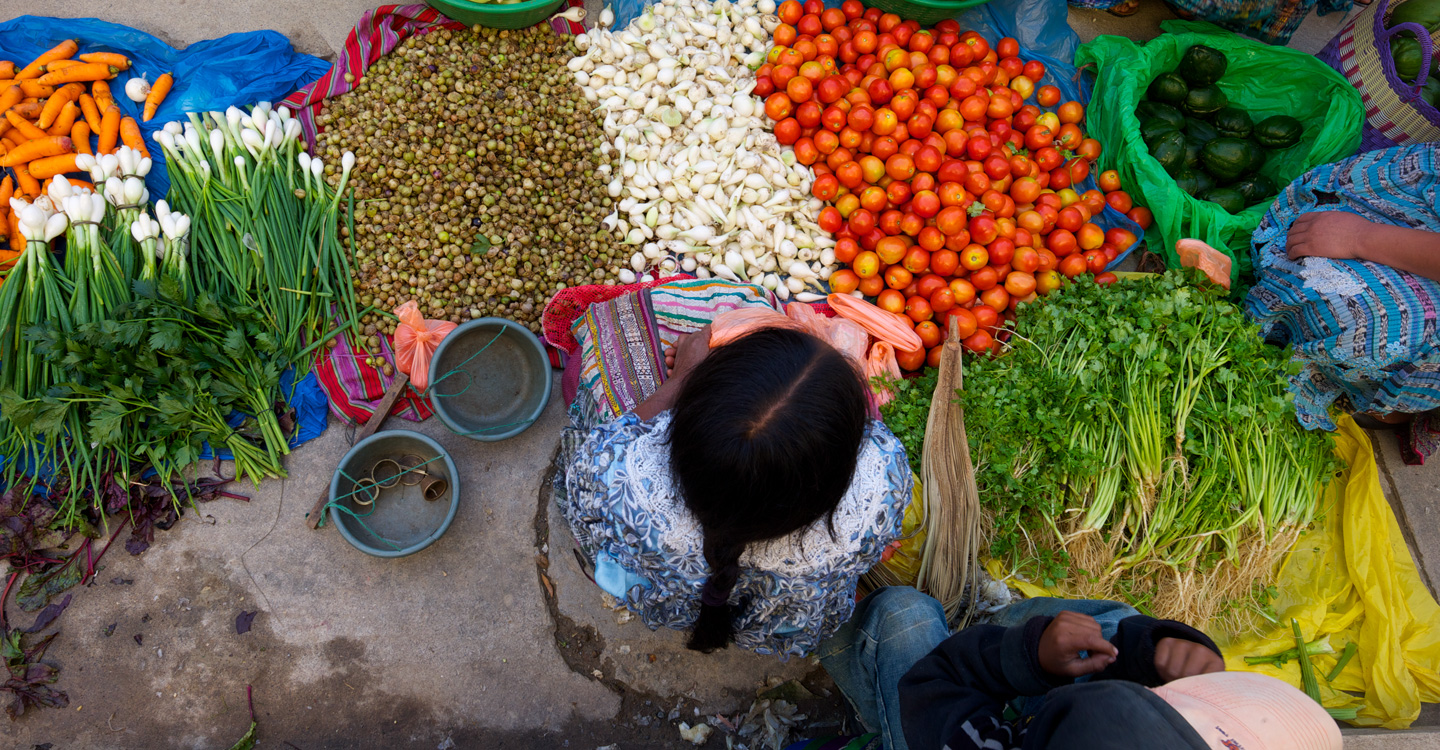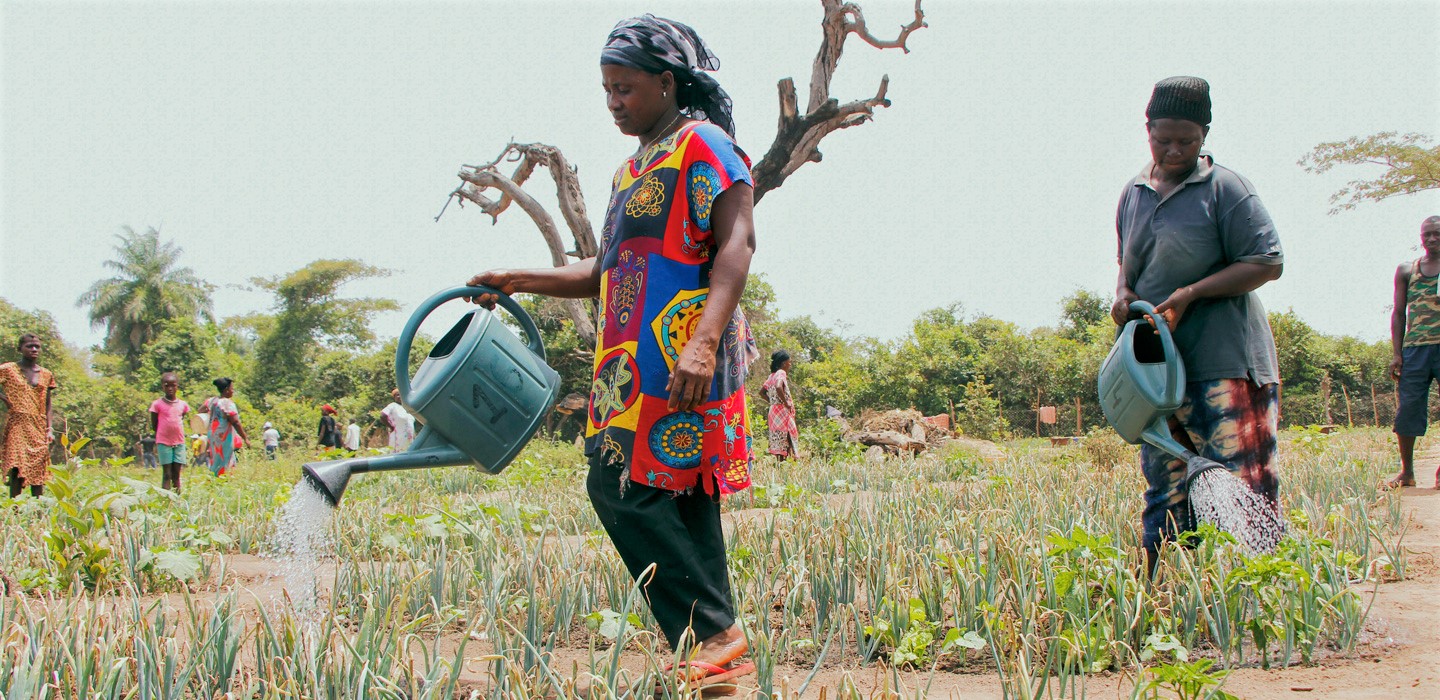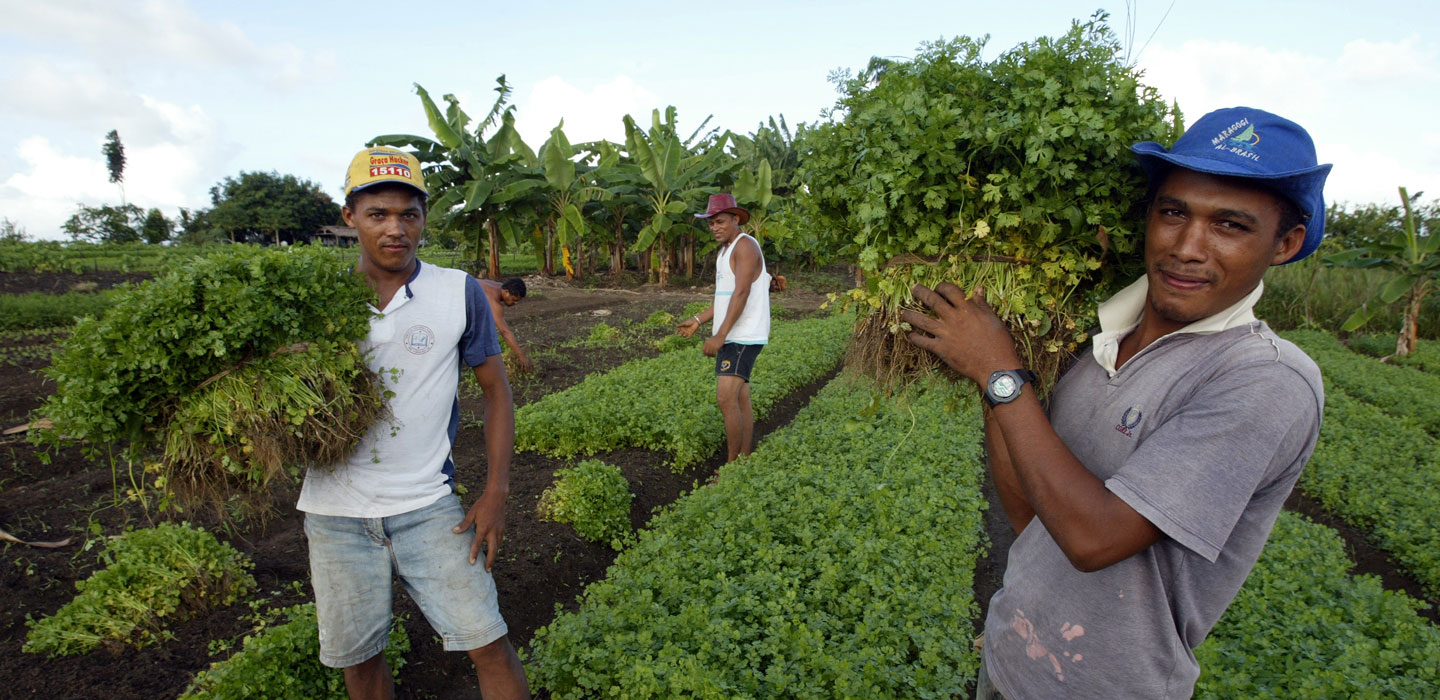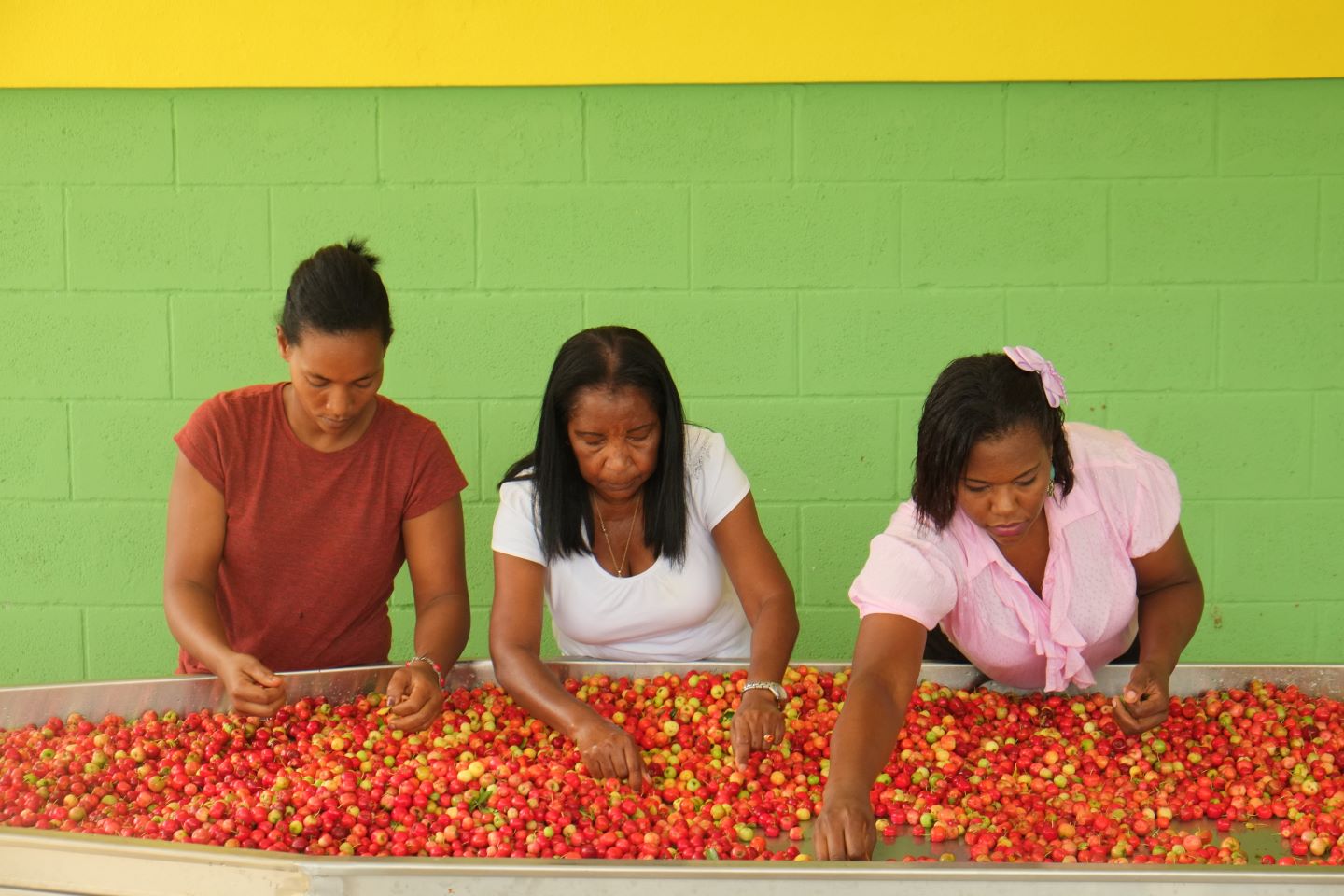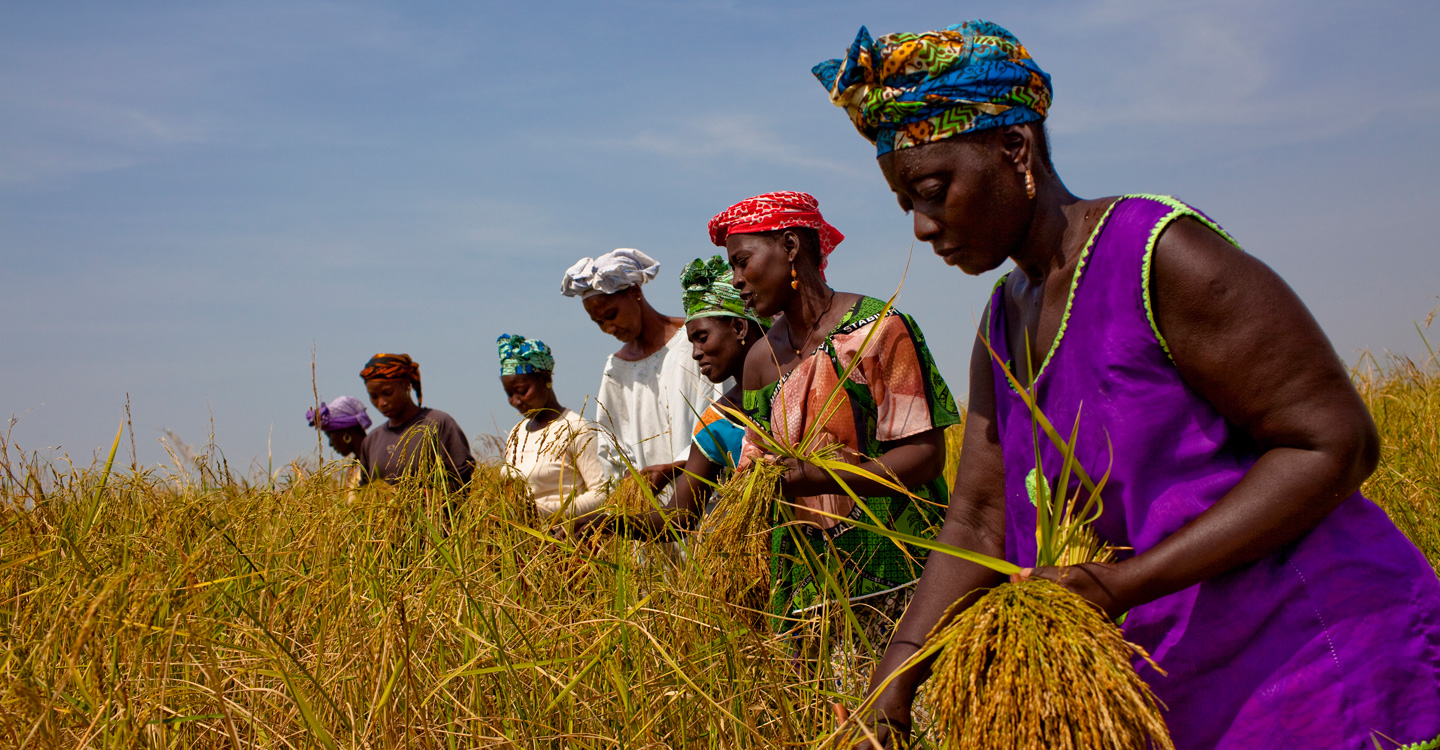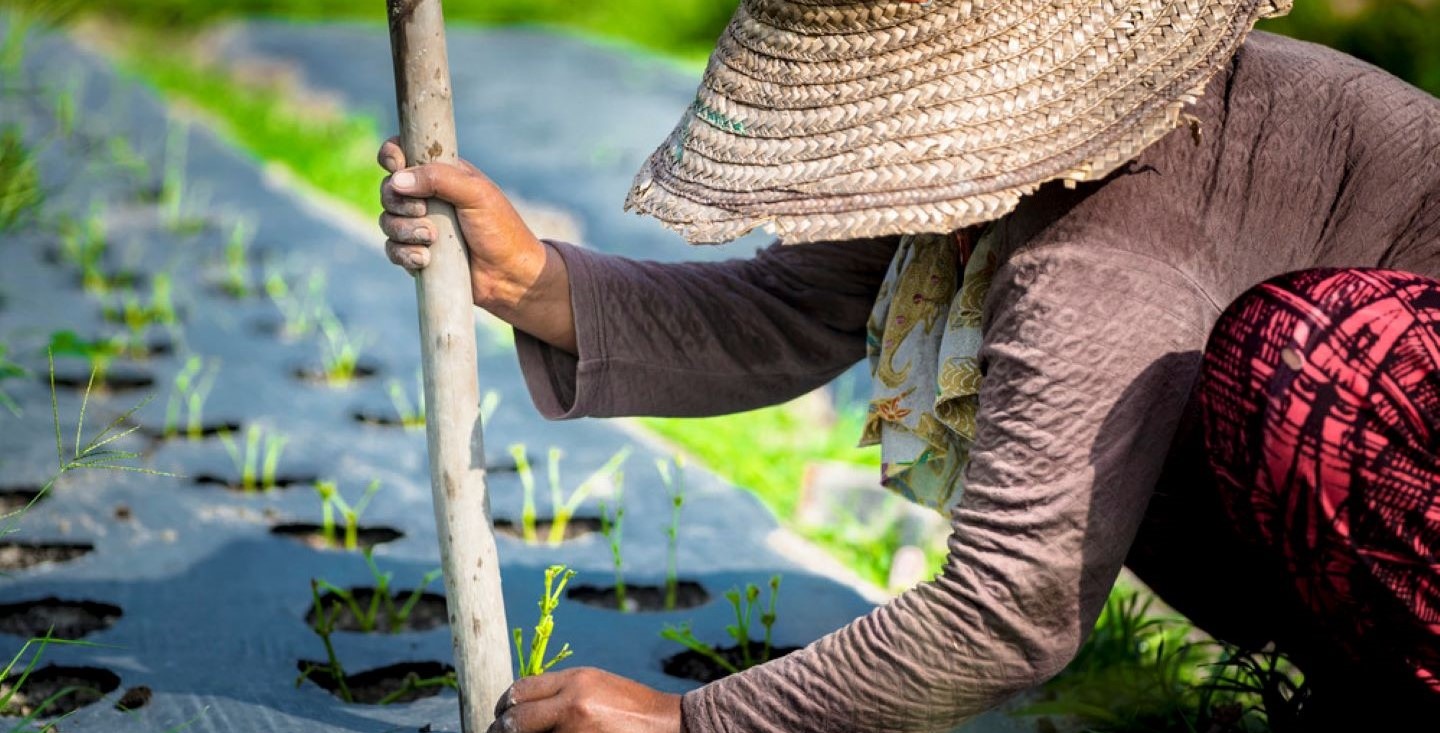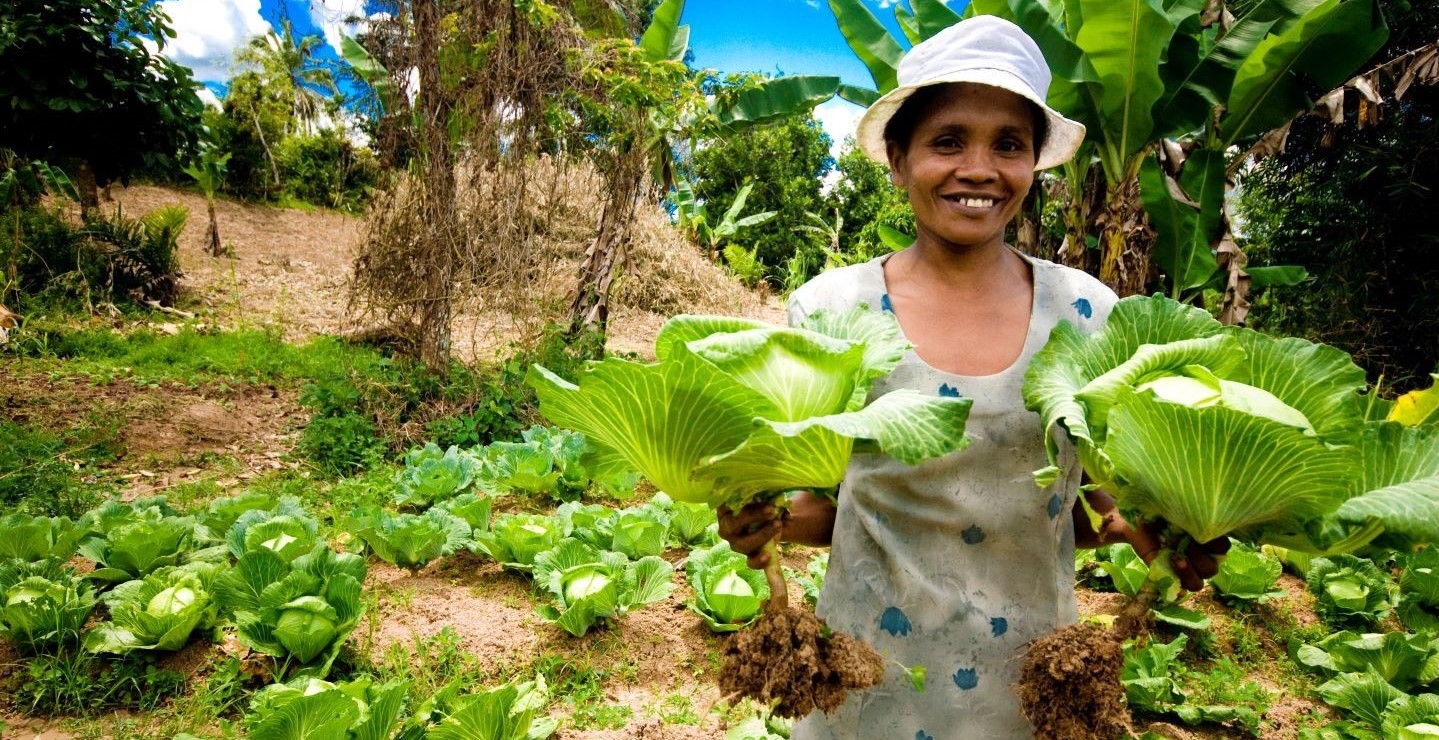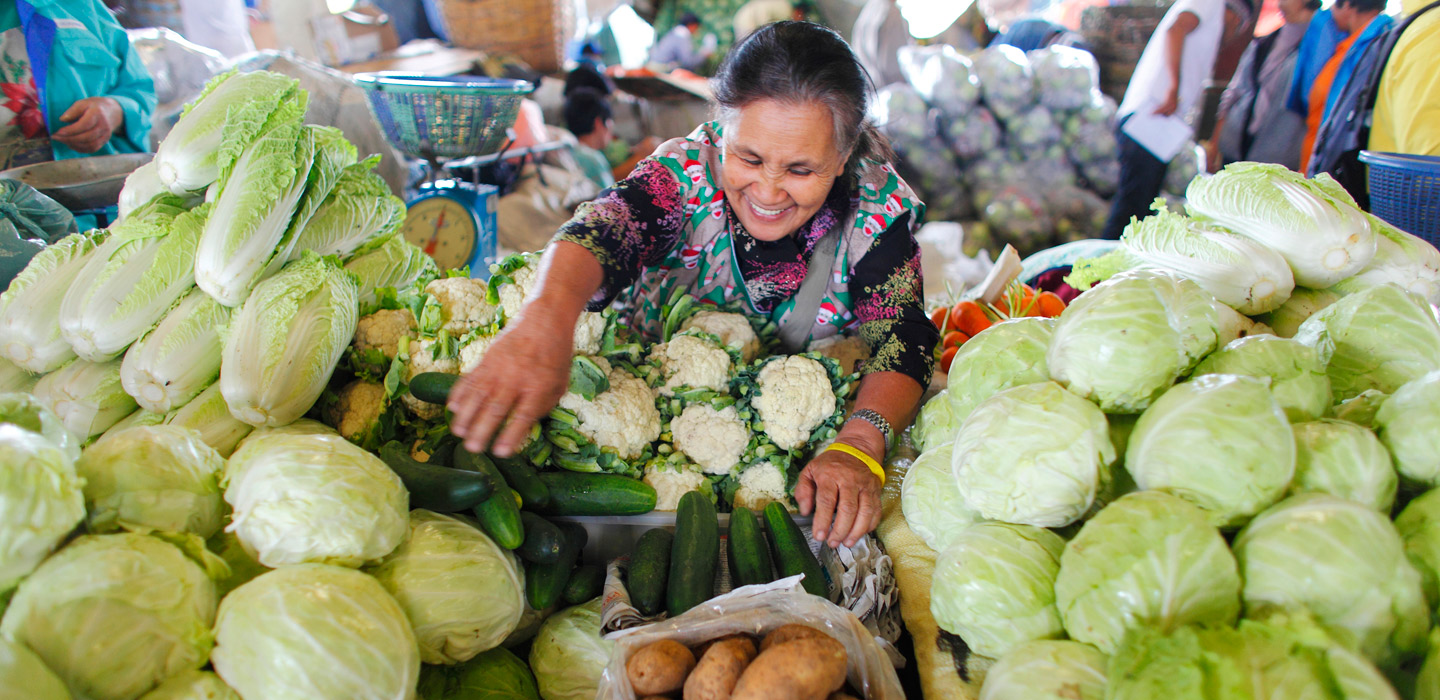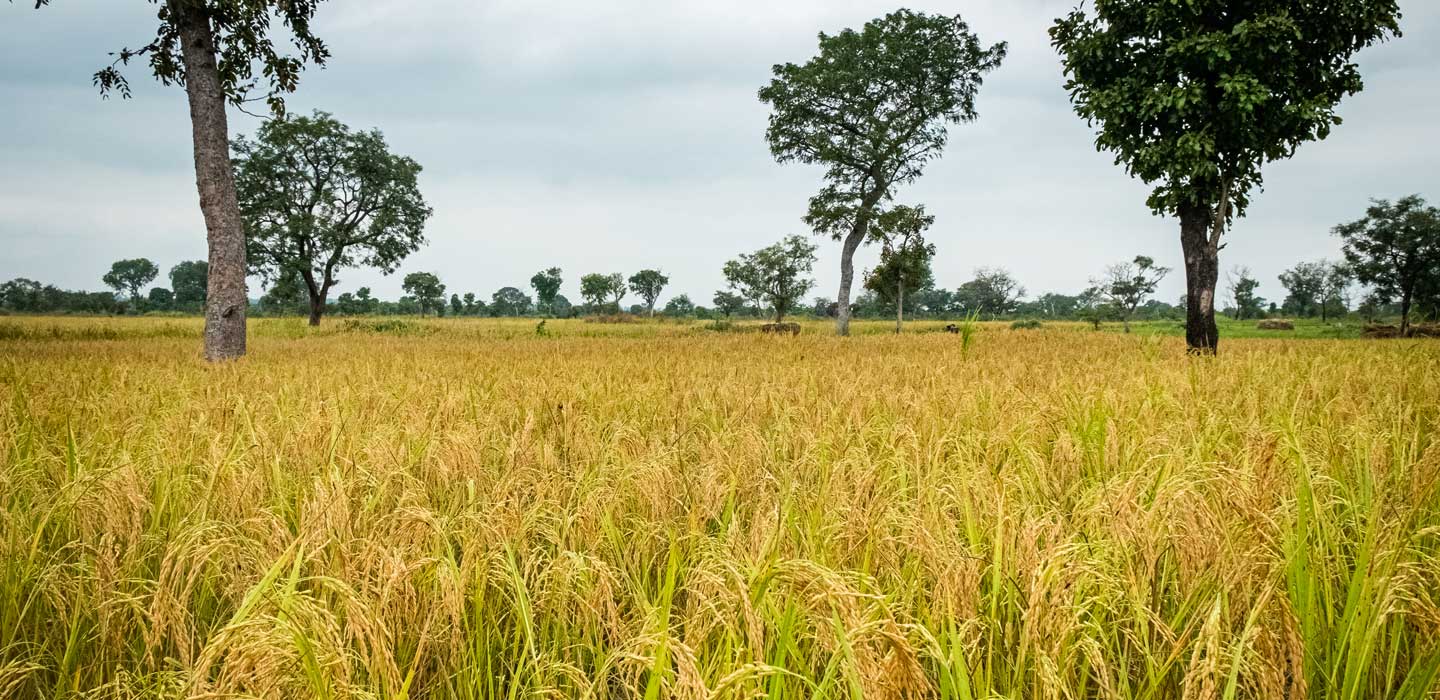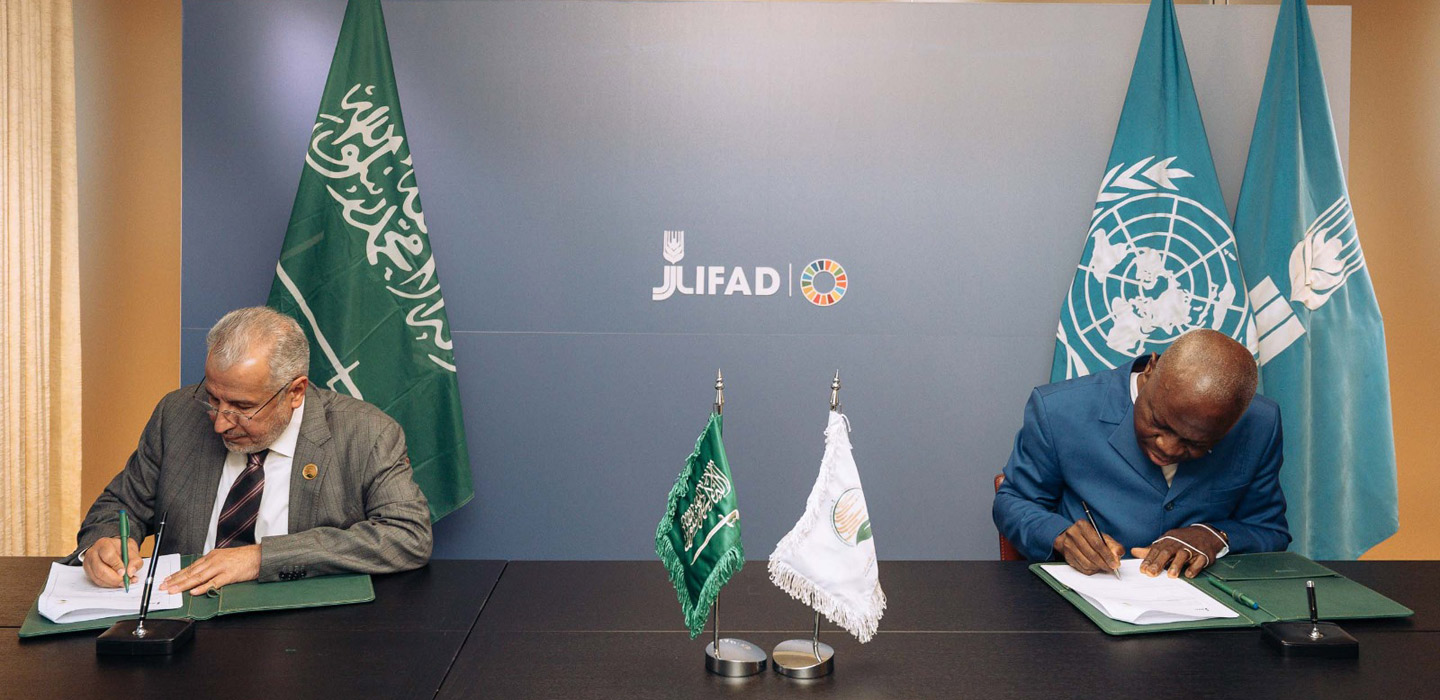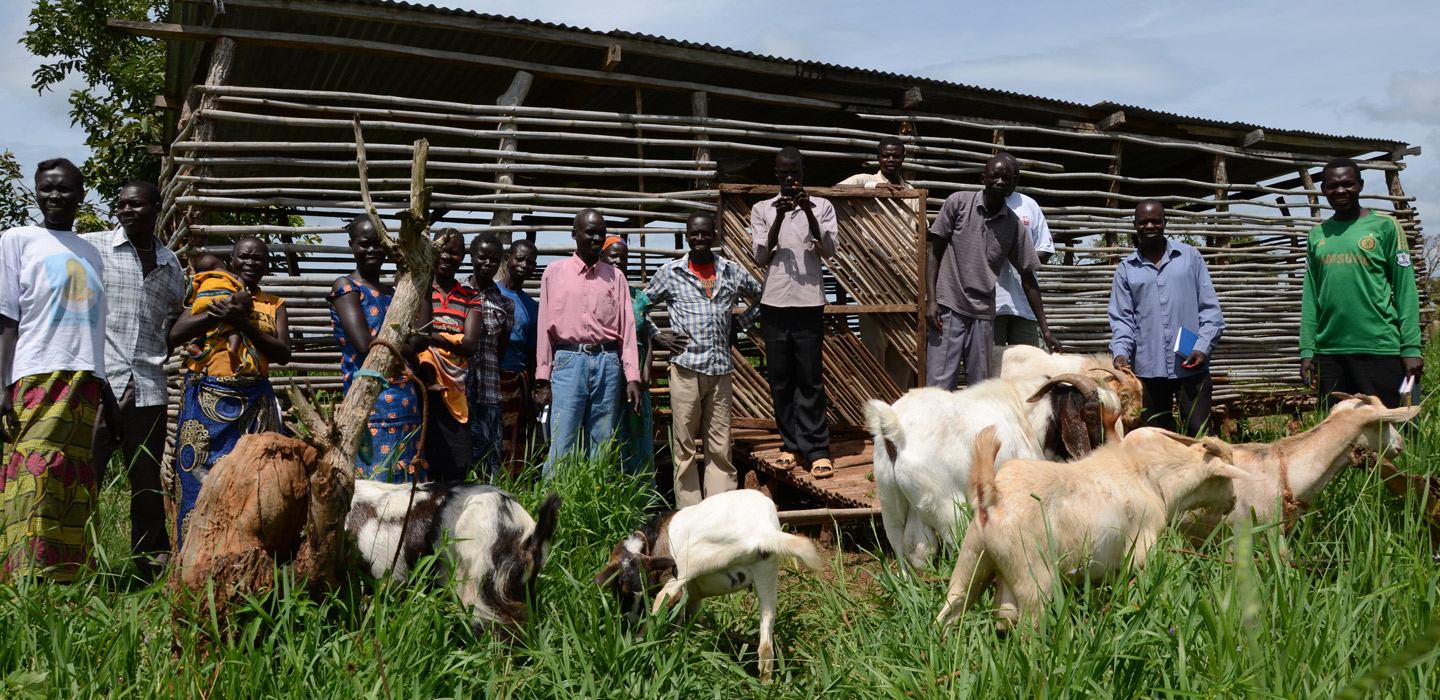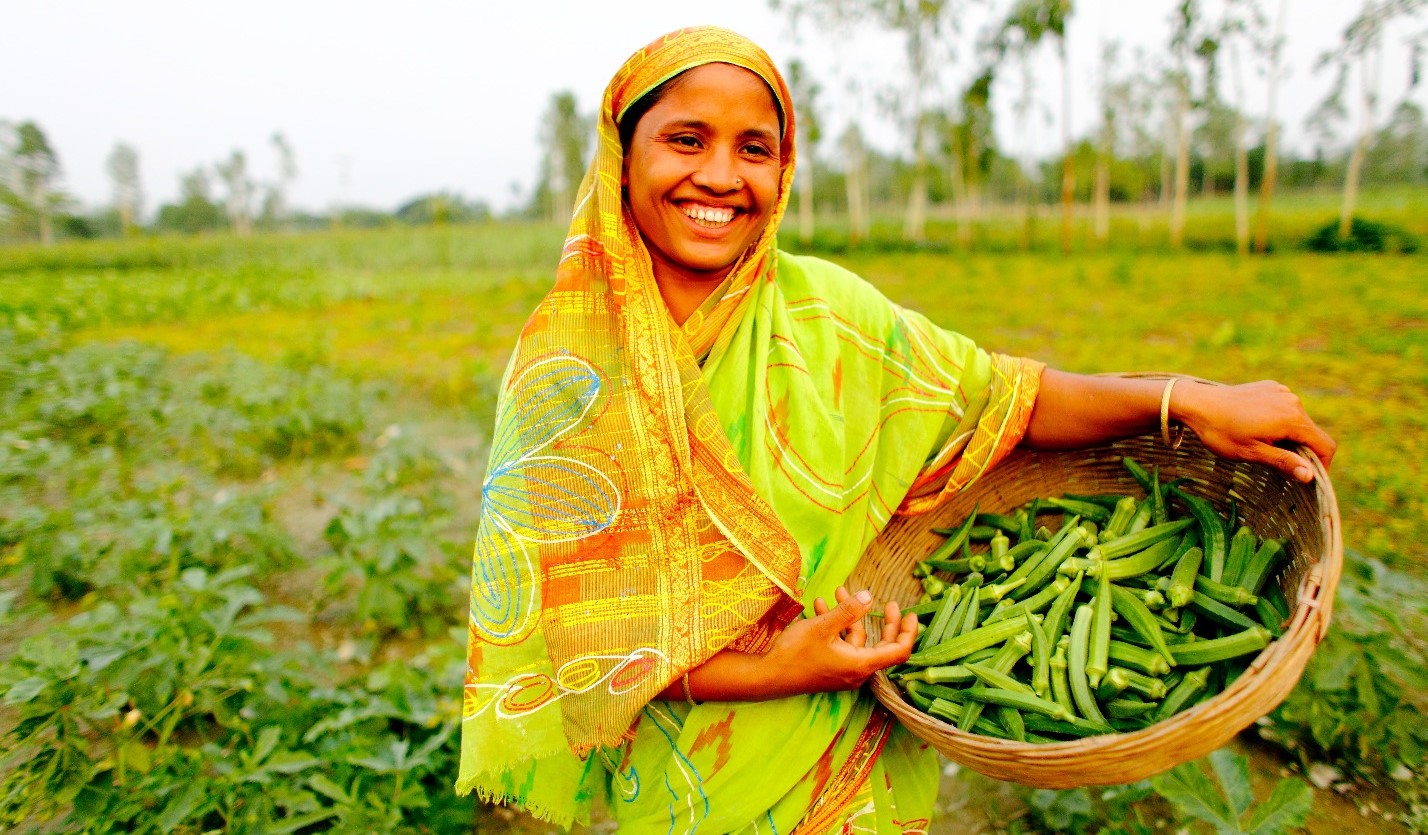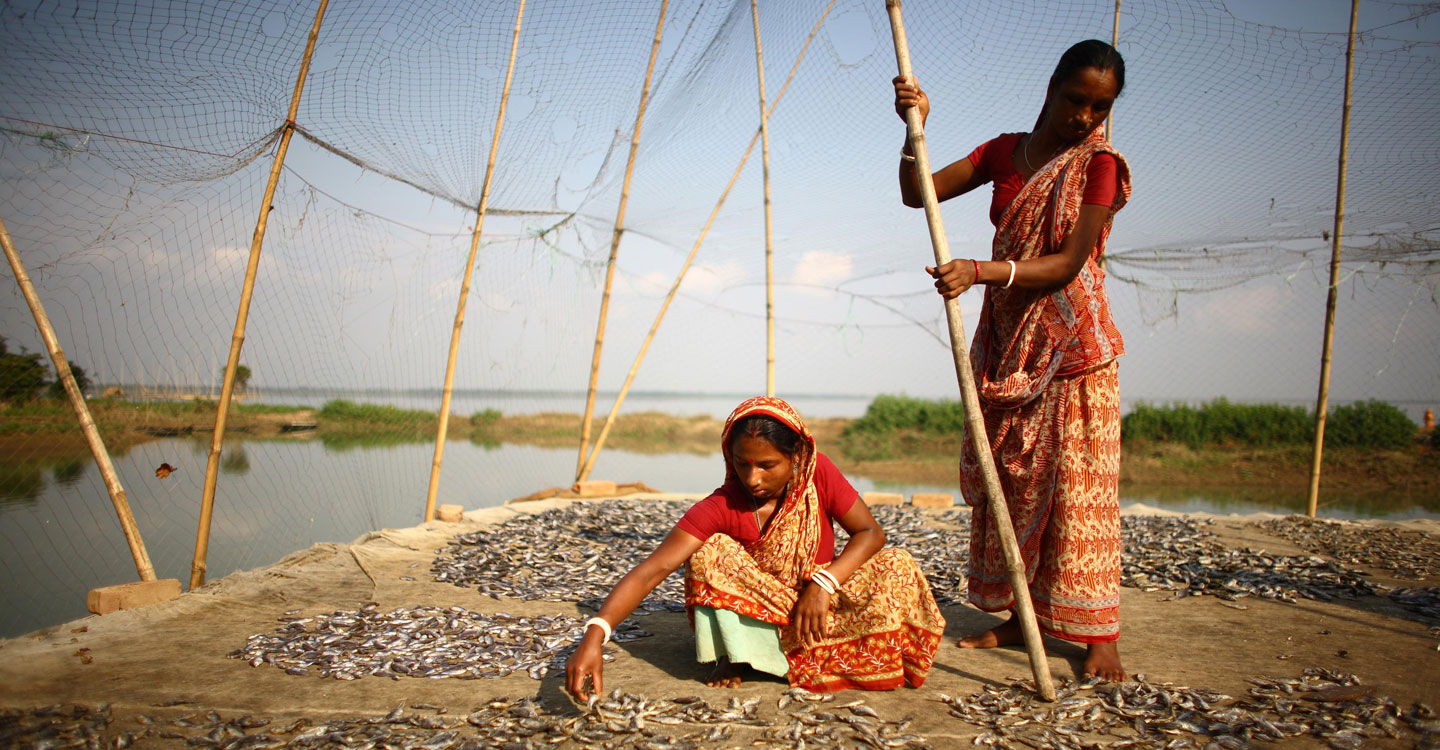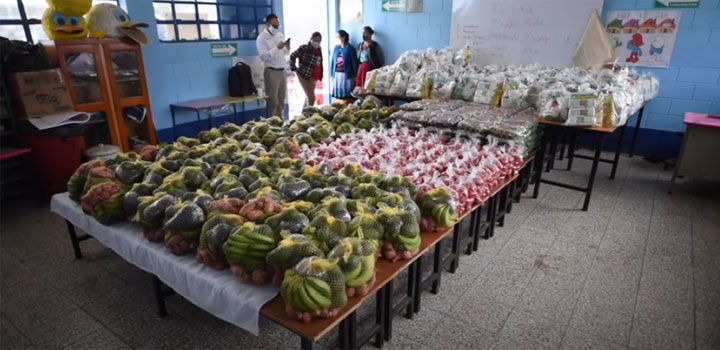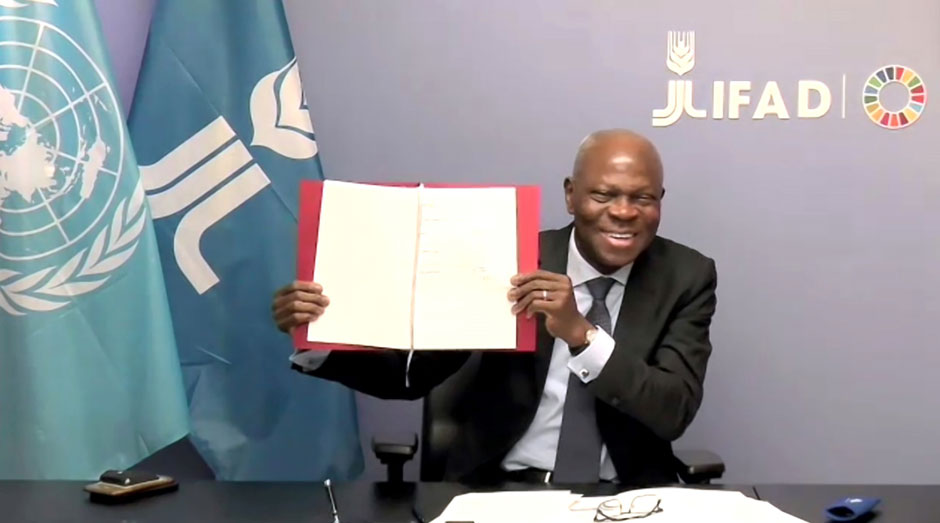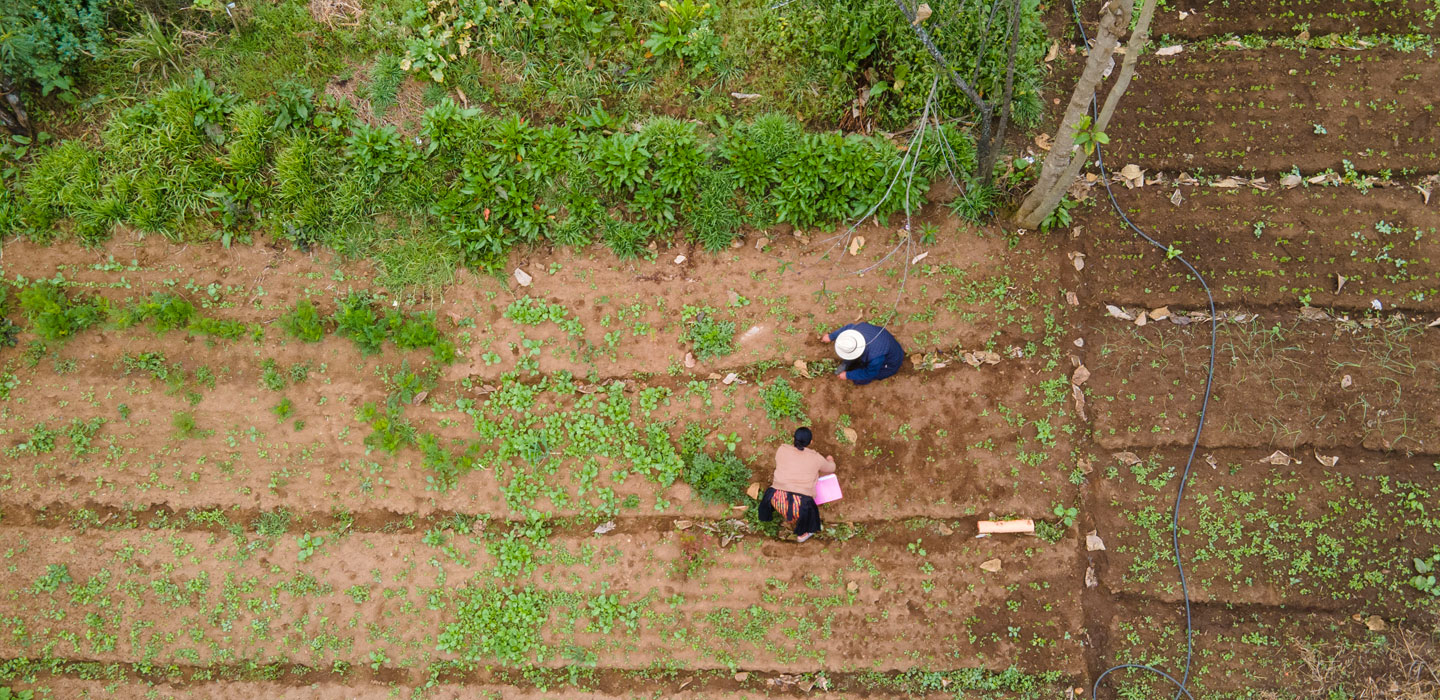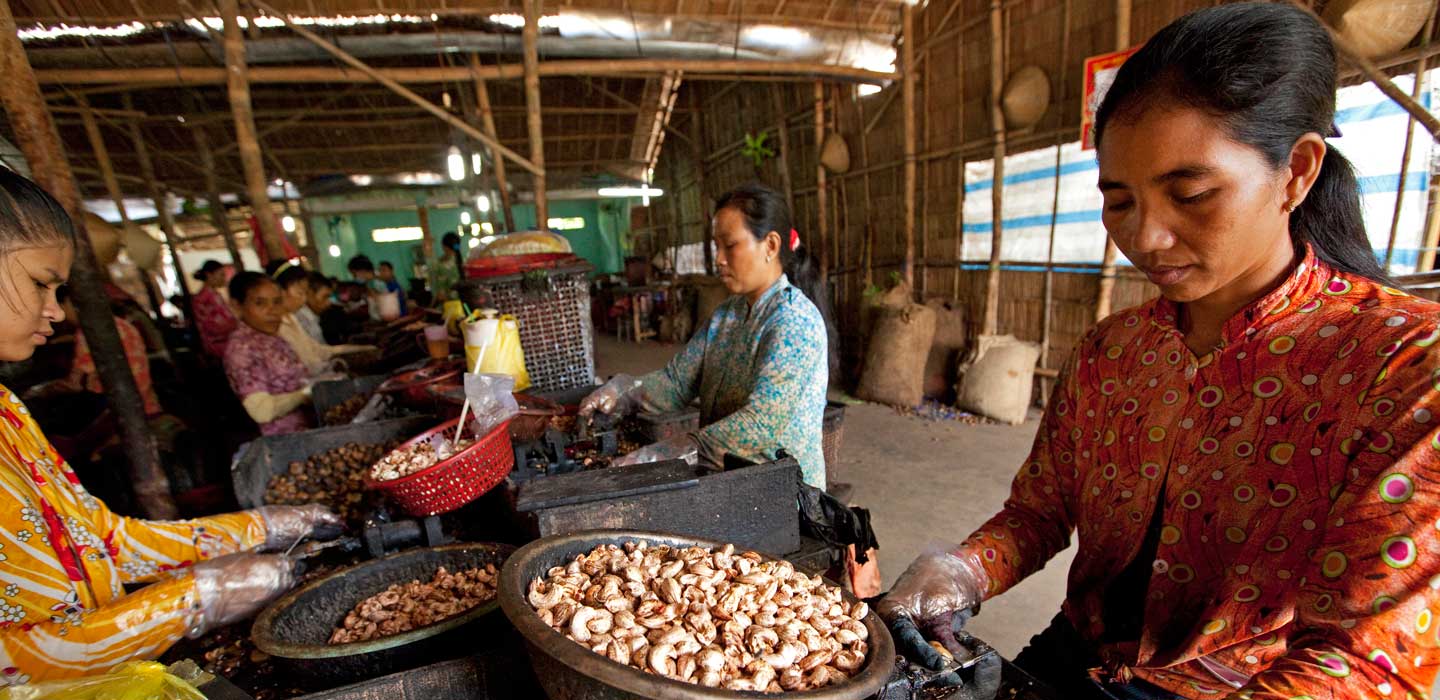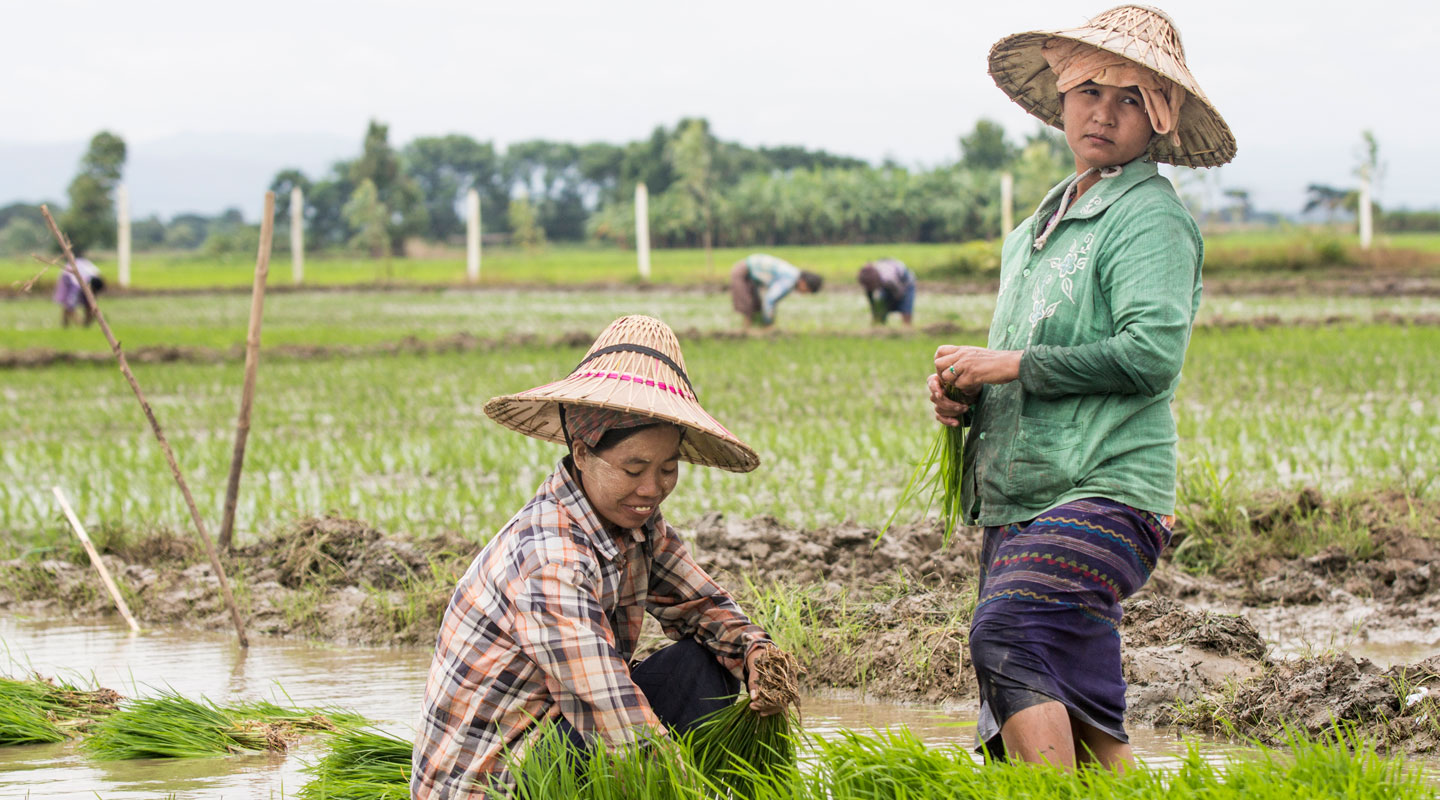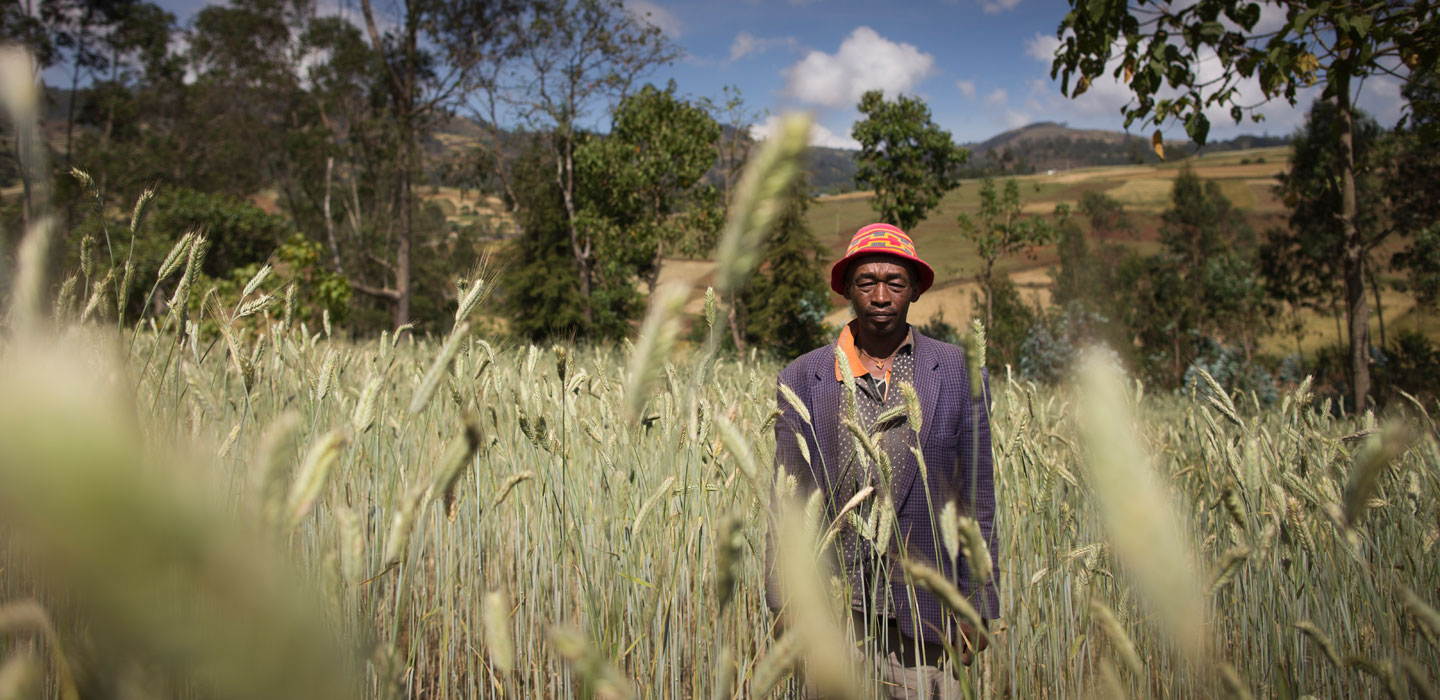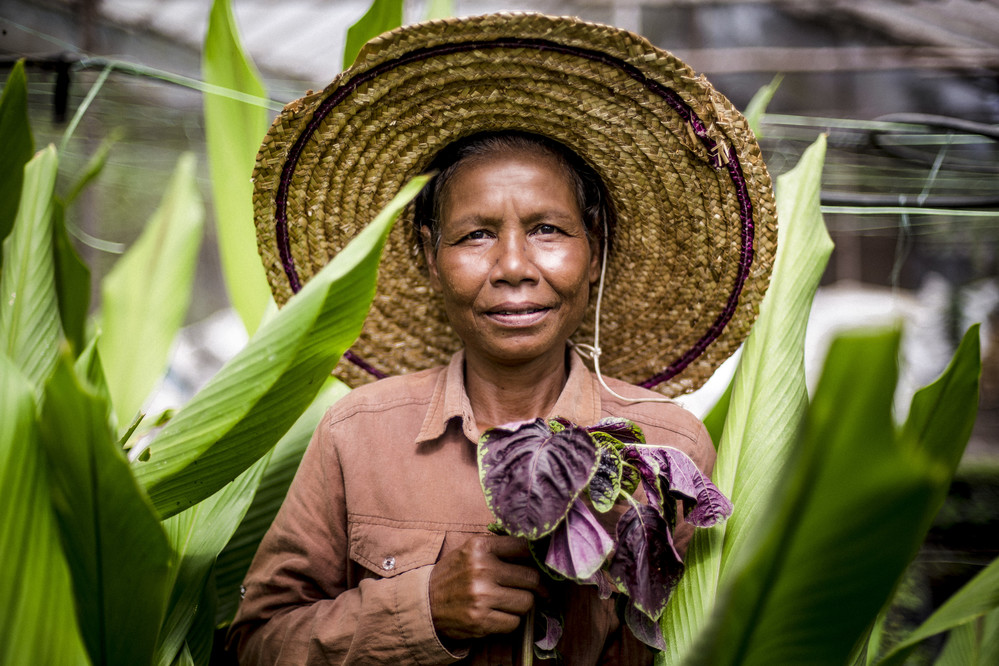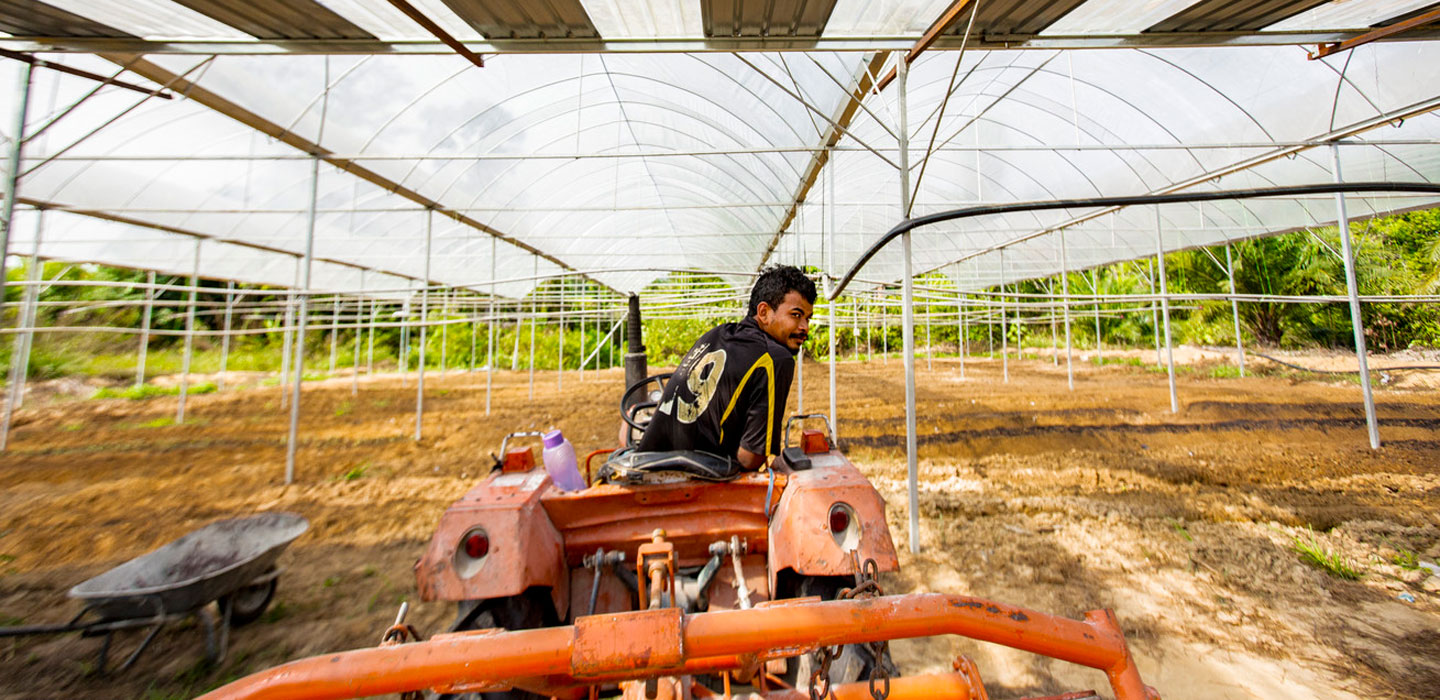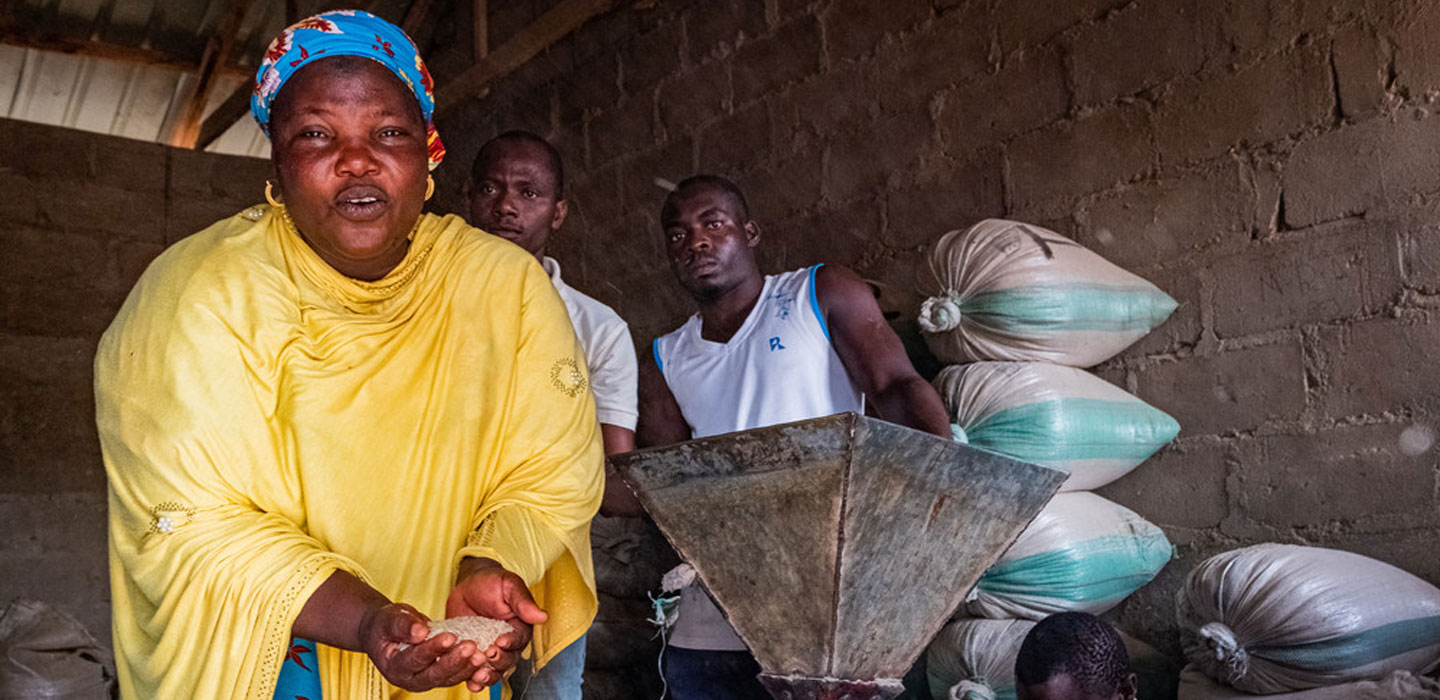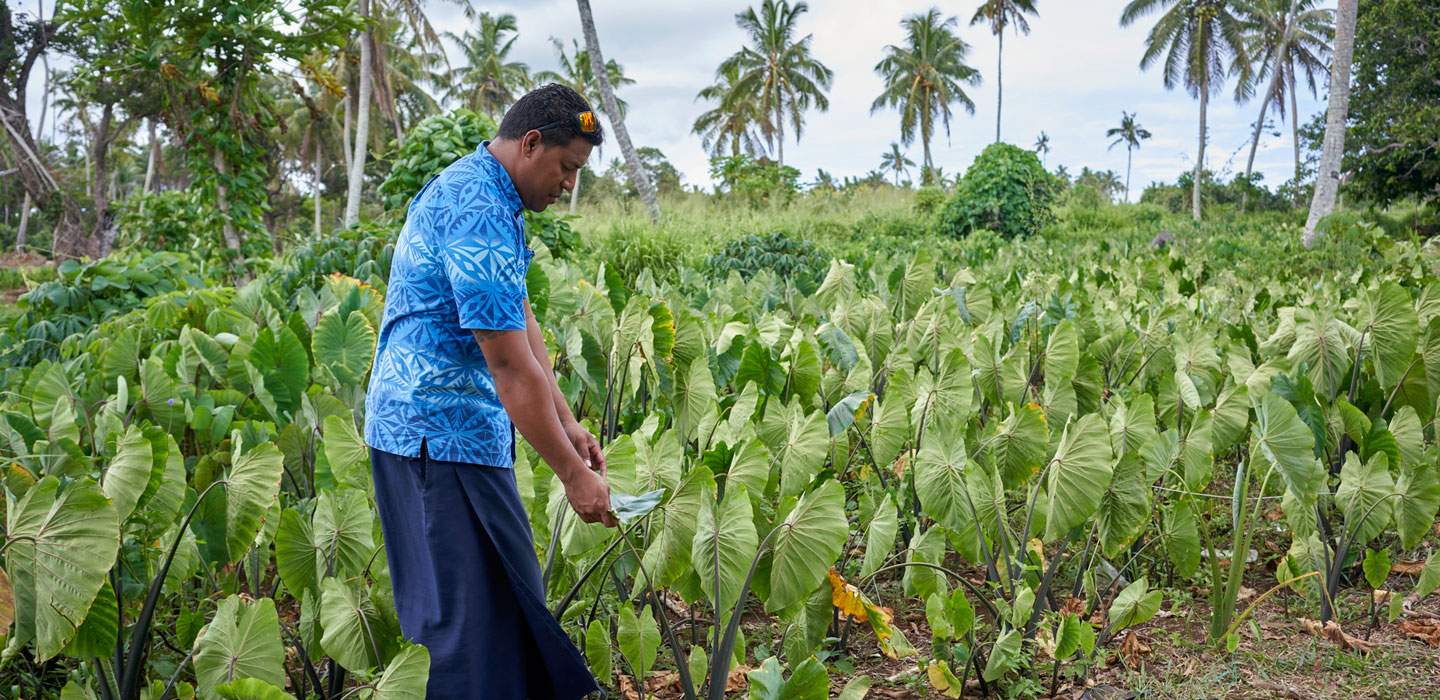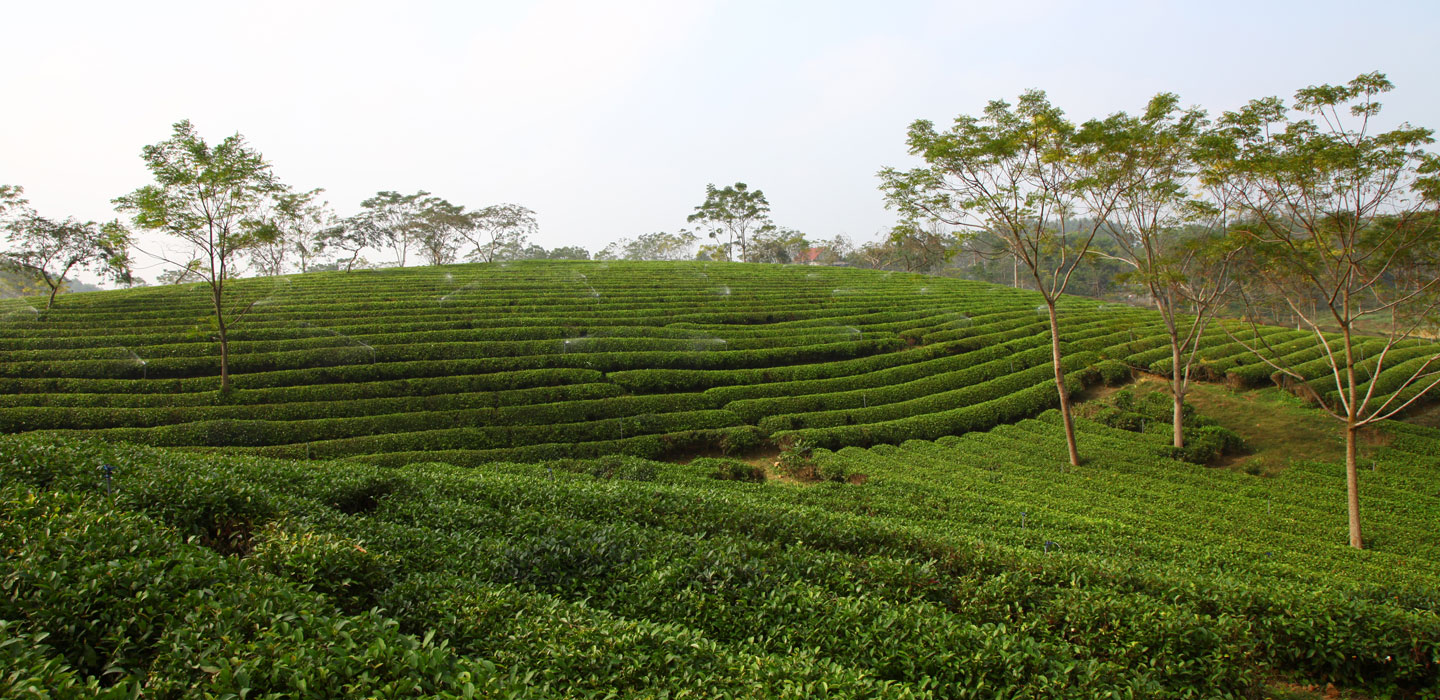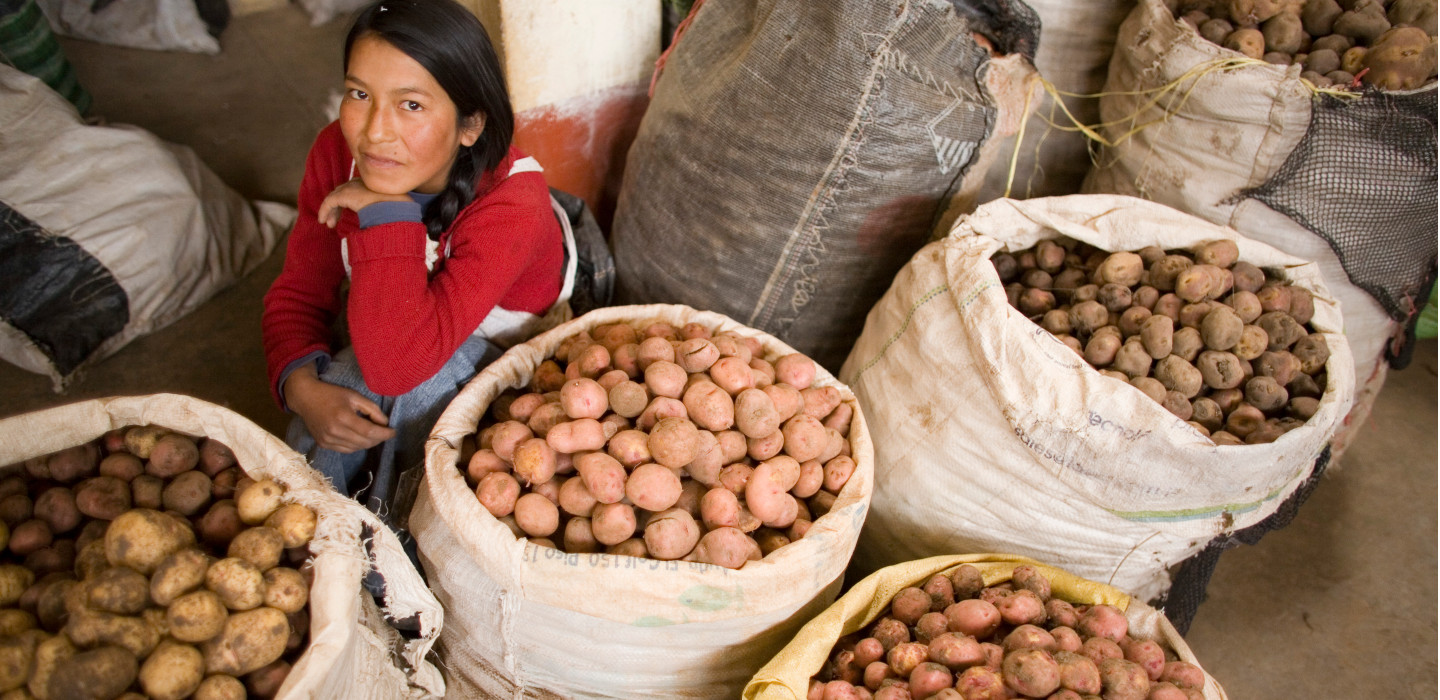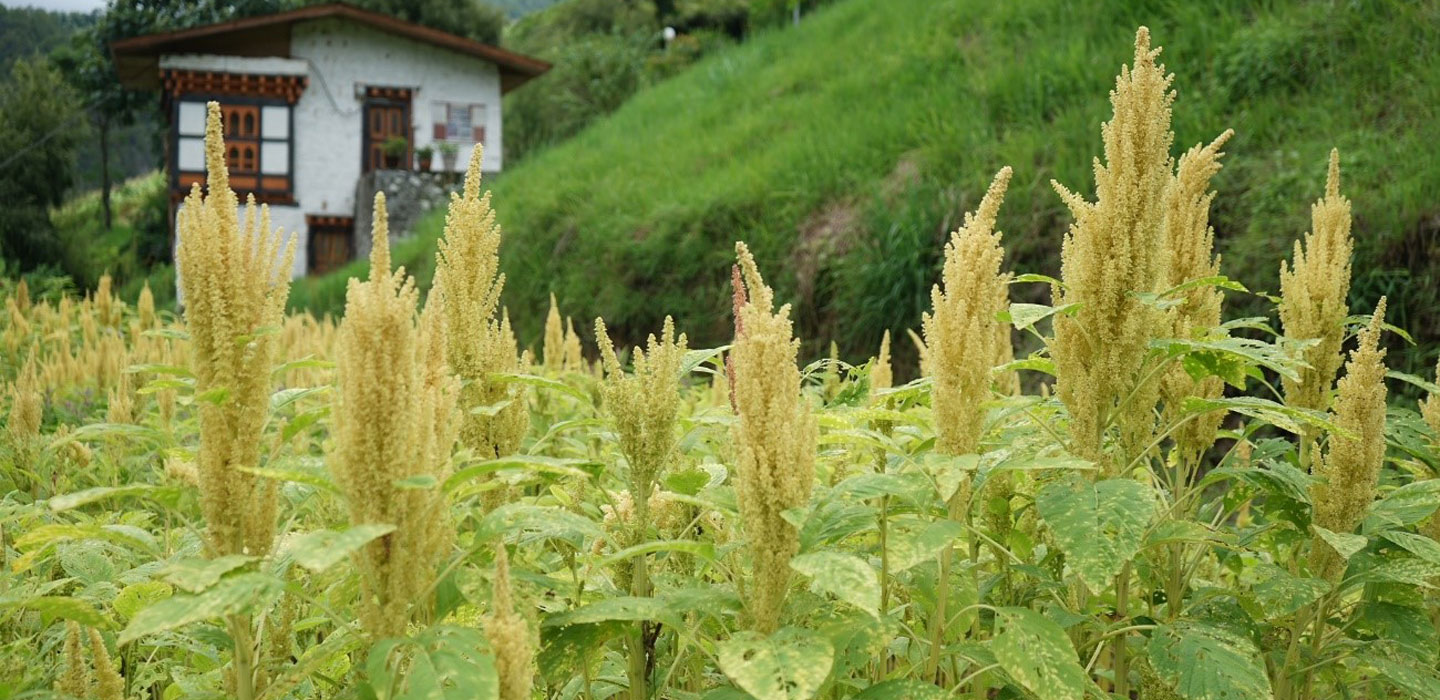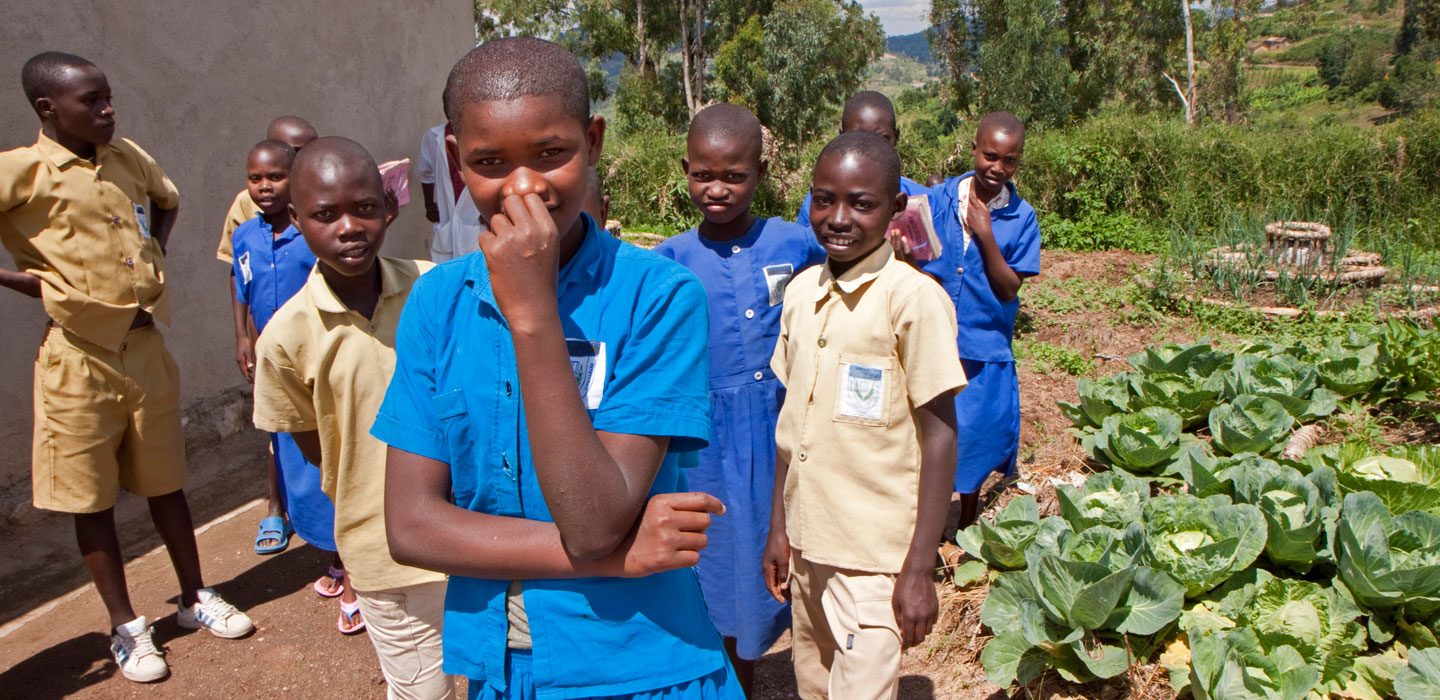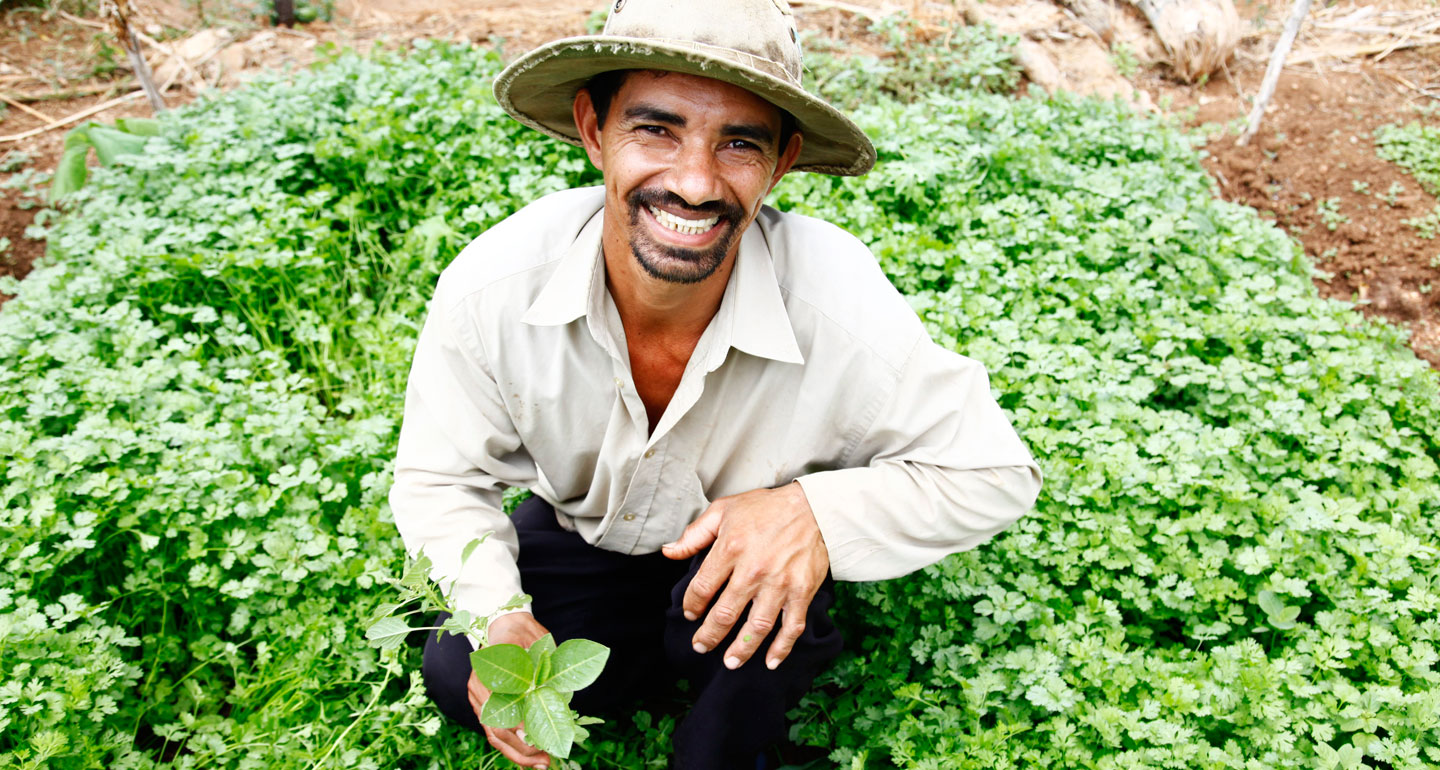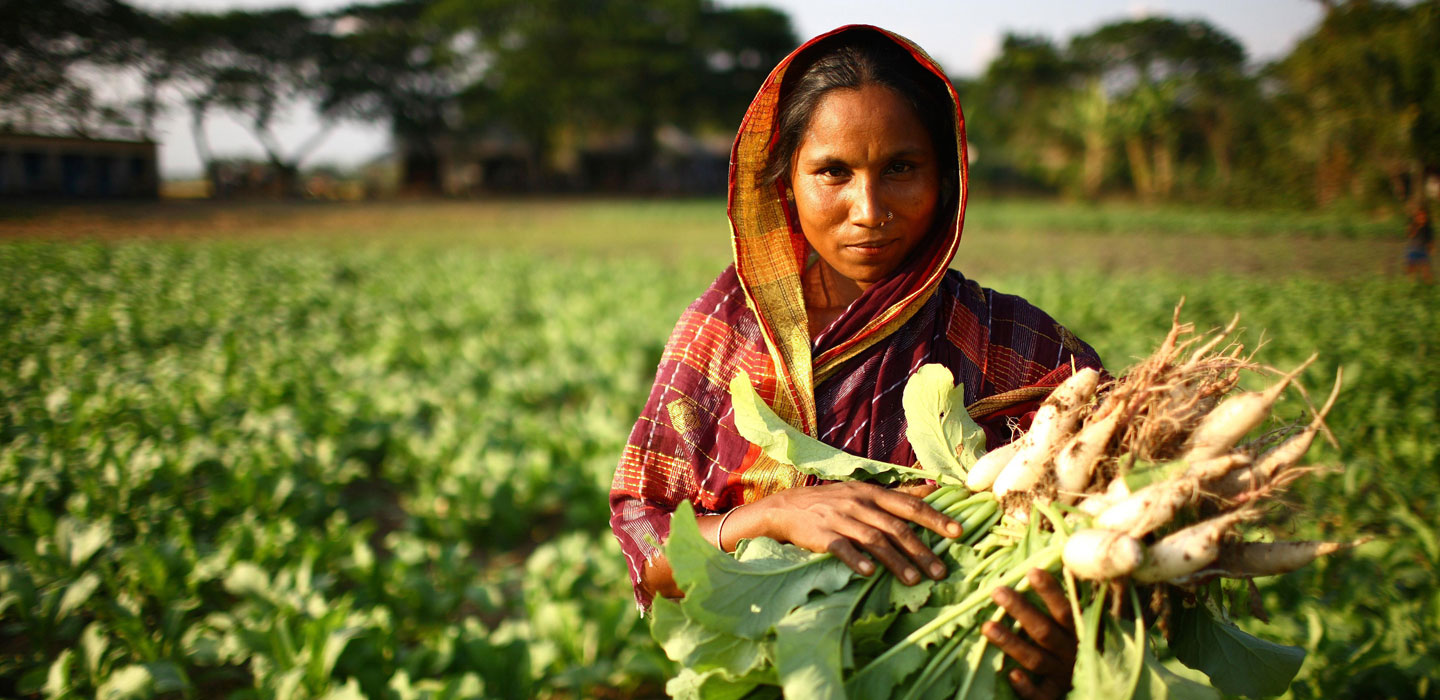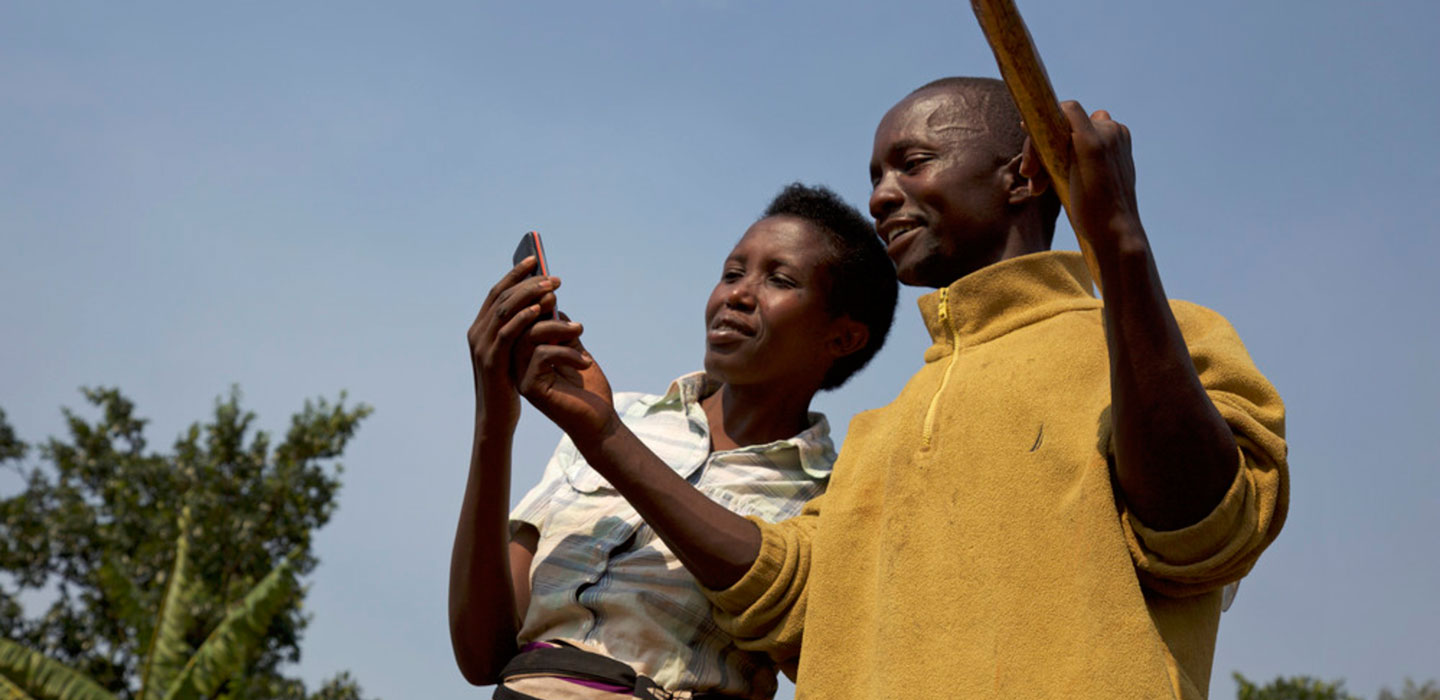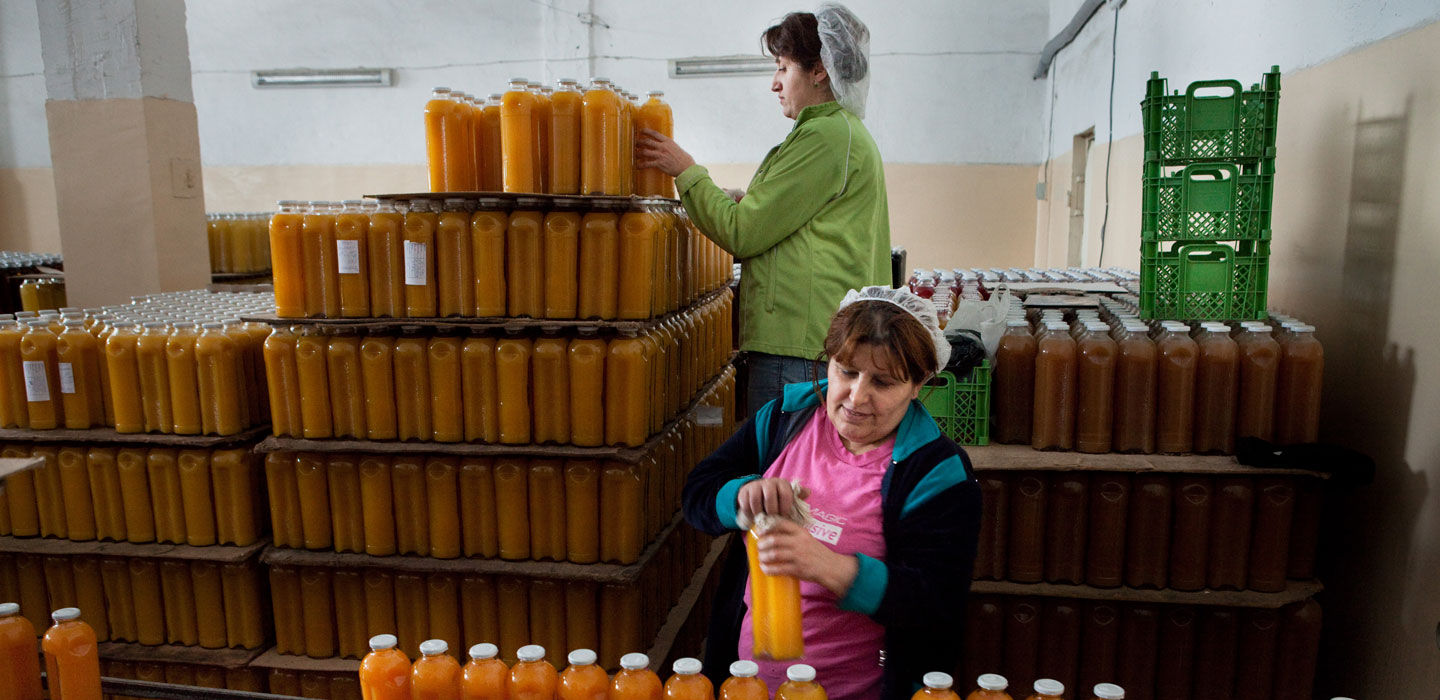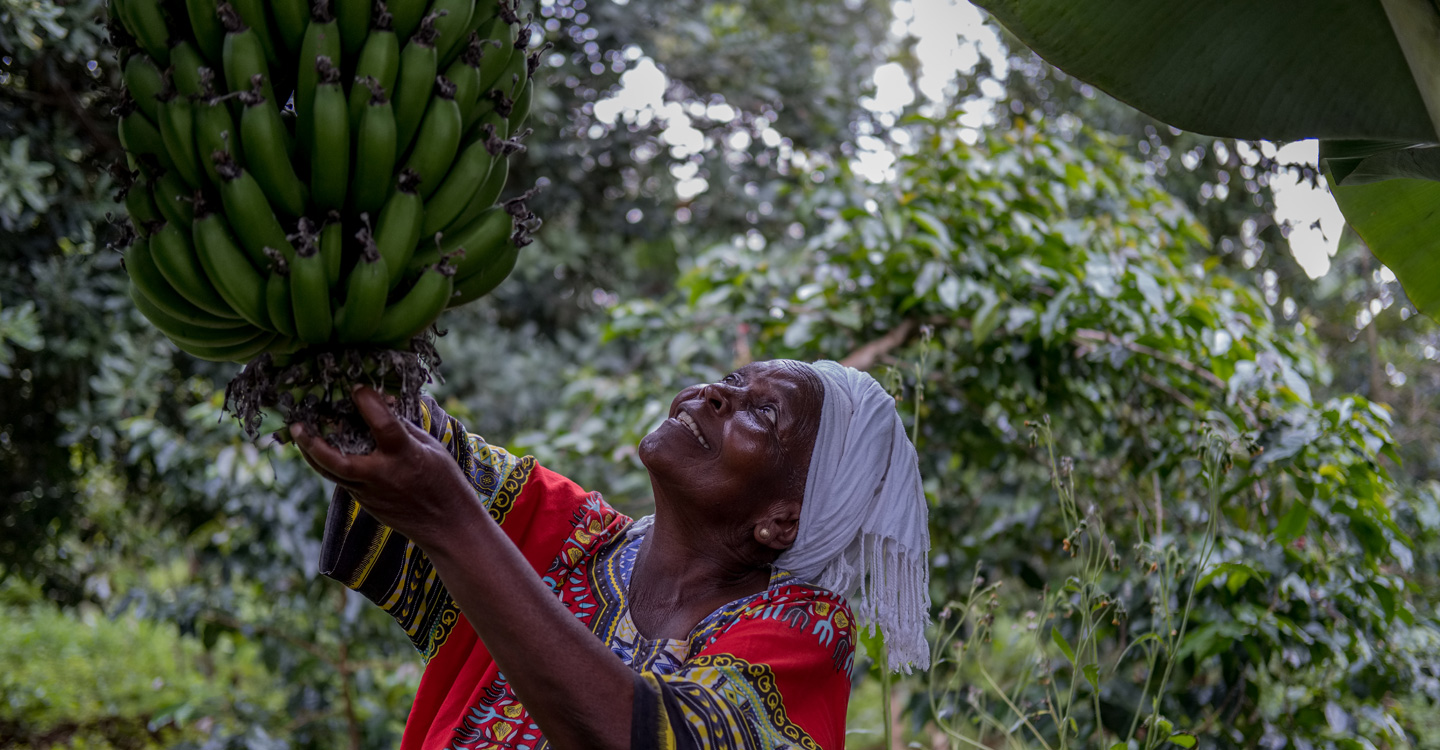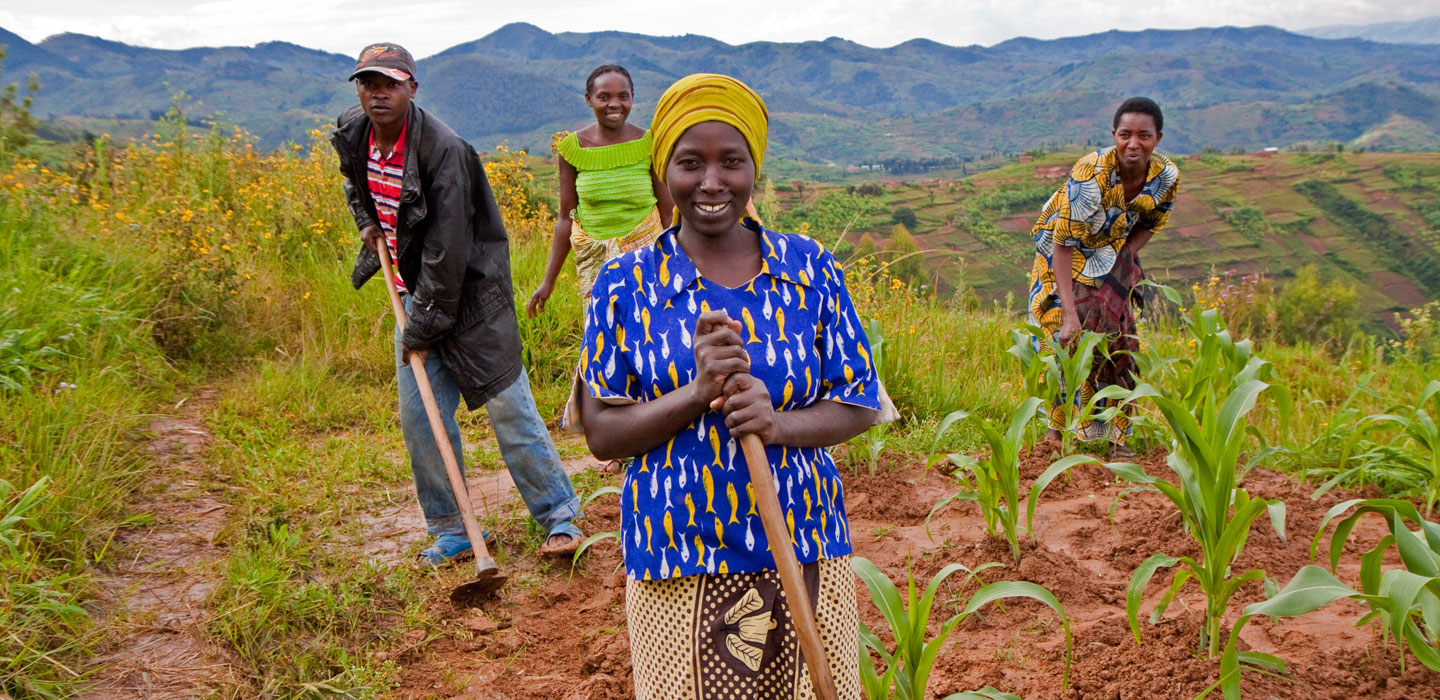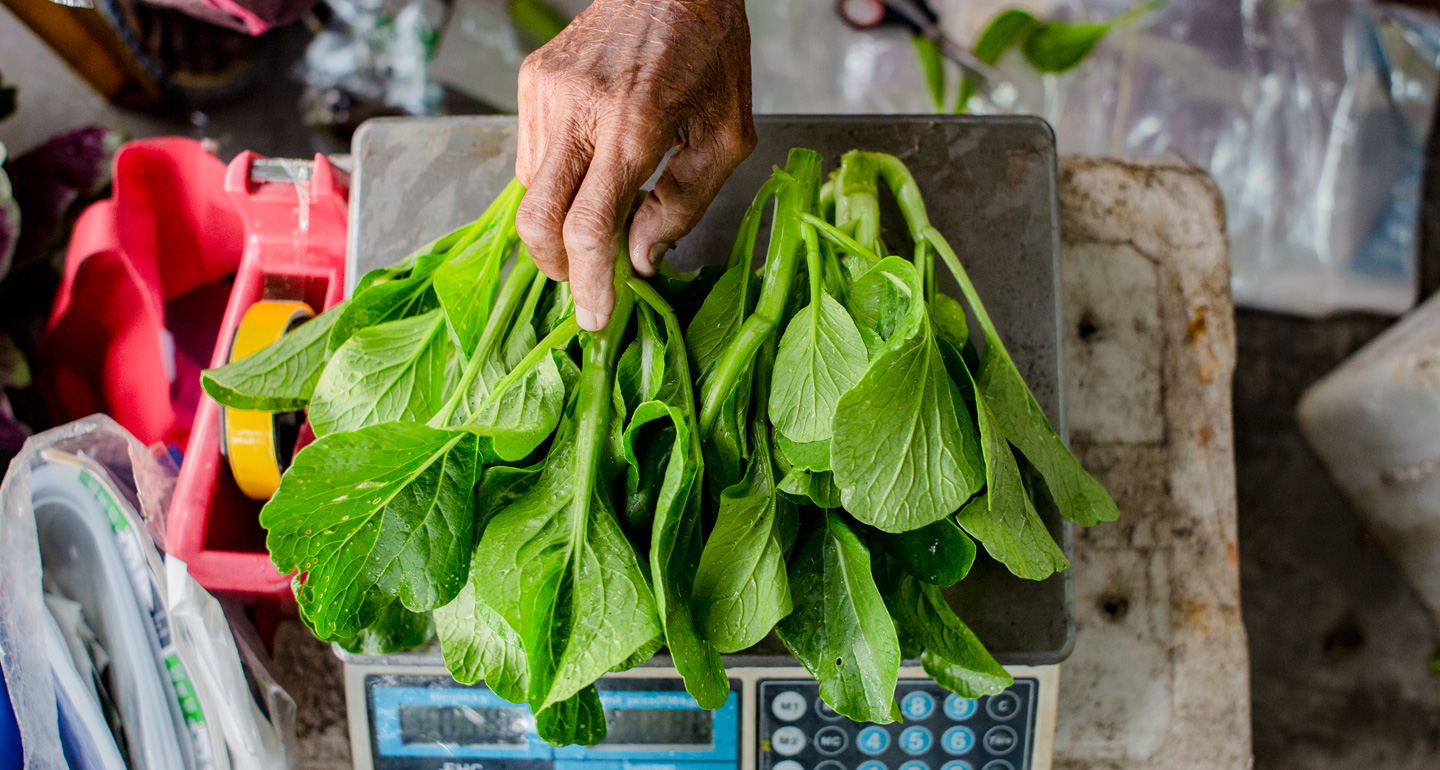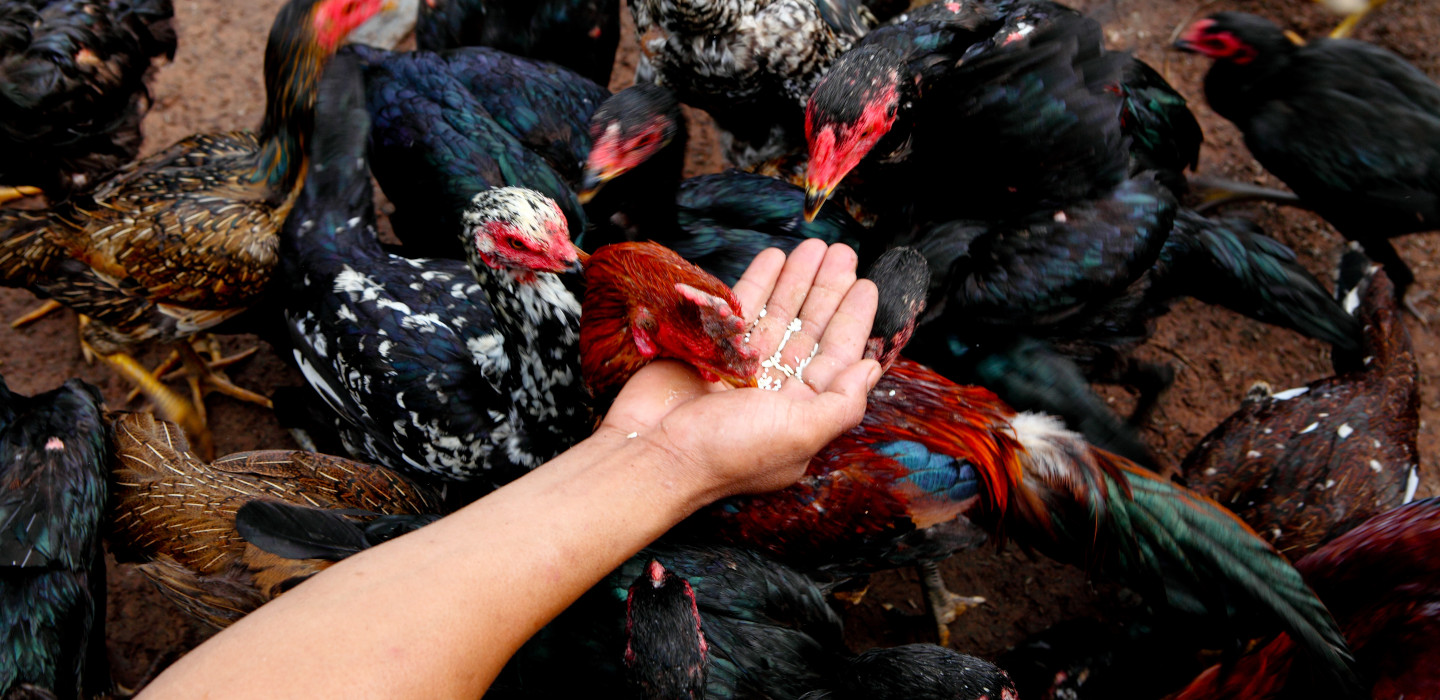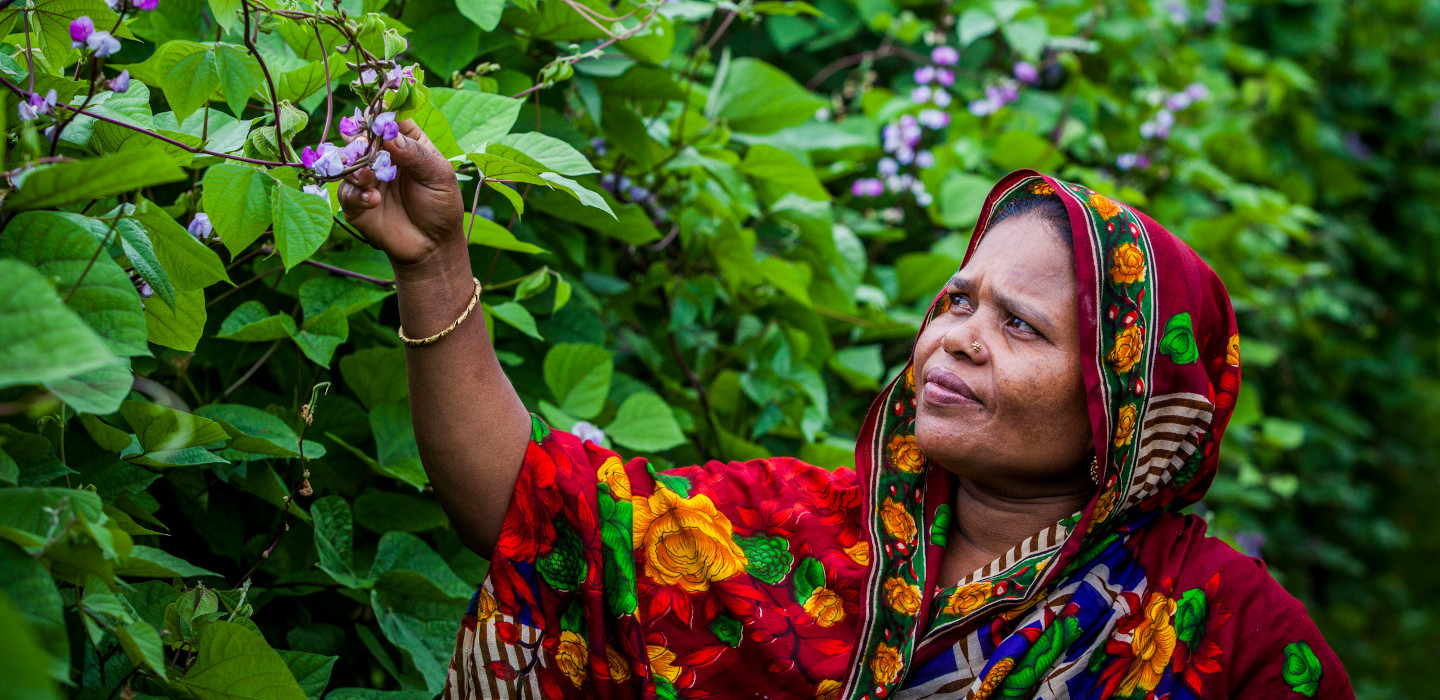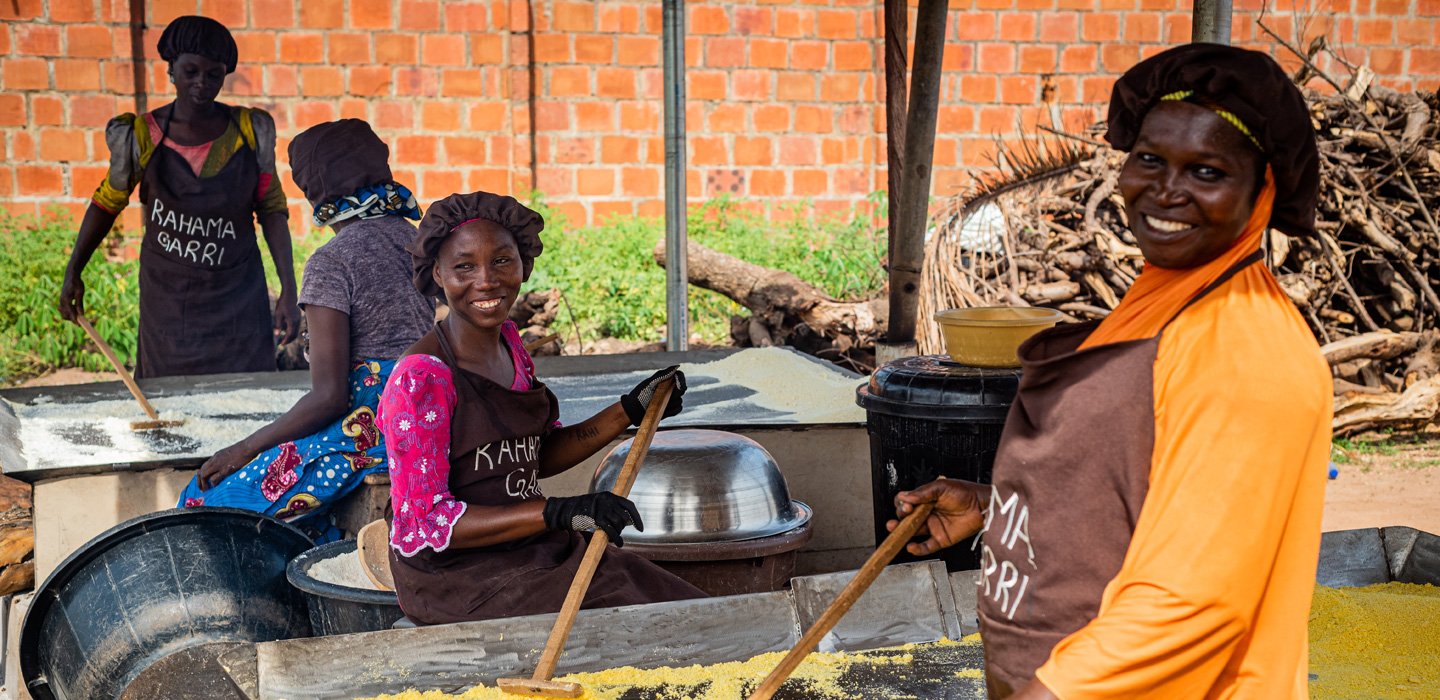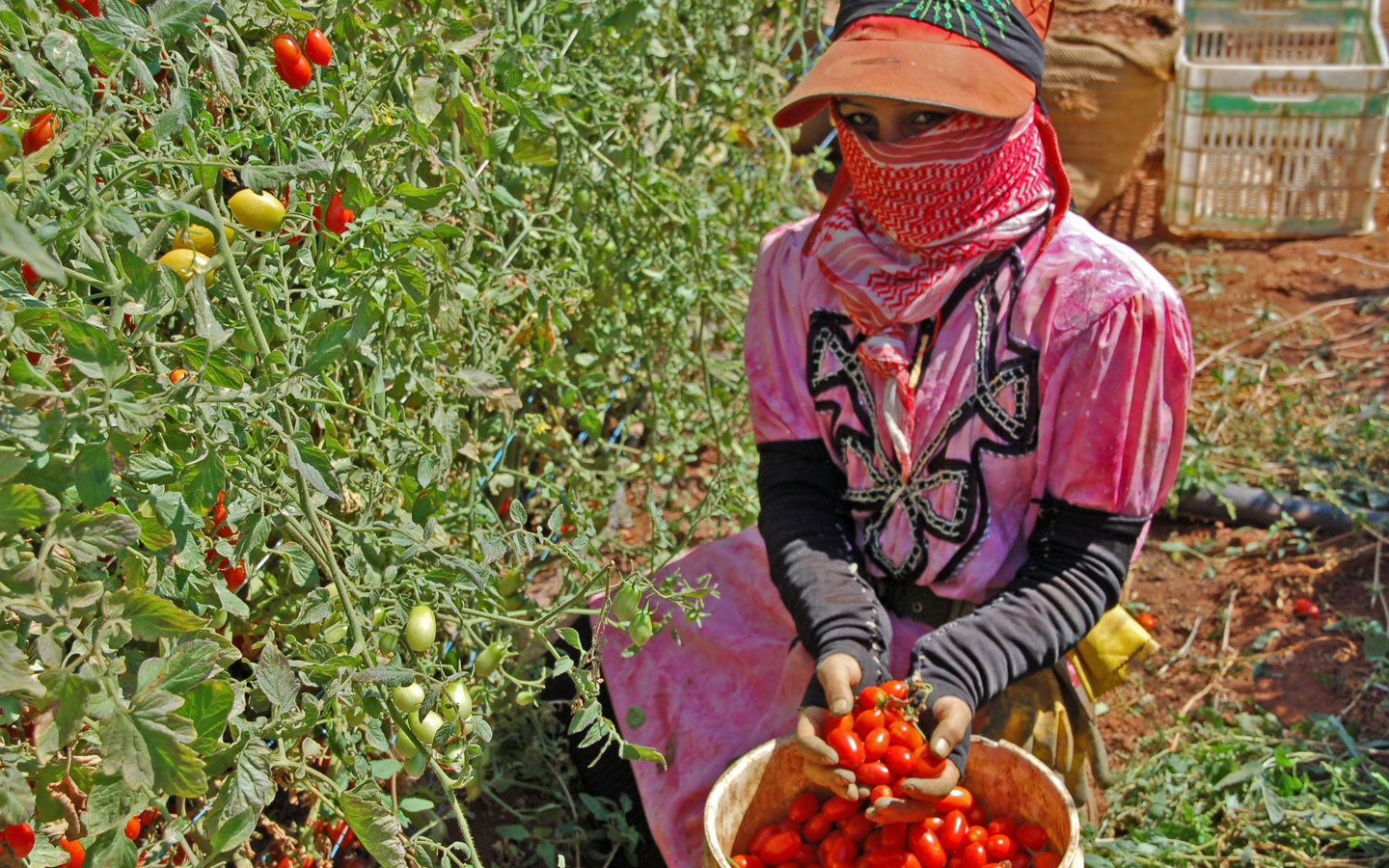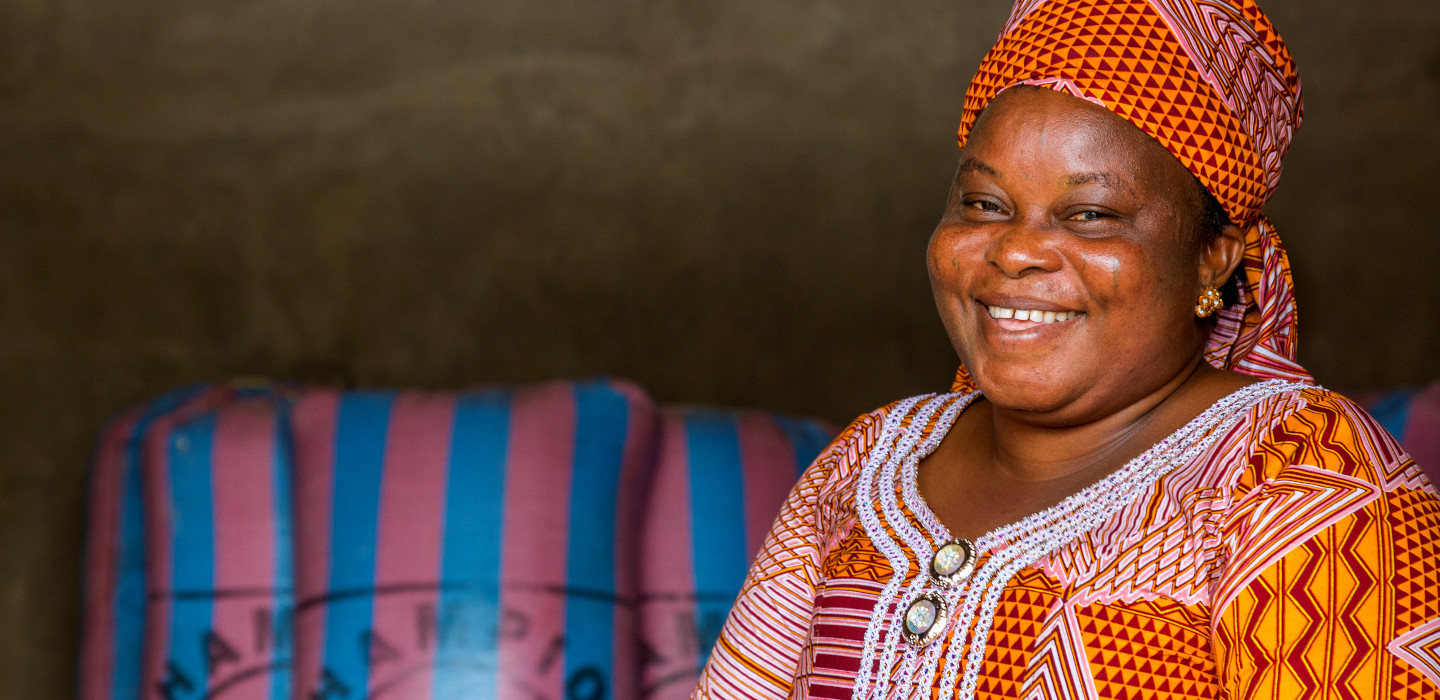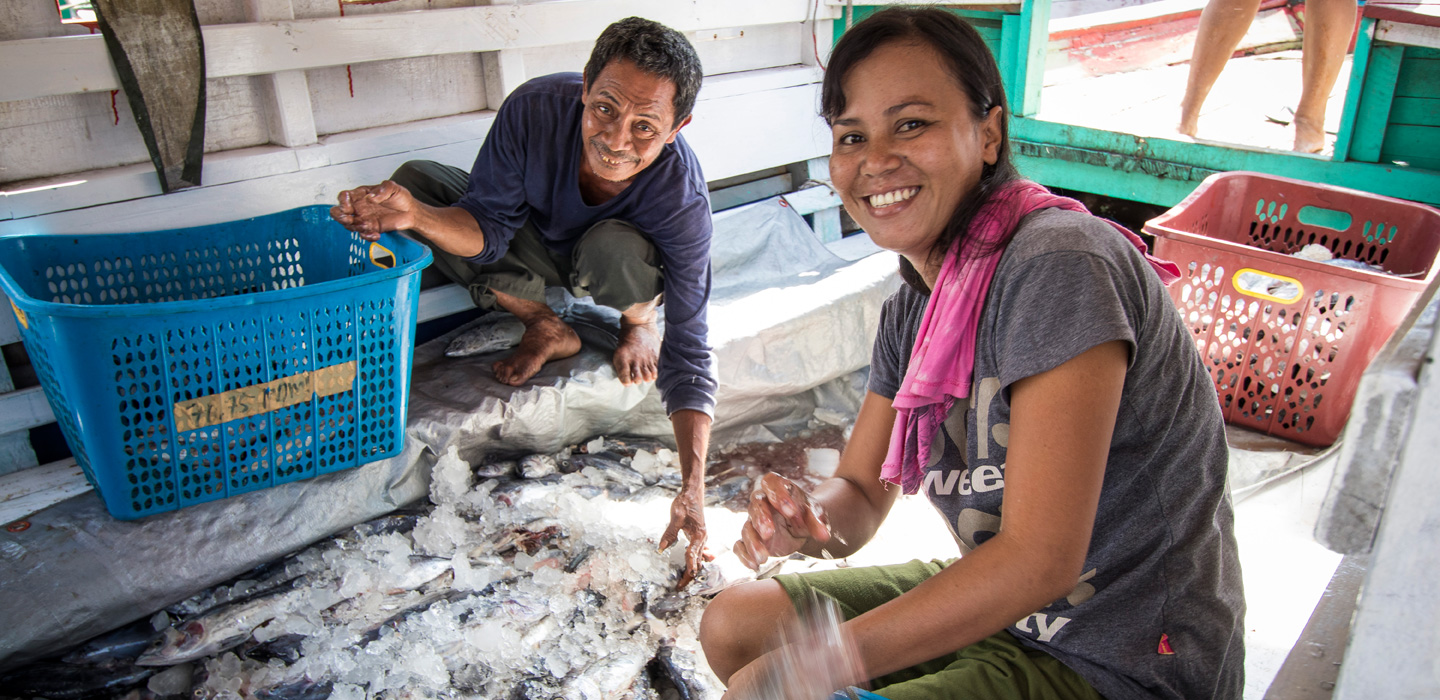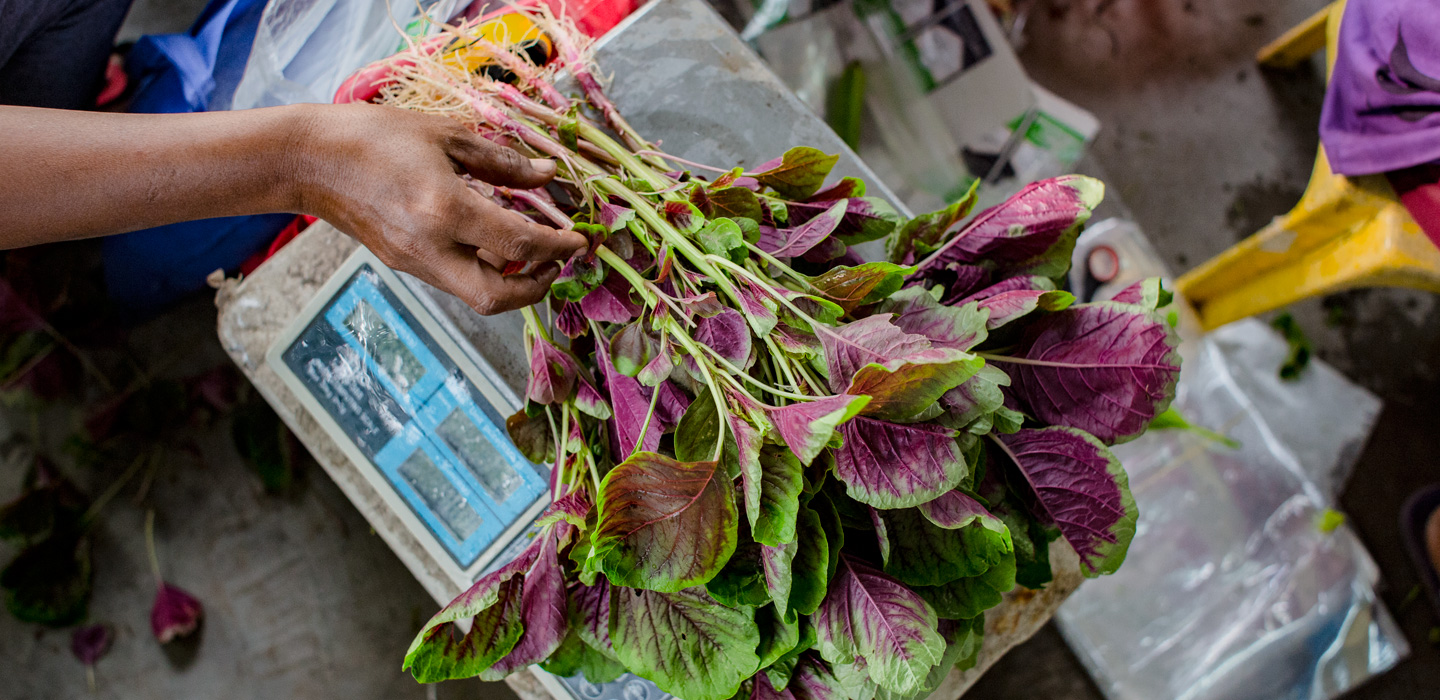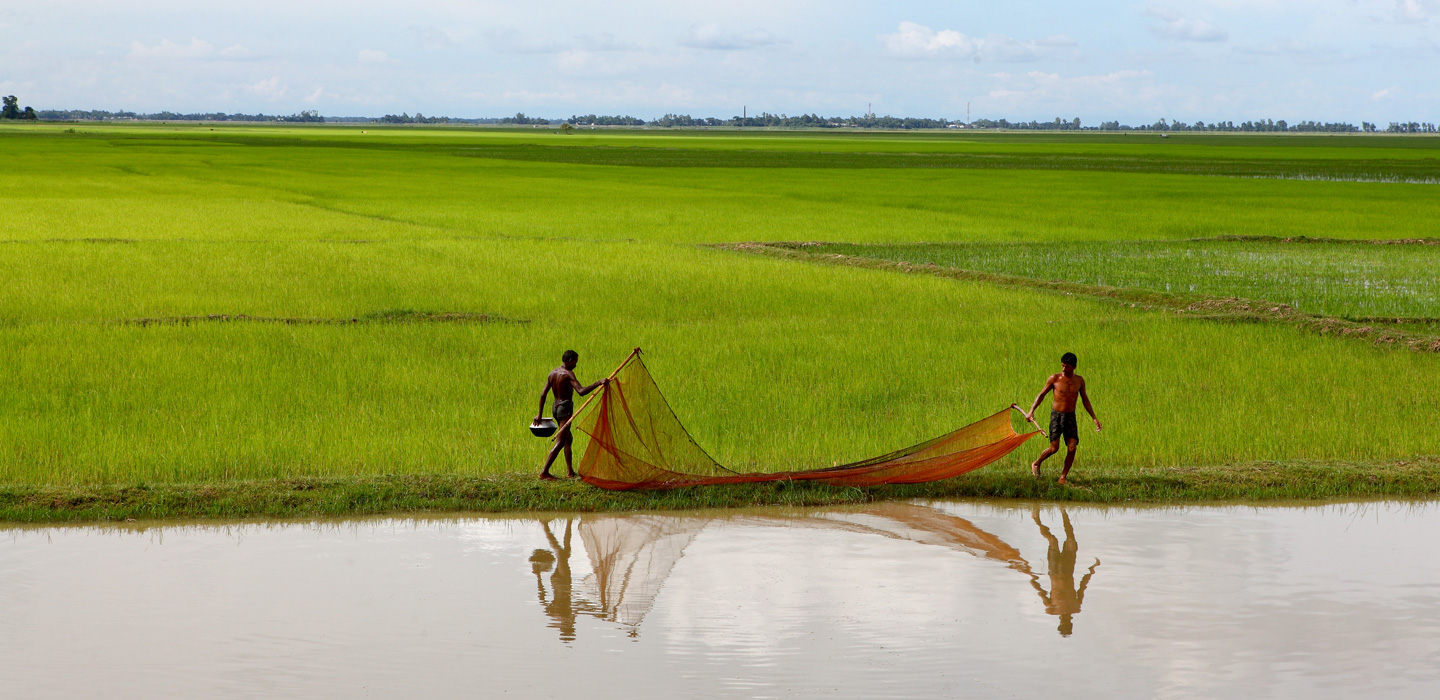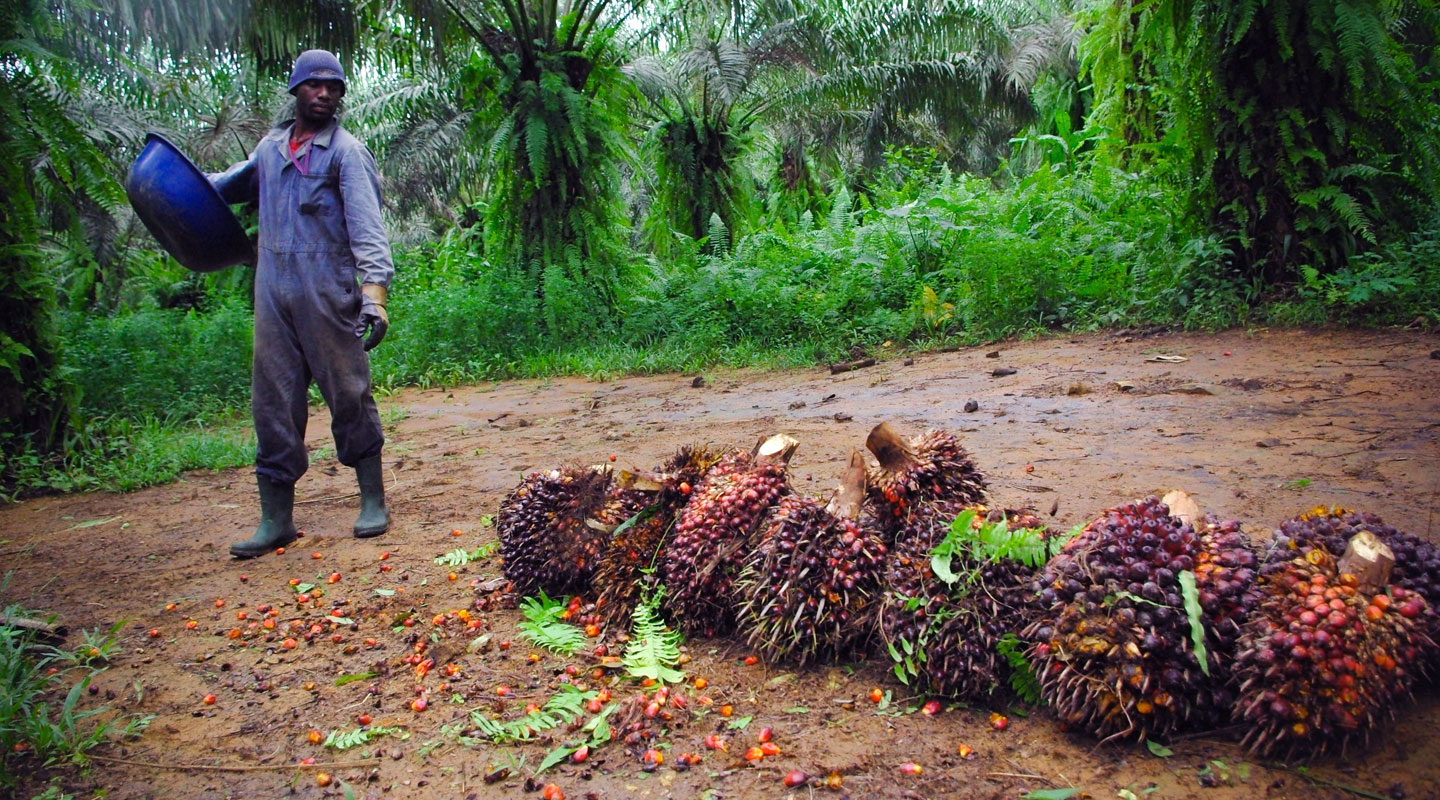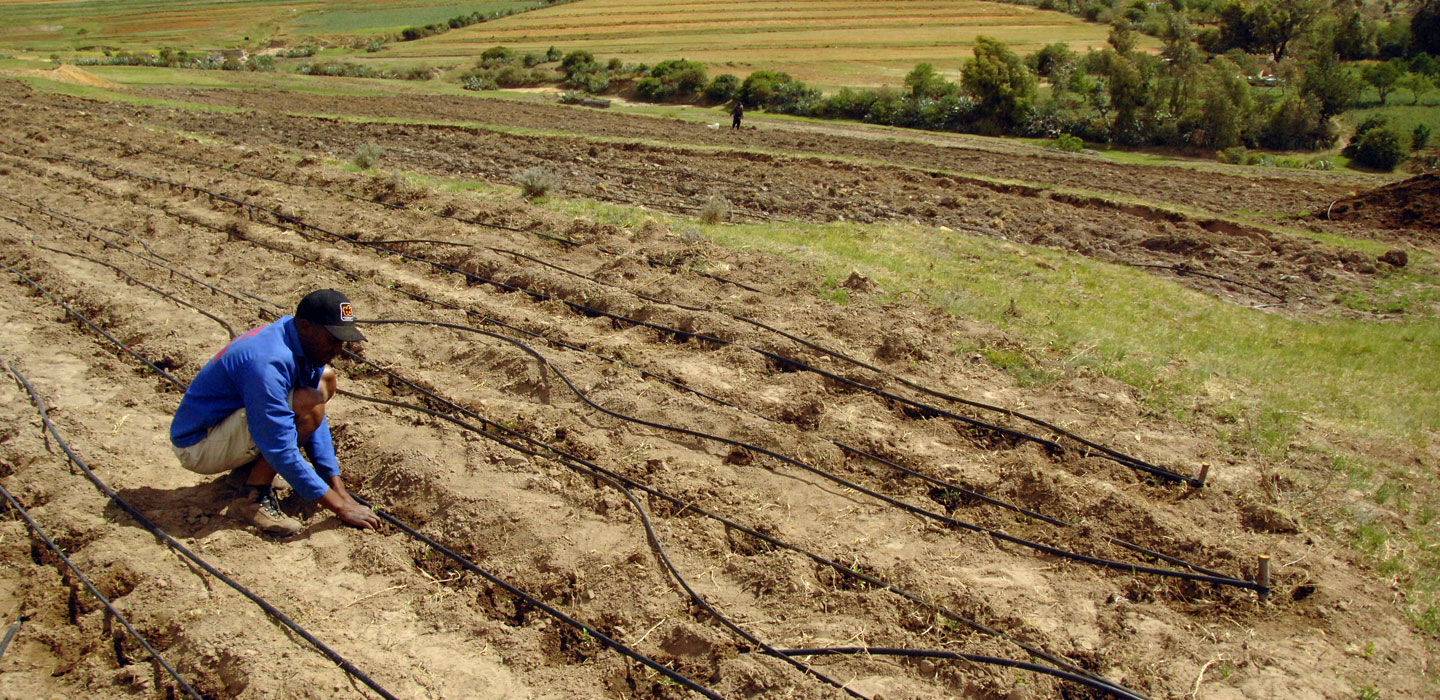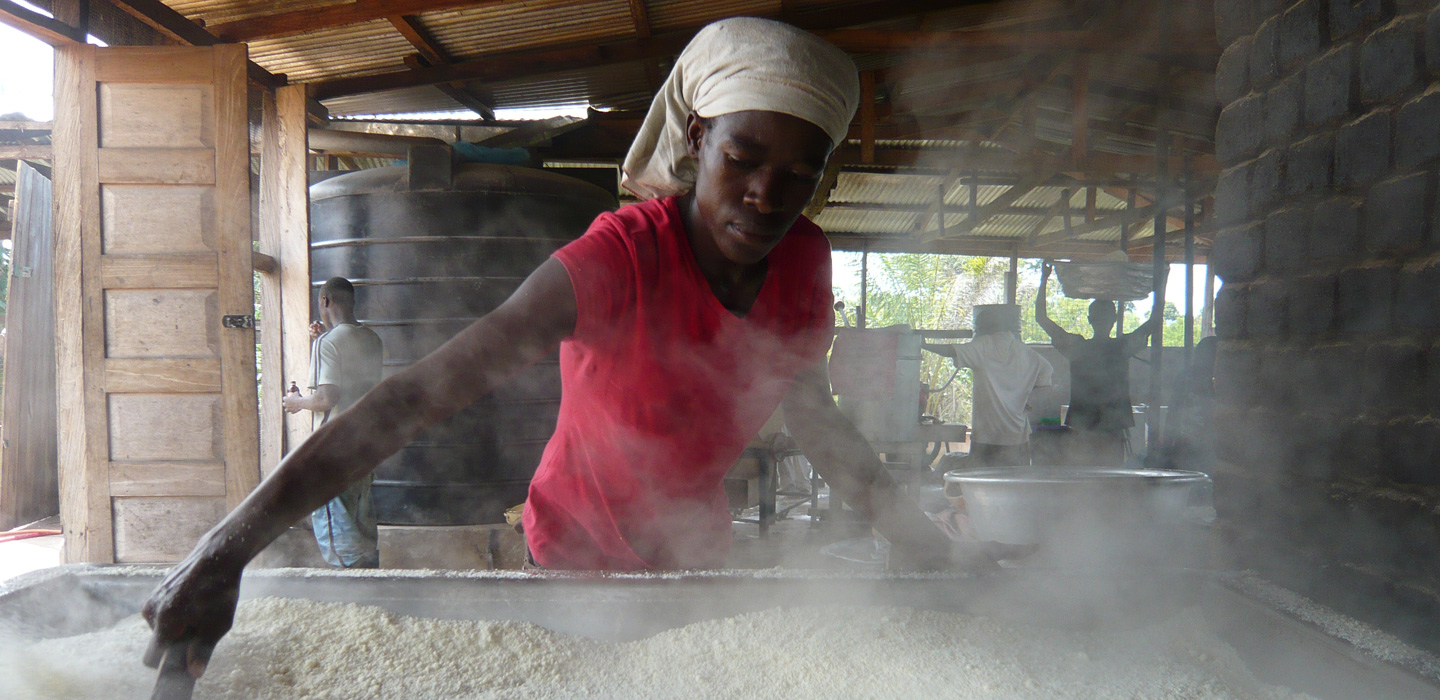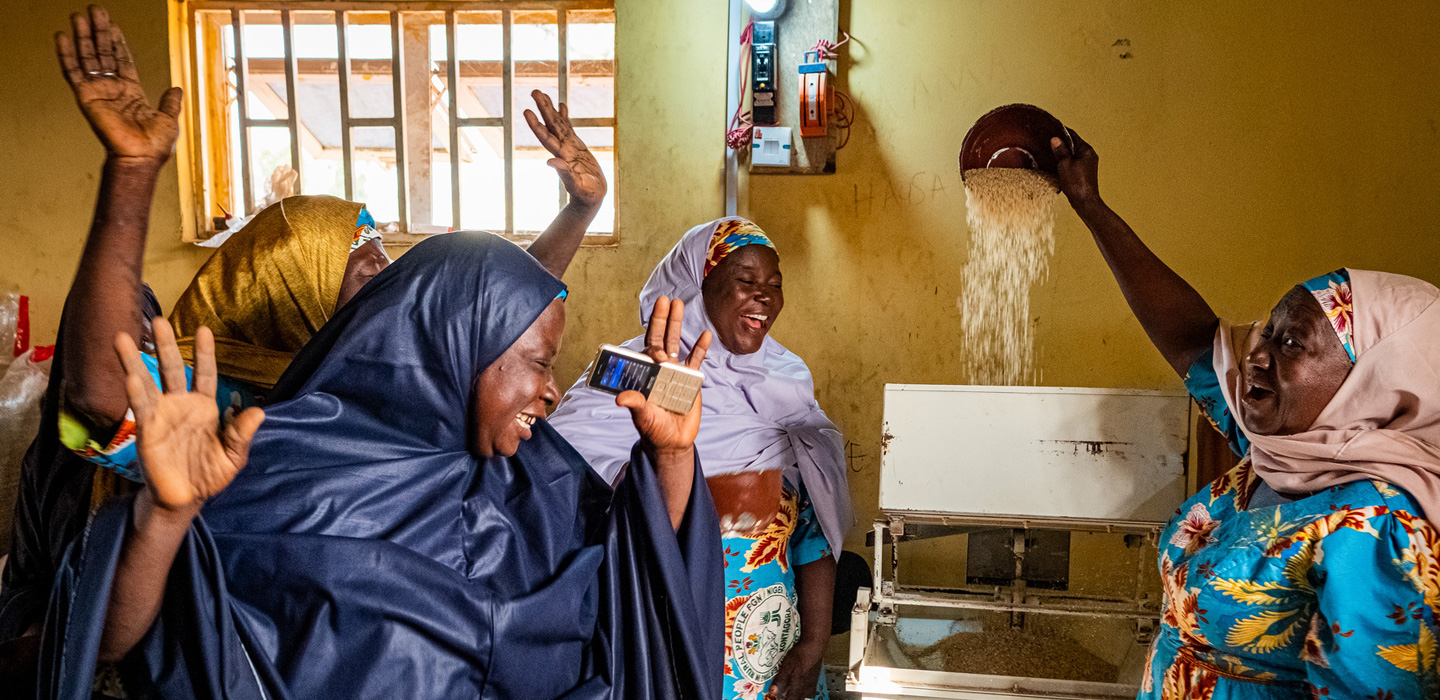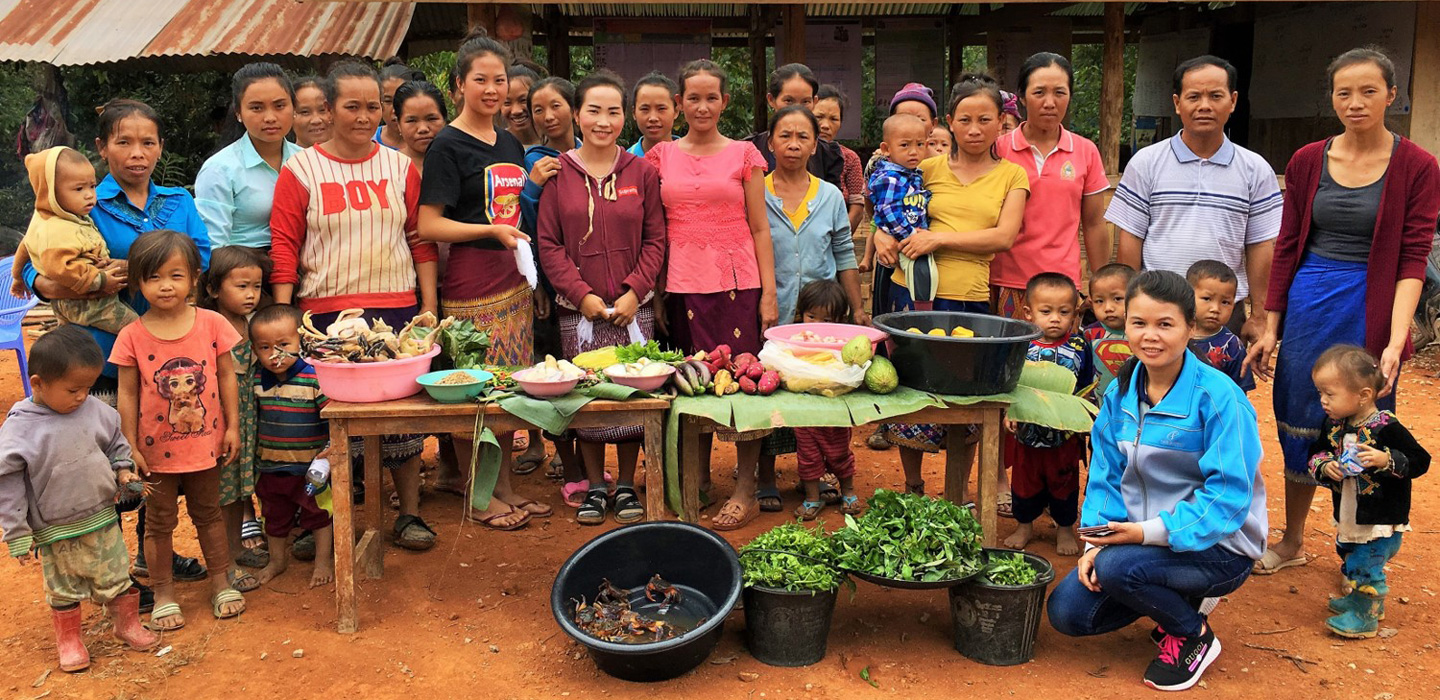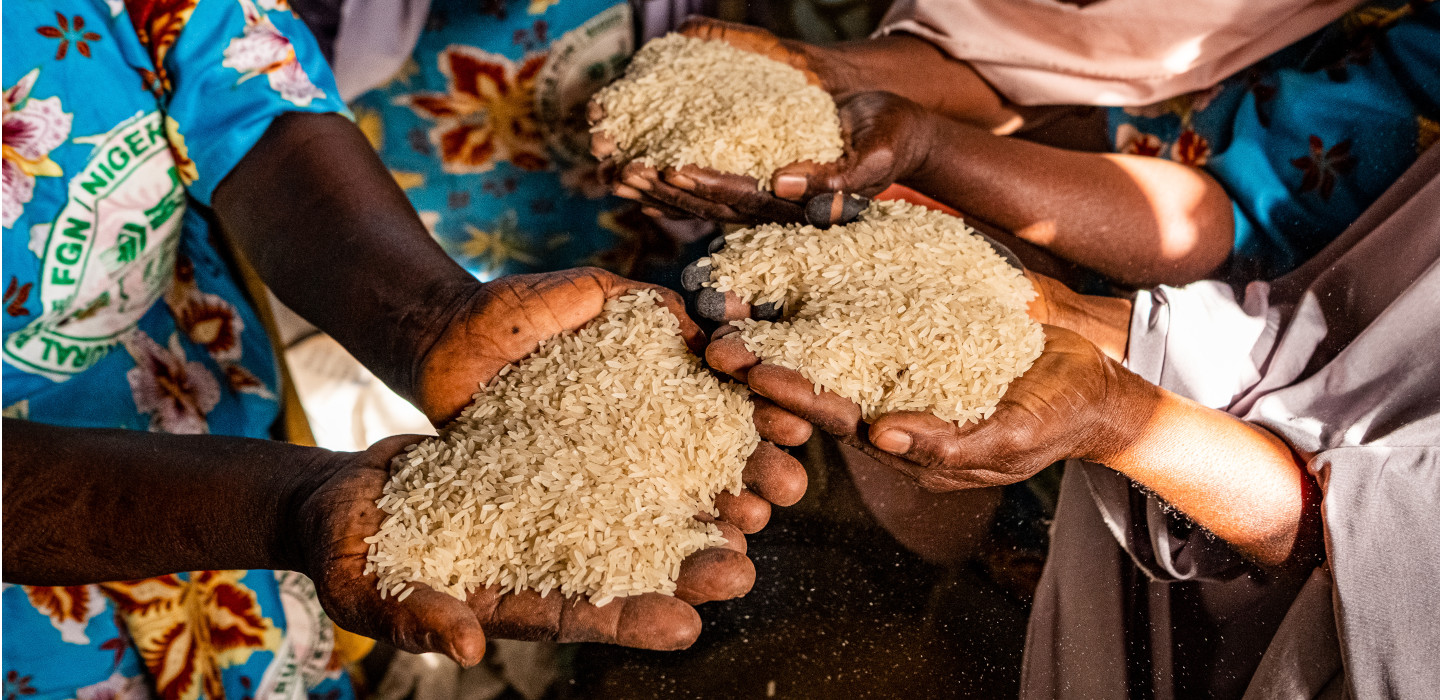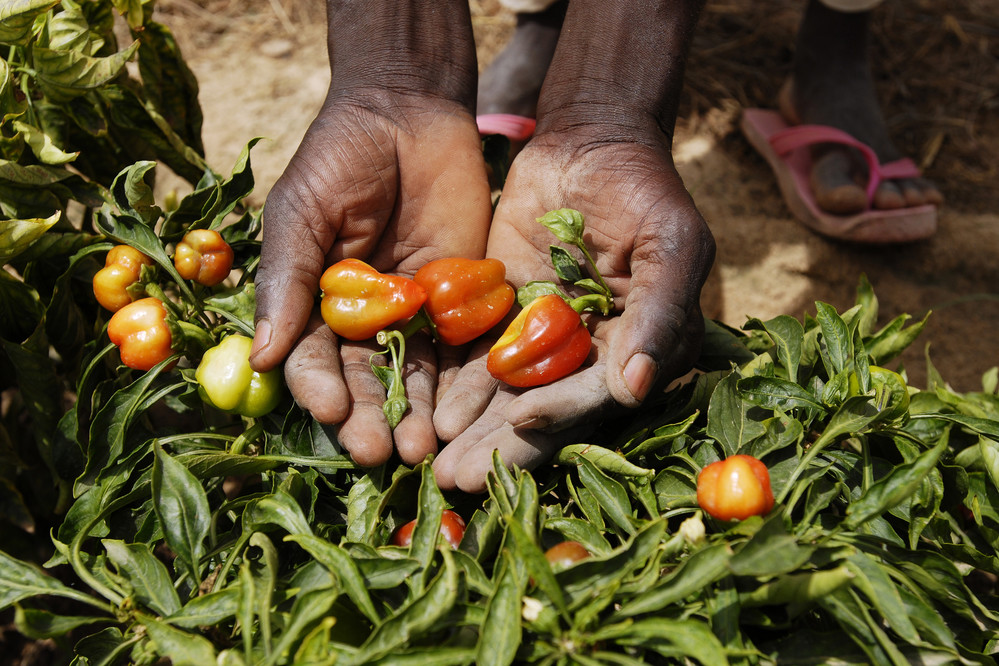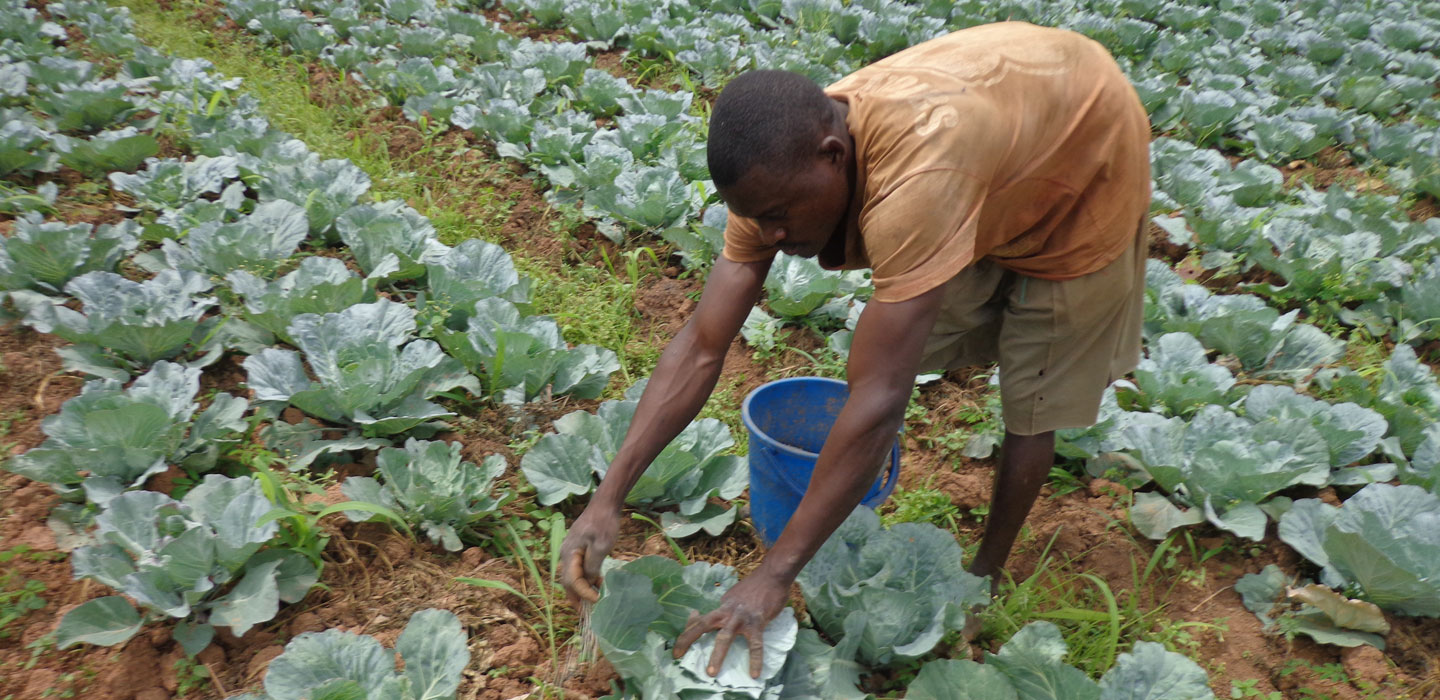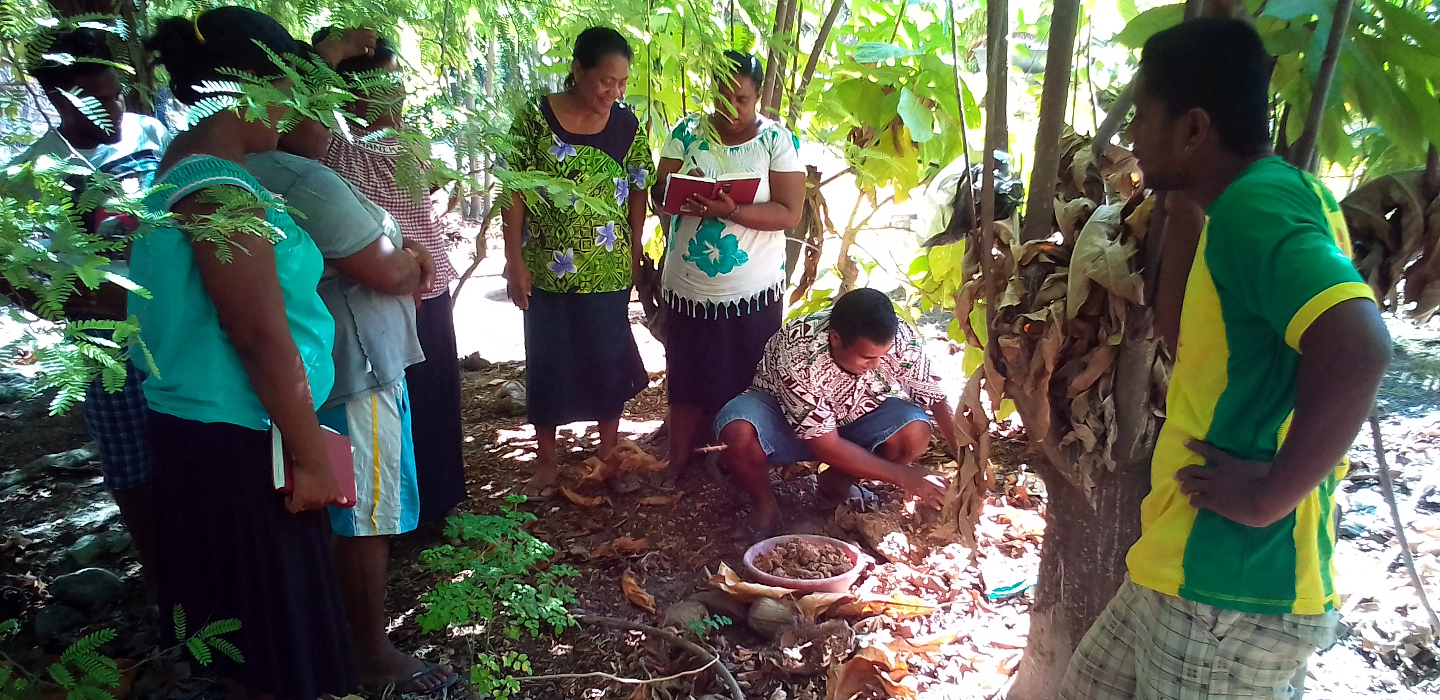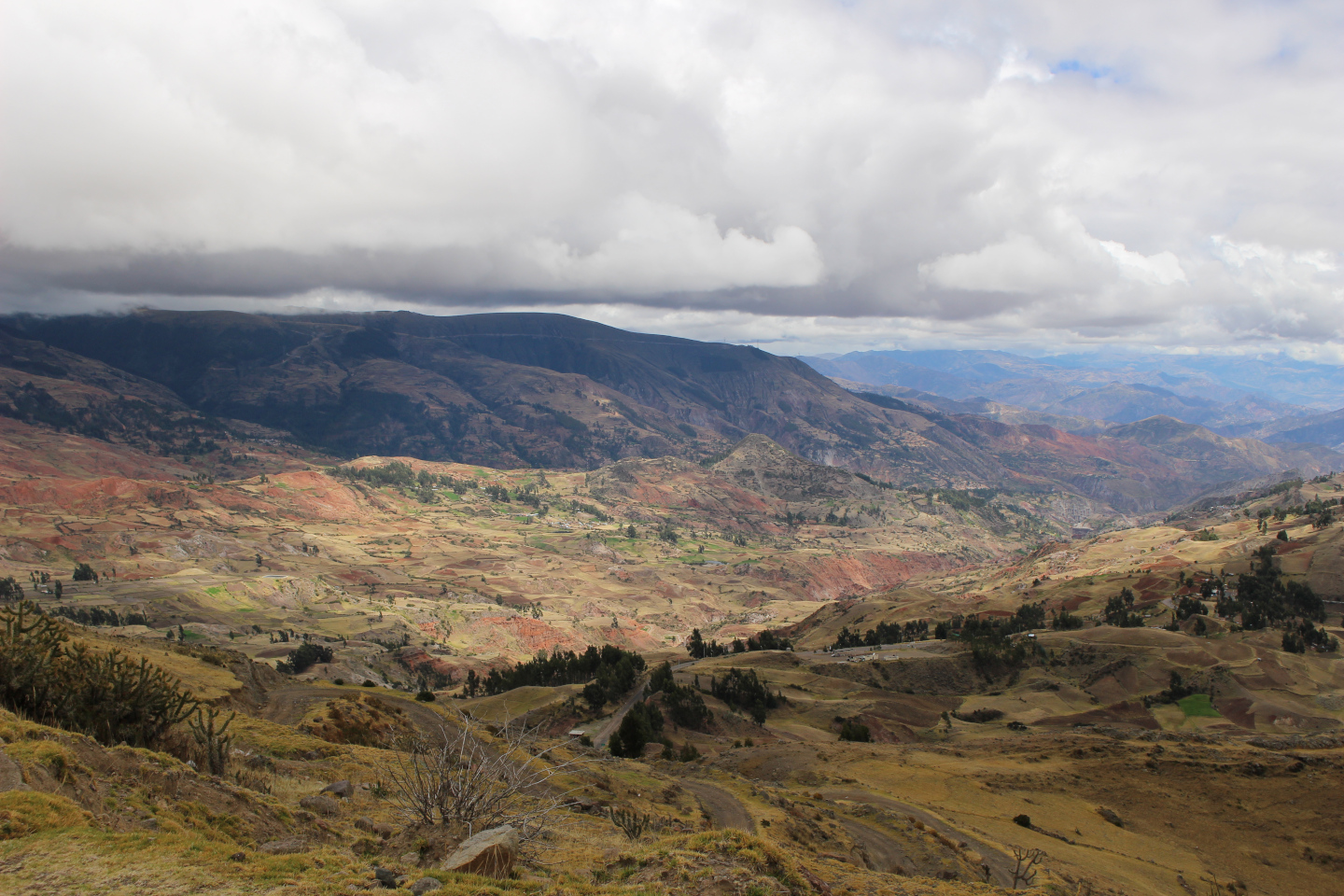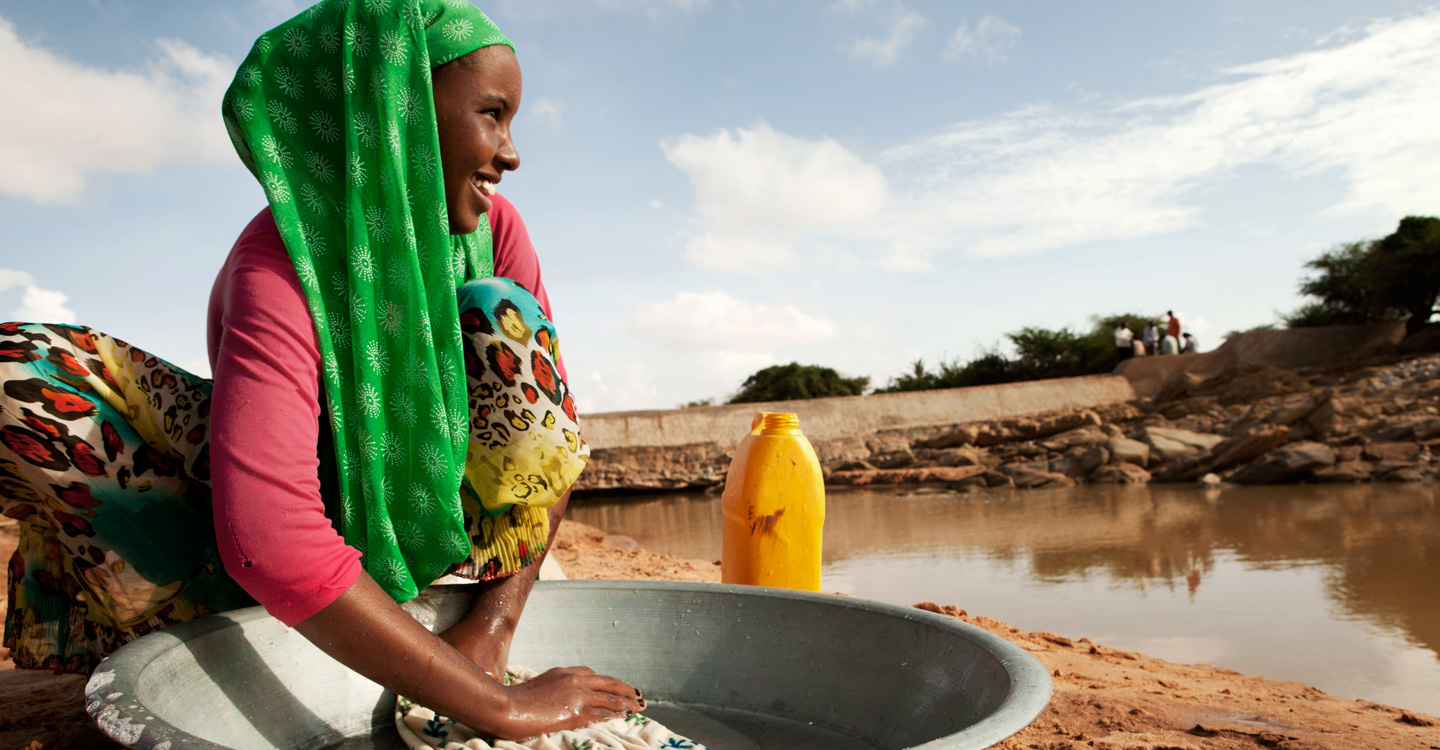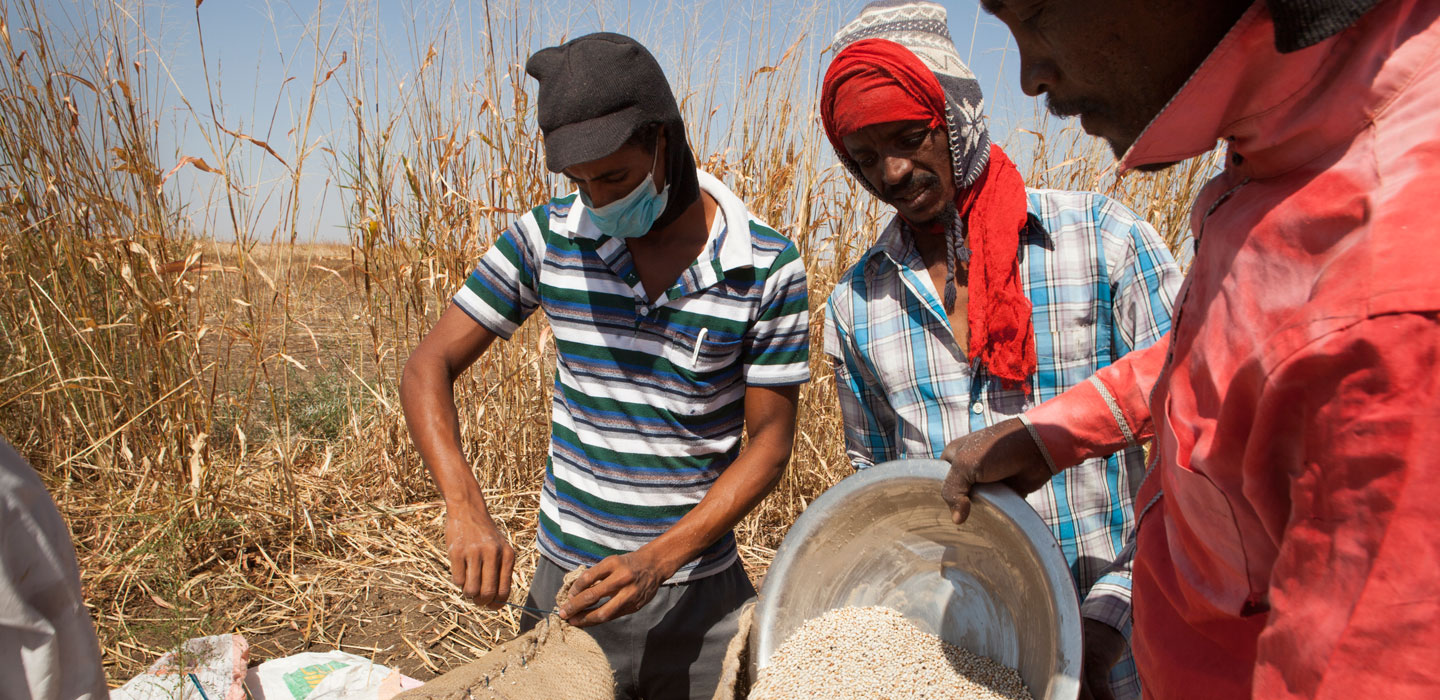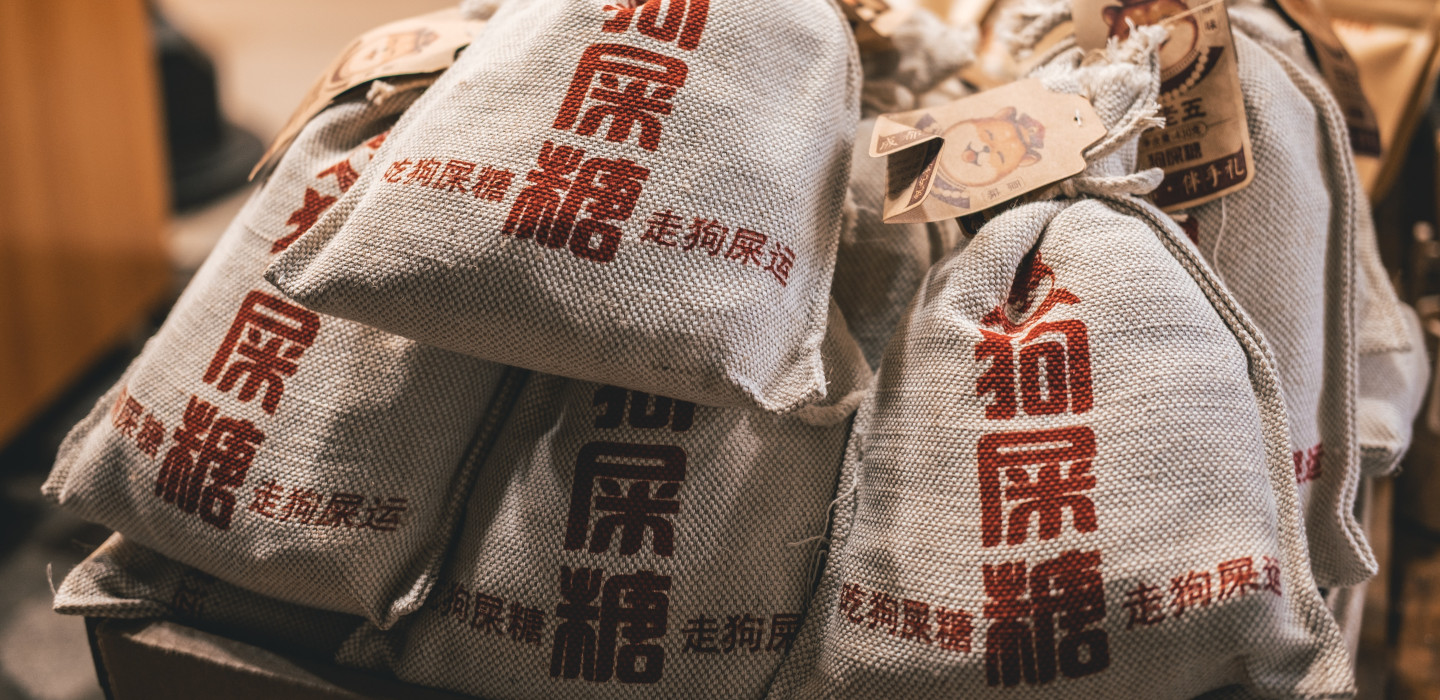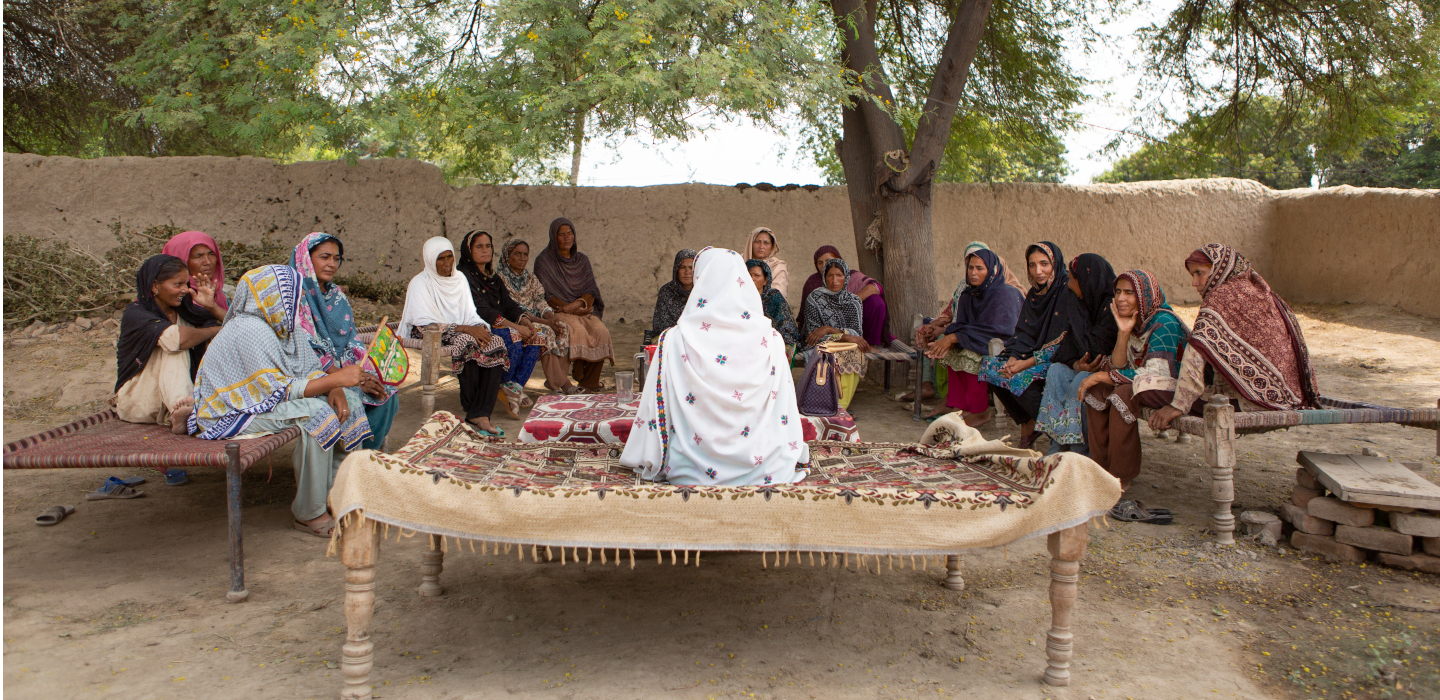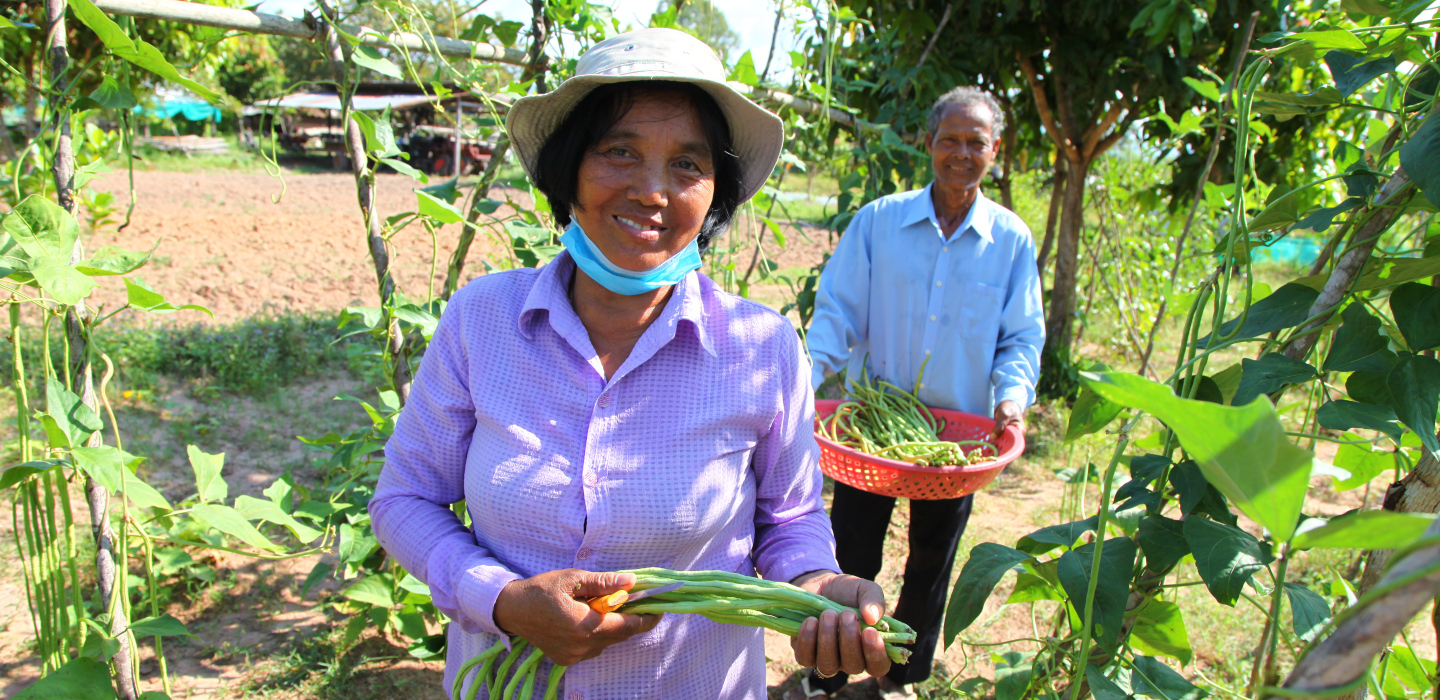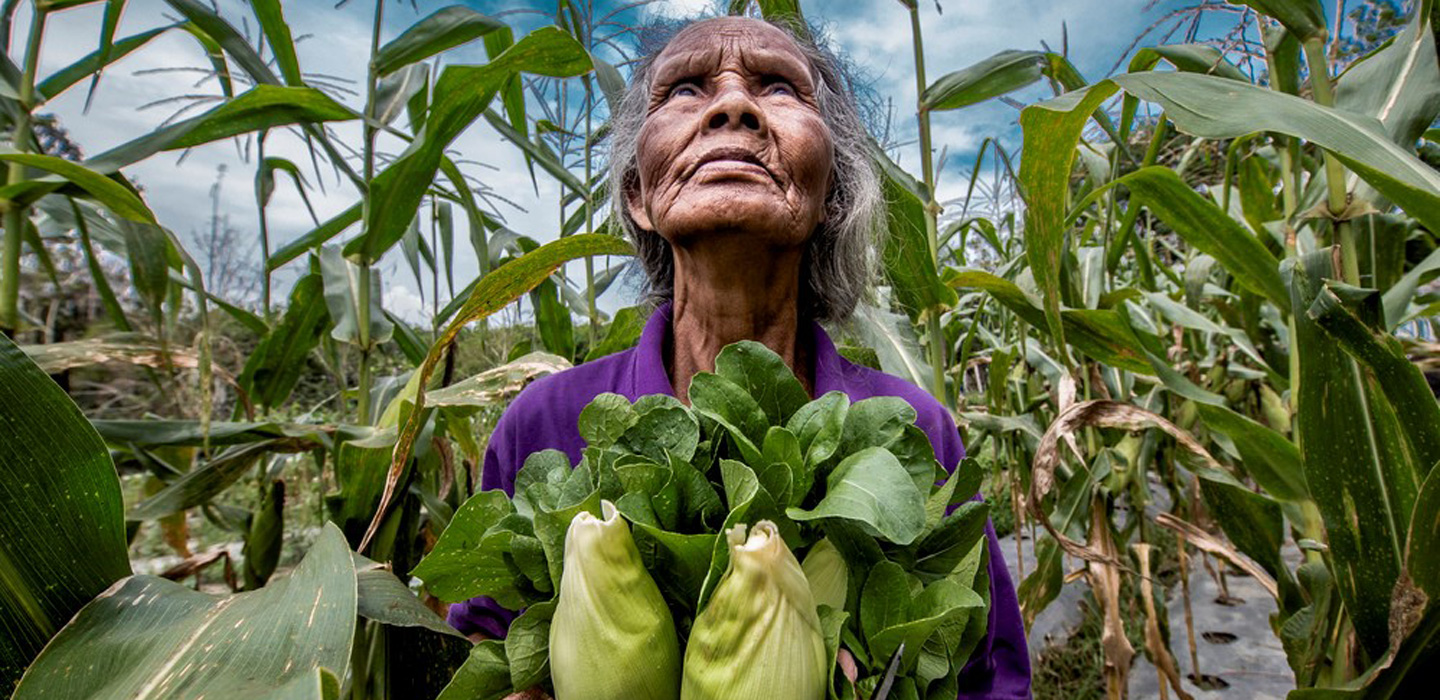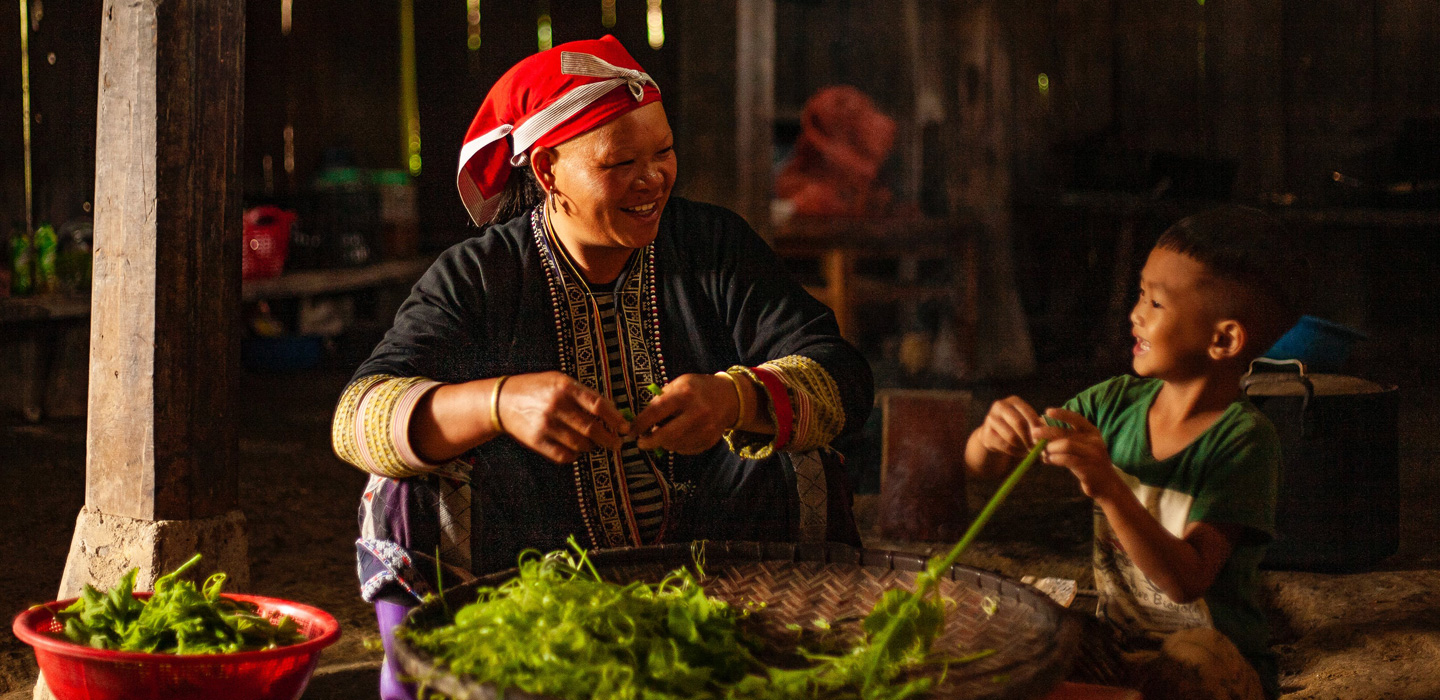Latest
Latest

Latest
Manual Submenu Topics
Search Results Filters
Search Results
Global Report on Food Crises: Acute hunger remains persistently high in 59 countries with 1 in 5 people assessed in need of critical urgent action
According to the latest Global Report on Food Crises (GRFC), nearly 282 million people in 59 countries and territories experienced high levels of acute hunger in 2023 - a worldwide increase of 24 million from the previous year. This rise was due to the report’s increased coverage of food crisis contexts as well as a sharp deterioration in food security, especially in the Gaza Strip and the Sudan.
Agriculture’s Indigenous trailblazers – Episode 57
On this episode, Indigenous leaders from Nepal, Mexico and Kenya weigh in on what it means to protect the planet while preserving their cultures, and fighting for the right to land, nutrition and education.
Global food crisis, poor nutrition and the effects of climate change need urgent action, says IFAD President
A global food crisis and the effects of climate change are taking a toll on those most vulnerable: millions of people – many of them small-scale farmers and their families – who are unable to afford a healthy diet. At this critical juncture, Alvaro Lario, President of IFAD, is visiting the Solomon Islands and Australia from 29 February to 8 March 2024 to collaborate on next-steps and to deepen IFAD’s strategic partnership with governments across the region.
Zero waste, full plates: winning with school meals - Episode 54
In this episode, we explore why we must pursue zero hunger and zero waste as joint goals. In particular, we look at how these efforts are crucial for children, who depend on nutritious diets for healthy development.
Sophie Grigson on how diversifying crops in Malawi cultivates sustainability and resilience
IFAD Recipes for Change chef Sophie Grigson travelled to Malawi to meet local small-scale farmers who are fighting back against climate change by diversifying their crops.
Recipes for Change: Nsima with chicken casserole and khobwe balls
Learn how to make a delicious and sustainable Malawian meal with these recipes collected from rural communities by Chef Sophie Grigson.
Experts and practitioners come together to improve nutrition outcomes in agricultural development in West and Central Africa
A regional knowledge and experience sharing workshop that addresses nutrition, rural development and food system transformation began today in Abidjan, Côte d'Ivoire. Improving food and nutrition security in West and Central Africa is crucial. It is estimated that 29.8% of the population of West Africa and 13.9% of the population of Central Africa are undernourished.
New UN report: 43.2 million people suffer from hunger in Latin America and the Caribbean, and the region has higher levels of overweight and obesity than the global estimate
The Regional Overview 2023 indicates that, despite halting the upward trend in the last period, hunger levels in the region remain above the 2019 figures prior to the outbreak of COVID-19. In addition, 8.6% of children under five years of age are overweight.
Investing in a better future: West and Central Africa
West and Central Africa is as intricate as it is vast. We sat down with Regional Director, Bernard Mwinyel Hien, to better understand the region’s strengths and challenges.
A healthy diet for a healthy people in Laos
IFAD is working to tackle malnutrition and food security in Laos. Find out how the Agriculture for Nutrition Programme has improved the diets of rural communities across northern parts of the country.
Everyone wins with school meals
Find out how small-scale farmers can get locally grown food to the children who need it, when they need it, while earning a decent income and supporting their families and communities.
More food with every drop
Water is key to food and agriculture, but with many parts of the world increasingly affected by water scarcity, it’s critical that we use it wisely. Luckily, small-scale farmers are up to the challenge.
Counting the cost of malnutrition - Episode 48
In this episode, we’re tackling malnutrition. In the spotlight we have an intriguing report on obesity in developing countries. Then we speak to IFAD's Lead Technical Specialist on Nutrition, Joyce Njoro, about the factors driving food inflation and its impact on access to healthy diets. Also in episode 48, Nadine Gbossa shares with us the key findings from this year's UN Food Systems Stocktaking Moment.
Why the Sustainable Development Goals matter: your questions answered
As countries meet to evaluate how much progress has been made towards the Sustainable Development Goals, find out more about these 17 objectives and why they’re important for the rural communities we work with.
We must do more to curb obesity and overweight in low- and middle-income countries
Overweight and obesity are on the rise in low- and middle-income countries. Here’s what we can do to help reverse this health crisis.
Five ways IFAD is making livestock more climate friendly
Countless rural people depend on livestock for livelihoods, nutrition and traditional ways of life. Supporting small-scale farmers to become even greener can strengthen food systems, preserve livelihoods and benefit our planet.
It’s time we treat the transformation of food systems like the emergency that it is
Our current food systems cannot keep up with the world’s growing population – as a result, millions face hunger. Now more than ever, countries must take action to transform how food gets from farm to plate.
UN Food Systems Summit +2 Stocktaking Moment
The fight against hunger has stalled according to the latest figures that the UN released last week, with 122 million more people suffering chronic malnourishment since 2019. The challenges to eradicate hunger and poverty are many. Yet, without financing for food systems transformation, the Sustainable Development Goals (SDGs) and climate targets will remain out of reach.
New analysis: Rising obesity rates in developing countries linked to high cost and limited availability of healthy foods
Steep price gaps between healthy and unhealthy foods, coupled with the unavailability of a variety of healthy foods, are driving rising obesity rates in both urban and rural areas of developing countries, according to a literature review released by IFAD.
As temperatures rise, so too does our need for diverse crops
Drought is the number one cause of agricultural production loss. This is why IFAD supports small-scale farmers as they grow crops that are resilient, but often neglected.
Agricultural programmes are key to food security and dietary diversity
Agricultural programmes are key to food security and dietary diversity in rural areas, we must continue investing in them.
New Zealand contributes US$3.57 million to IFAD to enhance resilience of Pacific island communities through climate smart agriculture
IFAD and the Government of New Zealand signed a NZD 5.75 million (USD 3.57 million) agreement to support Pacific communities to ensure sustainable access to water and healthy diets.
122 million more people pushed into hunger since 2019 due to multiple crises, reveals UN report
Over 122 million more people are facing hunger in the world since 2019 due to the pandemic and repeated weather shocks and conflicts, including the war in Ukraine, according to the latest State of Food Security and Nutrition in the World (SOFI) report published today jointly by five United Nations specialized agencies.
Zero Hunger: Are we on track to achieve it by 2030?
The SOFI 2023 report reveals that many people are still going hungry, with the world’s most vulnerable regions and people worst affected. We explore what is causing hunger today and how we can make real change, now.
From the field to our plates, rural people are transforming food systems
Our food systems need to change. Around the world, small-scale farmers, fishers and rural producers are already leading the transformation – here’s how.
EIB and IFAD deepen collaboration to strengthen food security, climate adaption and expedite project implementation
The European Investment Bank (EIB) and IFAD have today penned two agreements to further strengthen their cooperation in low- and middle-income countries worldwide, with a particular focus on Africa.
IFAD, GAFSP and WFP announce partnership to support Bhutan’s transition to commercially oriented agroecological farming
IFAD and the Royal Government of Bhutan have signed a loan and grant agreement amounting to US$30.94 million to improve food and nutrition security in Bhutan.
Appel à propositions: Programme mondial pour les petits producteurs agroécologiques et la transformation durable des systèmes alimentaires (GP-SAEP) – Burkina Faso
Le Burkina Faso a été sélectionné comme un des pays bénéficiaires pour la mise en œuvre du GP-SAEP en Afrique, en accord avec les bailleurs.
Appel à propositions: Programme mondial pour les petits producteurs agroécologiques et la transformation durable des systèmes alimentaires (GP-SAEP) – Madagascar
Le Madagascar a été sélectionné comme un des pays bénéficiaires pour la mise en œuvre du GP-SAEP en Afrique, en accord avec les bailleurs.
El FIDA promueve la inversión en negocios agrarios rurales de América Latina y el Caribe para asegurar el suministro mundial de alimentos
América Latina y el Caribe es un pilar clave para el suministro de alimentos a nivel mundial, así como para la mejora de la seguridad alimentaria y reducción de la pobreza, advirtió Rossana Polastri, Directora Regional del FIDA para dicha región durante el Foro PyMEs Agroalimentario Italia – América Latina, celebrado esta semana en el marco de la Feria MACFRUT en Rimini, Italia.
New IFAD - and GAFSP - funded project to scale up successful approaches to increasing food and nutrition security and increase small-scale farmers’ incomes in Lao PDR
IFAD and the Government of the Lao People’s Democratic Republic today signed an agreement for a nutrition-sensitive agriculture project to address food insecurity and malnutrition among the rural poor. The project will especially focus on vulnerable groups such as women, young people and people with disabilities.
IFAD substantially strengthens its investments in Somalia to help small-scale producers cope with climate shocks and food insecurity
As Somalia continues to experience a historic drought, pushing millions of Somalians into acute food insecurity, Alvaro Lario, President IFAD announced today during IFAD’s 46th session of the Governing Council that it will substantially strengthen its support to Somalia and resume its direct investments after loan arrears resulted in a three-decade long suspension.
Why insects are the next global superfood
IFAD helps rural small-scale farmers reduce emissions while adapting to climate change. Find out how rearing insects as human food and livestock feed can achieve these goals.
UN Report: 131 million people in Latin America and the Caribbean cannot access a healthy diet
The new United Nations report Overview of Food Security and Nutrition 2022 finds that 22.5% of the Latin America and the Caribbean population cannot afford a healthy diet. In the Caribbean this figure reaches 52%; in Mesoamerica, 27.8%; and in South America, 18.4%.
Fish farming brings prosperity in the Lao People's Democratic Republic
Lao farmers are working hand in hand with IFAD to change rural fortunes through fish farming.
Rural people in crisis: The latest news from IFAD
Rural people are still paying the highest price for the rise in food, fertilizer and fuel costs. The Crisis Response Initiative was set up as part of IFAD's ongoing efforts to build rural people's resilience to these shocks. Here are selected highlights on the crisis from our teams in the field.
Saving the Amazon: The story of the indigenous women fighting climate change
In the heart of the Peruvian Amazon, a group of indigenous women are fighting climate change through reforestation and ancestral farming techniques.
Cooking at the top of the world: A family in Nepal share their story of climate resilience with Meteorologist Clare Nasir
Meteorologist Clare Nasir travels to Nepal where she shares a homecooked meal with a local family and discovers how rural farming communities are adapting to the threat of climate change.
Small-scale farmers are vital to feeding West and Central Africa and transforming food systems
On 16 November 2022, IFAD will convene policy-makers, development practitioners, rural producers and farmers organizations at its second Farmers Forum in Grand-Bassam, Côte d’Ivoire to explore opportunities to strengthen partnerships between them. Together, they can work jointly for sustainable transformation of food systems and food security.
Adapt or starve – UN Agricultural Fund calls for urgent climate finance for small-scale farmers
With the negative impacts of climate change becoming more frequent and severe, IFAD is calling for urgent and increased financing to support hundreds of millions of small-scale farmers adapt to climate change.
What’s on the menu in 2050?
What’s on the menu in 2050? For World Food Day, we contemplate what our plates might look like in the future and explore how the world’s small-scale farmers are revolutionizing what we eat.
You are what you eat: Indigenous youths breathe new life into ancient traditions
Young members of indigenous communities are working to reverse centuries of dispossession and preserve their way of life, including their food heritage.
Water brings life to rural people
Irrigation brings water to the world's poorest rural people in the right quantities and when they need it, helping farmers adapt to climate pattern shifts.
Tackling food loss for sustainable food systems
Reducing food losses makes food systems more sustainable. Although the exact causes are different for every crop and in every country, there are plenty of avenues to prevent, detect, and reverse these losses.
Fighting Climate Change in South Asia – Episode 36
From chefs in India to fisheries in Maldives, we examine how the relationship between agriculture and climate change is affecting South Asia. We also reflect on 75 years of independence in India and Pakistan and learn about IFAD’s work in Bhutan and Maldives, and so much more in this bumper episode.
Good Nutrition Better Lives, Focus on Africa - Episode 34
In Africa, almost 800 million people are facing food insecurity. This situation is made worse by a triple crisis - COVID-19, climate change, and conflict. In this podcast, our team take us on a journey through the nutrition landscape for small-scale farmers across Africa.
The latest food security and nutrition report paints a grim picture. Three IFAD experts react to the shocking figures
The latest SOFI report shows that rather than moving towards zero hunger, evermore people are hungry. On the back of these disheartening results, three IFAD experts give their reactions to the report.
Building Resilience in a Time of Famine – Episode 33
20 million people in the Horn of Africa are at risk of starvation, largely due to a four-year drought making the region the driest it’s been in forty years. Dr Joseph Awange and IFAD’s Satu Santala discuss the root causes of famine and the solutions we can put in place.
Take a 360° tour of a small, thriving pig farm in the green hills of Lao PDR
In the tiny village of Manh, nestled in the green uplands of Lao, agricultural production groups are coming together to develop their businesses and learn new techniques. For Boun Tham, groups like these made all the difference for his pig farm.
Insects to Feed the World – Episode 32
This month's episode focuses on the use of insects to feed the world – both as food for humans and feed for livestock.
How farmers around the world are protecting nature’s delicate balance – and reaping the rewards
Healthy ecosystems are diverse ecosystems. And at IFAD, we believe that small-scale farmers are amongst the greatest stewards and beneficiaries of biodiversity.
Investing in rural youth in El Salvador to tackle migration and enhance food security
The IFAD-funded Rural Adelante Project in El Salvador helps rural youth stay in their communities and make a living from agriculture, instead of migrating to cities or abroad.
IFAD-funded project to combat climate change, increase staple food production and enhance Bolivia’s food security
IFAD and the Government of Bolivia have signed a financing agreement that initiates the implementation of the ACCESOS Rural Project. This rural development intervention will help Bolivian small-scale farmers counter the great impact of climate change on the country’s rural areas to increase staple food production, thus enhancing food security.
Nutrition-sensitive investments for resilient food systems: Lessons from Ethiopia
More and more of IFAD’s development projects are focusing on nutrition as a way to optimize their impact. Our work in Ethiopia exemplifies this.
Norwegian Minister Tvinnereim and IFAD President Houngbo to visit Malawi in wake of storms to discuss climate resilience and hunger
With Malawian farmers still reeling from tropical storms that devastated crops and livelihoods in recent weeks, Norway’s Minister of International Development and the President of IFAD will visit the country to meet its leaders and small-scale farmers to discuss the impacts of climate change, and ways to build resilience.
How agrobiodiversity can nourish the planet
For our people and planet to flourish, we need agrobiodiversity: agricultural systems that enhance our wealth of ecosystems and living beings instead of diminishing it. Our work has long recognized the importance of agrobiodiversity for sustainable food systems, and now we’re taking this commitment even further.
Nutrition-sensitive agriculture: The cornerstone of a healthier world
It might seem counter-intuitive to suggest that agriculture should become more nutrition-sensitive – but many small-scale producers worldwide are at risk of food and nutrition insecurity. We’re committing to more ambitious goals for integrating nutrition into our investments and project activities.
Urgent investments in small-scale farming needed to offset soaring food prices and deepening malnutrition, says IFAD
With soaring food prices pushing millions of people into food insecurity, IFAD is calling on governments and the private sector to urgently step up their investments in small-scale agriculture, especially for locally produced, nutrition-rich food. The call was made ahead of today’s opening of the Tokyo Nutrition for Growth Summit.
New UN report: Hunger in Latin America and the Caribbean rose by 13.8 million people in just one year
Hunger in Latin America and the Caribbean is at its highest point since 2000, after a 30 percent increase in the number of people suffering hunger from 2019 to 2020, says a new UN report.
New UN report warns that the number of people suffering hunger in Latin America is at its highest point in two decades
FAO, IFAD, PAHO/WHO, UNICEF and WFP will present a report focusing on the latest statistics and trends of food security and nutrition in the region.
The French Development Agency and the International Fund for Agricultural Development join hands to promote food security and sustainable agriculture in the Republic of The Gambia
On 1 November 2021, the French Development Agency (AFD) and IFAD will sign a €7 million grant agreement to support the implementation of the project “Resilience of Organizations for Transformative Smallholder Agriculture” (ROOTS). The project aims to improve food security, nutrition and smallholder farmers’ resilience to climate change in The Gambia.
Neglected and underutilized species are the key to nourishing the world
The natural world has a wealth of plants that can sustain human life, yet global food systems are dominated by just three: wheat, maize, and rice. These species provide 50 percent of the plant-based calories we eat and occupy 40 percent of the world’s arable land.
Re-imagining food systems through the climate–nutrition nexus
The food we eat plays a role in not just our health, but that of our descendants. How we grow, hunt, fish or gather it, how we process it and bring it to market, affects the world around us. These simple relationships are the foundation of the climate–nutrition nexus.
UN report: Pandemic year marked by spike in world hunger
There was a dramatic worsening of world hunger in 2020, the United Nations said today – much of it likely related to the fallout of COVID-19. While the pandemic’s impact has yet to be fully mapped, a multi-agency report estimates that around a tenth of the global population – up to 811 million people – were undernourished last year.
Seeing the invisible, doing the impossible: A young Nigerian entrepreneur’s journey to success
Dorothy Chia Vandefan is nothing if not insightful. She describes herself as a serious-minded agricultural entrepreneur who can create opportunities where there seem to be none – and she’s right.
IFAD and KSrelief agree to jointly tackle hunger and malnutrition in world’s most vulnerable countries
IFAD and the King Salman Humanitarian Aid and Relief Centre (KSrelief) today agreed to join forces to help ensure sustainable access to nutritious food.
South Sudan and IFAD to boost productivity, food security and resilience of small-scale farmers faced with climate change
The South Sudan Livelihoods Resilience Project (SSLRP) will empower rural people to boost productivity, food security and nutrition, and resilience.
Thriving food systems and nutritious food for all go hand in hand
Malnutrition, and the toll it takes on human health and societies, is directly linked with the health of our food systems. Creating sustainable, resilient and inclusive food systems will make lasting improvements in global health, nutrition and productivity.
Reflections on improving rural people’s nutrition: A conversation with 2021 World Food Prize winner Dr Shakuntala Thilsted
Nigel Brett, Director of IFAD’s Asia and the Pacific Division, interviews Dr Shakuntala Thilsted, Lead for Nutrition and Public Health at WorldFish.
School meals in Guatemala - making food systems work
Guatemala has the fourth highest rate of malnutrition in the world where over 50 per cent of children under five are stunted. Many children do not get enough nutritious food, and often came to school hungry.
IFAD and the Islamic Development Bank commit $500 million to address hunger and climate change in poor rural communities
Joining forces to tackle rising hunger and the devastating impact of climate change in some of the world’s most vulnerable countries, IFAD and IsDB today signed a US$500 million cooperation and cofinancing agreement.
Linking families, farms and schools in Guatemala
Many Guatemalans struggle with hunger and food insecurity, especially the nation’s children. In too many cases, lack of access to adequate food leaves children feeling weak and unable to concentrate in school, complicating both their physical and intellectual growth.
Targeting hunger by transforming food system through South-South Cooperation
Through South-South Cooperation, IFAD is tapping into existing expertise, skills, capacities, and solutions to address the effects of COVID-19 pandemic and other challenges on rural populations.
What impact will the COVID-19 pandemic and the global economic downturn have on world food security?
In 2021, the impact of the epidemic and the global economic recession will have an impact on world food security. After the epidemic, what problems will global food security face and how to deal with it?
Breaking the vicious circle of hunger and conflict
Hunger is both a cause and result of conflict. In fact, conflict is the main driver of hunger in most of the world’s food crises.
UN to involve millions of rural people in 2021 Food Systems Summit as part of ambitious public engagement process
An unprecedented commitment to ensure that the voices and opinions of millions of the world’s most remote rural people are at the heart of the United Nations Food Systems Summit was announced today by the UN Secretary-General’s Special Envoy, Agnes Kalibata and the President of IFAD, Gilbert F. Houngbo.
Indigenous food systems are at the heart of resilience
Indigenous food systems represent a treasure trove of knowledge that contributes to well-being and health, benefiting communities, preserving a rich biodiversity, and providing nutritious food.
Help for Nigerian small-scale farmers to improve food security and combat poverty in the face of COVID-19
The Federal Government of Nigeria and IFAD are working together to lessen the impact of the Covid-19 pandemic on small-scale farmers’ activities and domestic food supply in northeastern states of Nigeria.
Fai fatongia: One island’s path to food security, COVID mitigation and climate resilience
In the Kingdom of Tonga, fai fatongia rules the day. Under this principle, which translates to “fulfilling one’s responsibility,” Tongans traditionally put the collective good first and their individual needs second.
Help small-scale farmers adapt to climate change or face increased hunger and migration, warns IFAD President
If investments to help rural small-scale farmers adapt to climate change do not substantially increase, we risk widespread hunger and global instability, warned Gilbert F. Houngbo, President of IFAD, ahead of next week’s Climate Adaptation Summit.
French President Emmanuel Macron calls on leaders to fund IFAD
In a move to sustainably address rising hunger and poverty, exacerbated by COVID-19, climate change and biodiversity loss, French President Emmanuel Macron called on global leaders to step up their commitments in support of long-term agricultural development.
Wishing you season’s greetings from Recipes for Change
Our Recipes for Change chefs Ska Moteane, Lance Seeto, Bela Gil, Pierre Thiam and Mariah Gladstone shared with us their festive wishes for the Recipes for Change community and IFAD in the holiday season.
Five reasons IFAD is putting small-scale farmers at the forefront of food systems transformation
Our current food systems are not sustainable. Hunger has been on the rise for several years, with an estimated 811 million people worldwide going hungry in 2020 – and with the effects of the COVID-19 pandemic, up to 132 million more people are expected to join this number soon.
How Bhutan is showing the way in building crop biodiversity
For countries like Bhutan – nestled in the high Himalayas, historically isolated and topographically challenging – ensuring food security is vital.
Climate change talks cannot continue to ignore the needs of small-scale farmers
Poor rural people are among the hardest hit by climate change while contributing little to its causes. They deserve a fair share of climate finance to improve their resilience, and a seat at the table for the global climate talks.
New UN report reveals the inequality in the geographical distribution of malnutrition in Latin America and the Caribbean
A new United Nations report shows the territorial inequality of malnutrition in the countries of Latin America and the Caribbean.
Sicurezza alimentare e Covid-19, come proteggere le filiere?
La vice Ministra degli Esteri Emanuela Del Re ed esperti italiani e internazionali ne discutono in un seminario online aperto ai giornalisti.
The United Nations will present a new report on food and nutrition security in Latin America and the Caribbean
On December 2, the United Nations will present the new edition of the report Panorama of food and nutritional security in Latin America and the Caribbean 2020, focused on the territories that suffer the highest rates of malnutrition, stunring and overweight.
Why small farms are key to the future of food - and how we can support them
In the 25 years since Clayton Christensen coined the term “disruptive innovation,” much has been written about the benefits of shaking up established business practices.
Innovations in agriculture during COVID-19 – Episode 14
This month’s programme is all about innovations in agriculture. We’re travelling around the world to hear about new technologies designed to ensure food security.
In an urbanizing world, strong rural–urban links remain the key to resilient cities
As the world becomes more and more urbanized, many have suggested that cities hold the key to an efficient, sustainable future.
Dutch funding to IFAD will help avert COVID-19 food crisis
As more people spiral into hunger and poverty due to the COVID-19 pandemic, the Netherlands has stepped up its funding to IFAD to help avert a rural food crisis.
€300 million loan from AFD to IFAD to support millions of small-scale farmers
In an effort to tackle the devastating impact of climate change on rural hunger and poverty, the French Development Agency (AFD), today signed a €300 million loan to IFAD to help small-scale farmers in high-risk countries build their resilience to shocks and increase their productivity.
Historic statement by Public Development Banks signals greater commitment to tackle global hunger and poverty
For the first time in history, today 13 Public Development Banks (PDBs) made a joint commitment to strengthen investments in food and agriculture in the context of a global pandemic and a changing climate.
Keeping the family happy and healthy: Hafeeza’s story
Four years ago, back-to-back misfortunes upended Hafeeza Begum’s life. She knew it fell to her to get her young family back on their feet.
Three reasons to invest in land tenure security
For rural people, especially low-income rural people, land and livelihood are one and the same.
African Heads of State call on world leaders to increase investment in IFAD to end rural hunger and poverty
Ten African Heads of State have issued a strong call to other world leaders to increase their funding to IFAD or risk jeopardizing Sustainable Development Goal targets for eradicating poverty and hunger, particularly in Africa.
Governments need to halt the disproportionate impact of COVID-19 on rural women, says IFAD President on International Day of Rural Women
Our food supply is at risk if we don’t start prioritizing rural women during this pandemic, said Gilbert F. Houngbo, President of IFAD in a strong call to governments to increase their investments in rural women.
Rural women: The key to building back better in a post-COVID world
In times of crisis, rural women are the key that holds families and rural communities together – and in times like these, they need our support more than ever.
Le FIDA et les États arabes examinent les moyens d’enrayer le repli de la sécurité alimentaire
Le FIDA organisera aujourd’hui une concertation en ligne avec les représentants de pays arabes pour examiner les moyens de mettre fin à la montée de l’insécurité alimentaire et de la pauvreté dans la région.
Towards zero food waste in Indonesia’s fishing communities
Along Indonesia’s coastal communities, many small-scale fishers struggle to make a living. Indonesia is the world’s third largest producer of fish, but many of these communities have historically lacked access to the technology and resources they needed to preserve their catch until it reaches the markets, which are usually far from their rural coastal inlets.
Keeping food on the table and preventing food loss when business is not as usual
We are living in difficult times. Due to the COVID-19 pandemic and all the fallout that has ensued, nothing is quite as easy as it was – unless, of course, you can do it from the comfort of your home, armed with a smartphone and a good internet connection.
Fighting food waste in China: Local efforts, global effects
Reflecting on the fundamental role that sustainable food production and consumption plays in promoting food security and sustainable use of terrestrial ecosystems.
The role of South-South and Triangular Cooperation in transforming food systems within the context of COVID-19
On 16 September, the United Nations Rome-based agencies − FAO, IFAD and WFP − celebrated the 2020 UN Day for South-South Cooperation with a virtual event hosted by IFAD.
Cameroon and IFAD join forces to boost food security with support to small-scale farmers
IFAD announced today a US$59.9 million investment to fund a six-year extension of the successful Commodity Value Chain Development Support Project (PADFA) in Cameroon.
Lesotho and IFAD join to improve the livelihoods of the most vulnerable small-scale farmers
160,000 poor rural households in Lesotho will benefit from new financing for a project that will boost food security and nutrition, mitigate the impact of climate change and strengthen livelihoods for greater income.
Rome-based agencies establish SSTC collaboration to benefit cassava production in the Congo
In dozens of homes across Bouenza, the volunteers gathered around their kitchen tables, ready to taste-test a new variety of flour.
Sweden commits funds to IFAD to help avert COVID-19 food crisis
Sweden, through Sida, has pledged funds to help avert a potential food crisis in some of the world’s most vulnerable rural communities in the wake of COVID-19, IFAD announced today.
Women as changemakers for nutrition in the hills of Lao PDR
The rural uplands of the Lao People’s Democratic Republic are home to generations of proud family farmers who depend on small-scale agriculture, with many still using traditional farming techniques.
Angola and IFAD to promote sustainable agriculture and boost food security in the face of climate change
The International Fund for Agricultural Development of the United Nations (IFAD) today announced support for a new project to boost agricultural productivity, improve food and nutrition security and build the resilience of at least 218,000 rural families in Angola who are vulnerable to climate shocks.
As more go hungry and malnutrition persists, achieving Zero Hunger by 2030 in doubt, UN report warns
Transforming food systems for affordable healthy diets.
IFAD invests €77.7 million in Niger for food and nutrition security and climate change resilience
The International Fund for Agricultural Development of the United Nations (IFAD) today announced a new project that will boost support for about 210,000 poor rural households in Niger that are vulnerable to climate shocks and food insecurity.
The Democratic Republic of the Congo and IFAD partner for better nutrition and resilience for small-scale farmers facing COVID-19
The International Fund for Agricultural Development (IFAD) today announced support for a new programme in the Democratic Republic of the Congo (DRC) to reduce poverty, increase productivity and incomes, improve food and nutrition security, and build the resilience of more than 410,000 small-scale farmers households.
Looking inward: I-Kiribati fight a double health crisis
COVID-19 is not the only health crisis threatening to devastate the population of Kiribati. Cases of diet-related non-communicable diseases (NCDs) have tripled between 2005 and 2010.
Interview with Recipes for Change Chef Bela Gil
“I joined this project because I believe food can really change the world.”
Back to the Roots: Innovating with sustainable gastronomy
What comes to mind when you hear the words “sustainable gastronomy”? Some of us focus just on the cuisine and think about delicious – and perhaps costly – dishes.
Regional SOFI 2019: Sustainable food systems for healthy diets in the Near East and North Africa
Rethinking food systems for healthy diets and improved nutrition.
What’s needed to protect food security in Africa during COVID-19
In most of Africa, people are more likely to die from starvation caused by the economic fallout from the pandemic than from COVID-19 itself.
The potential impact of COVID-19 on China’s food security: Prospects for food imports
Last week, the China Grain Reserve Group announced its intention to purchase 22 million tonnes of imported grain during 2020. Should China worry about food security?
Planting seeds in the new normal: Rural women in Pakistan amid COVID-19
In rural Pakistan, women are important partners in agricultural development. They perform a variety of crucial tasks, including weeding and tilling land, planting seeds, collecting farmyard manure and harvesting. They are also responsible for cleaning, drying and storing grains.
Small-scale farmers can help build resilient food systems in a post–COVID-19 world
Before the COVID-19 pandemic, more than 820 million people were living in hunger. Tens of millions more will join them if we do not take the right actions, and quickly.
Chef Bela Gil’s pesto-millet balls: A lockdown-friendly recipe
We’ve been asking our Recipes for Change chefs to tell us how they are adapting to life during the coronavirus pandemic – and to share a delicious recipe that can be made with basic cupboard ingredients.
Investing in Food in the Time of Coronavirus - Episode 7
We begin this month’s programme with an update on IFAD's operations and on investing in food during the time of coronavirus.
Recipes for Change: Chef Pierre Thiam shares a lockdown-friendly vegan chilli recipe
IFAD’s Recipes for Change chefs are carrying on with life under lockdown by sharing some excellent recipes that you can make with ingredients you’ve already got in your home cupboard. Senegalese Chef Pierre Thiam joins us from his home in New York State with a delicious recipe for vegan chilli.
Six ways investing in rural communities makes people healthier
Malnutrition causes health problems and losses in economic productivity. Over the course of their lifetimes, malnourished individuals can earn 10 per cent less than those who are well-nourished.
